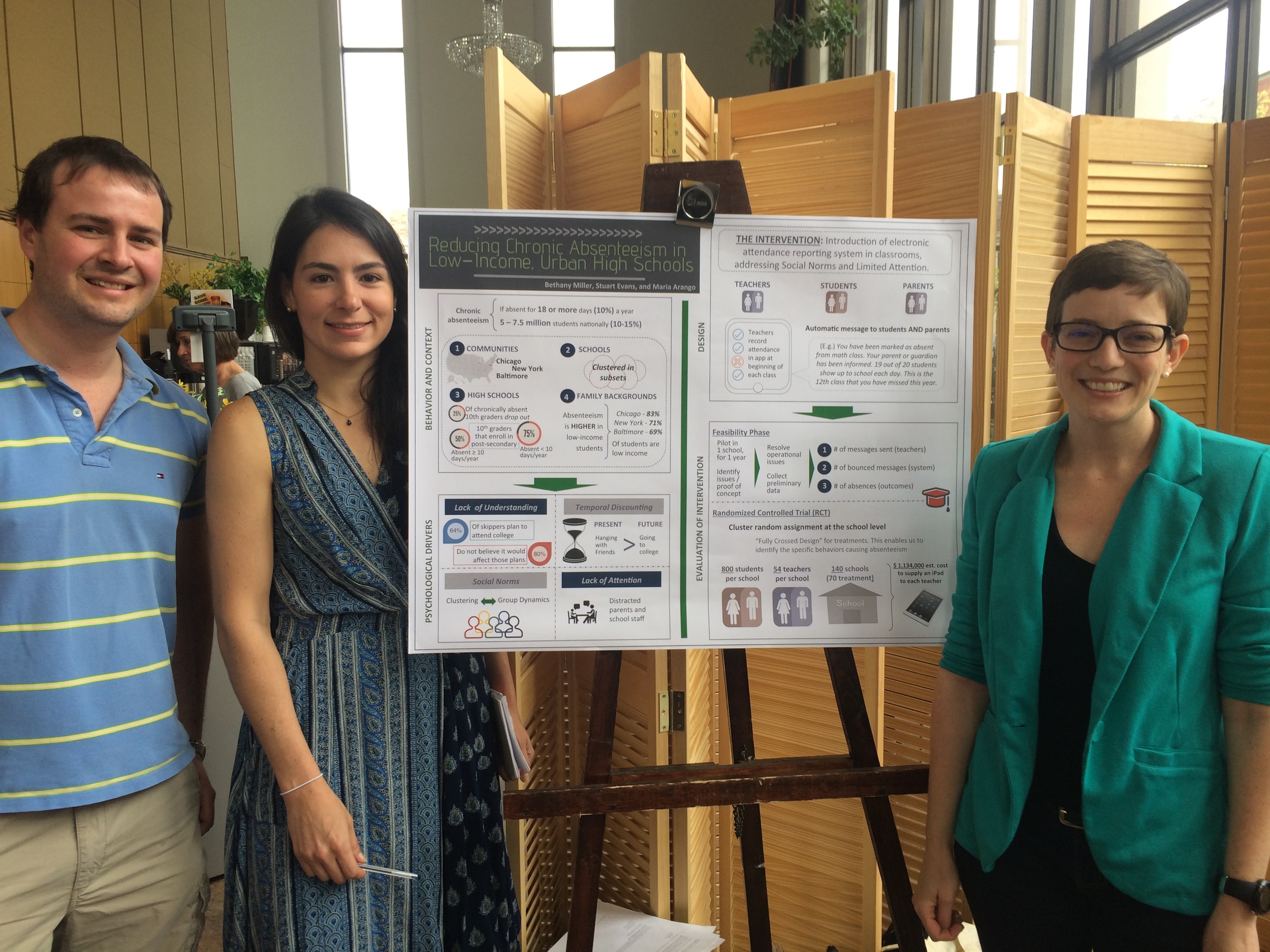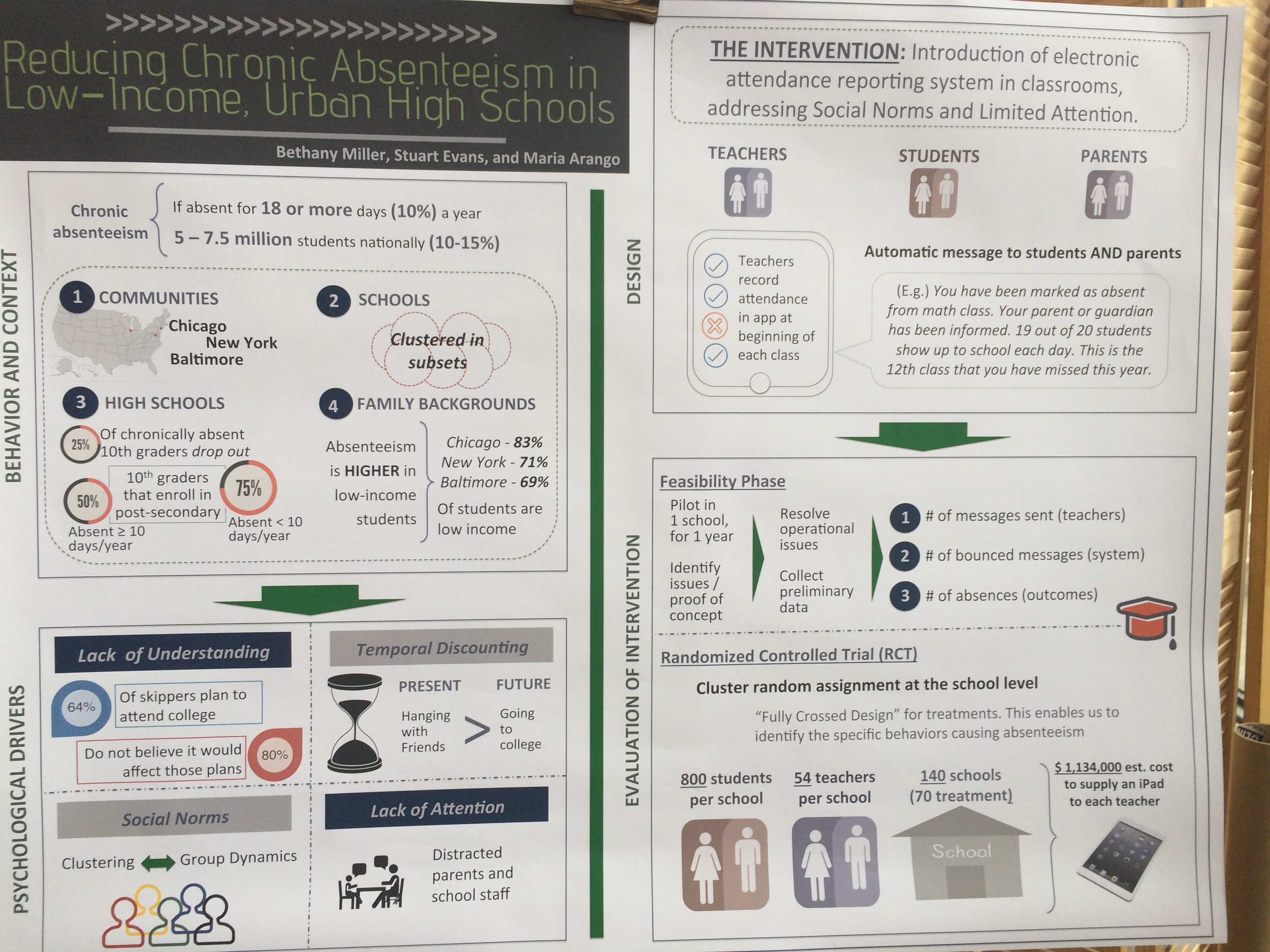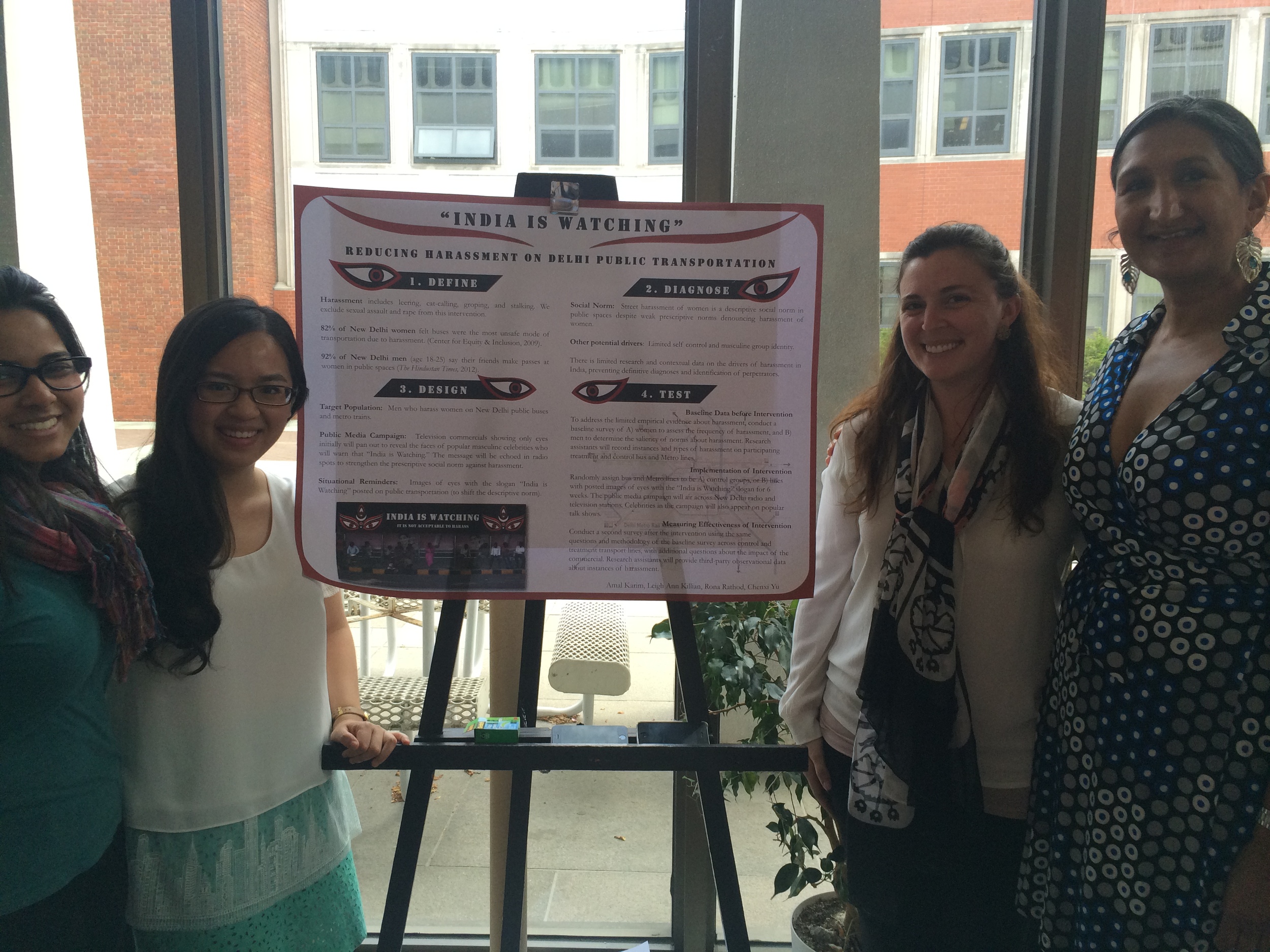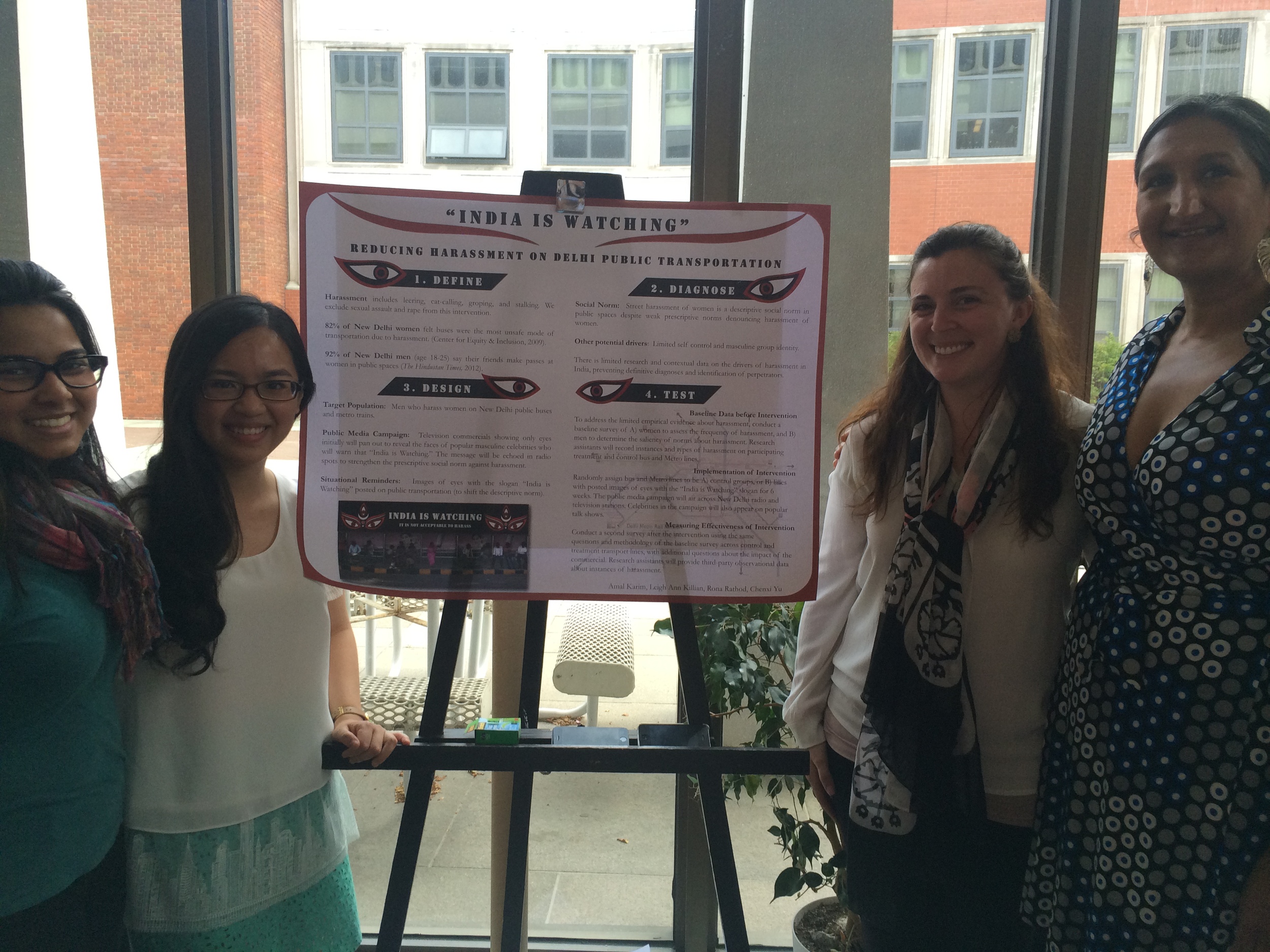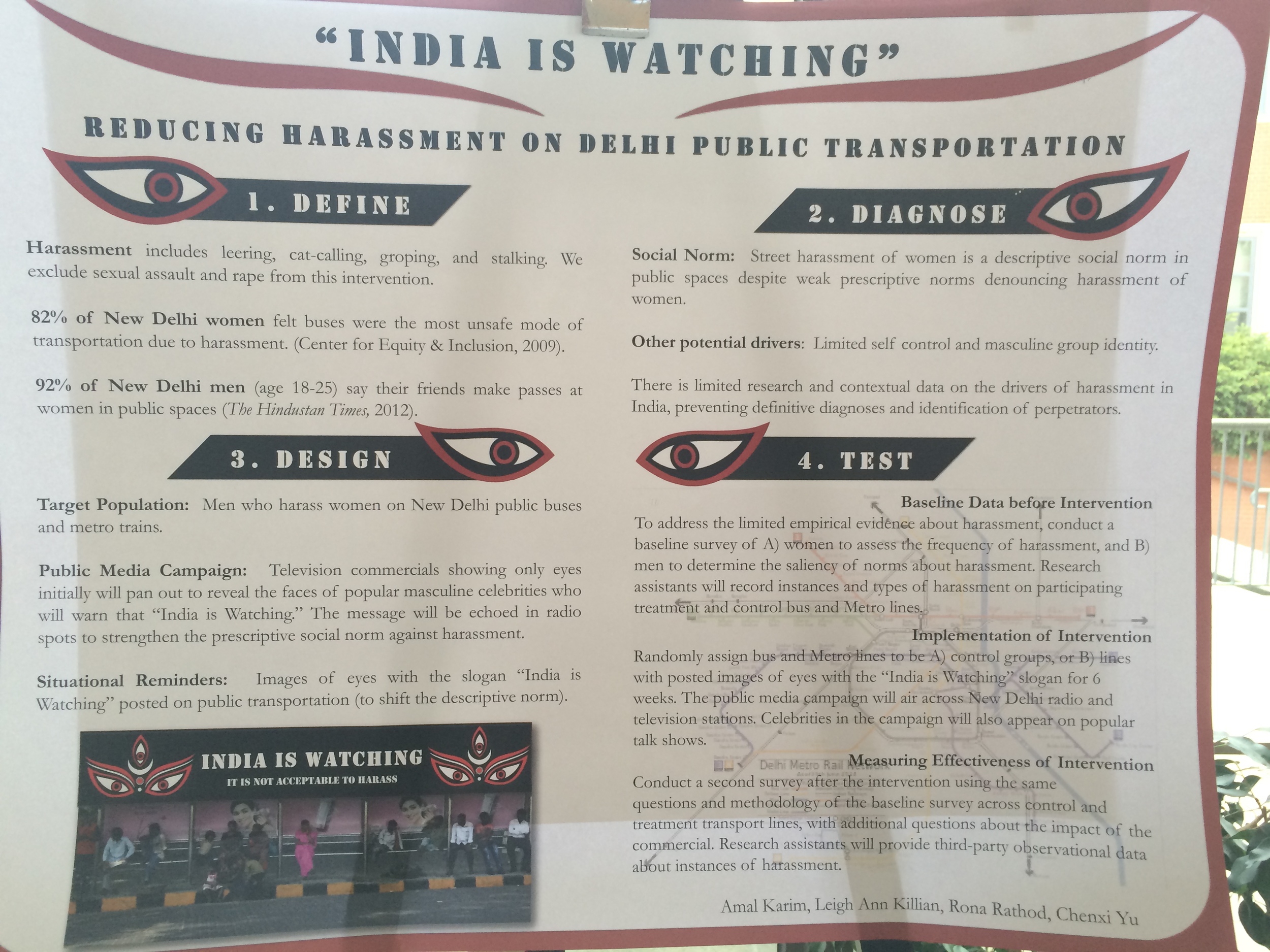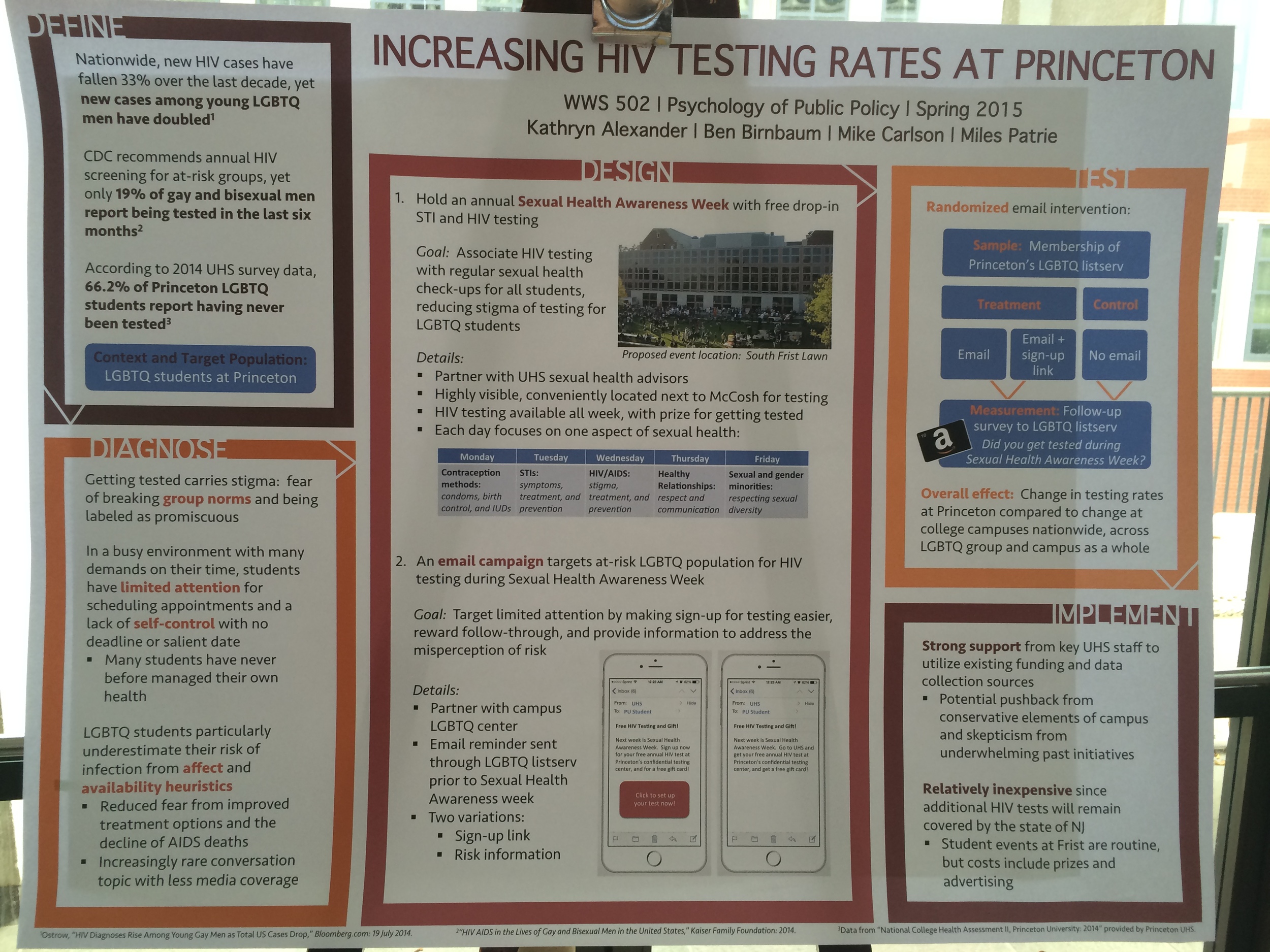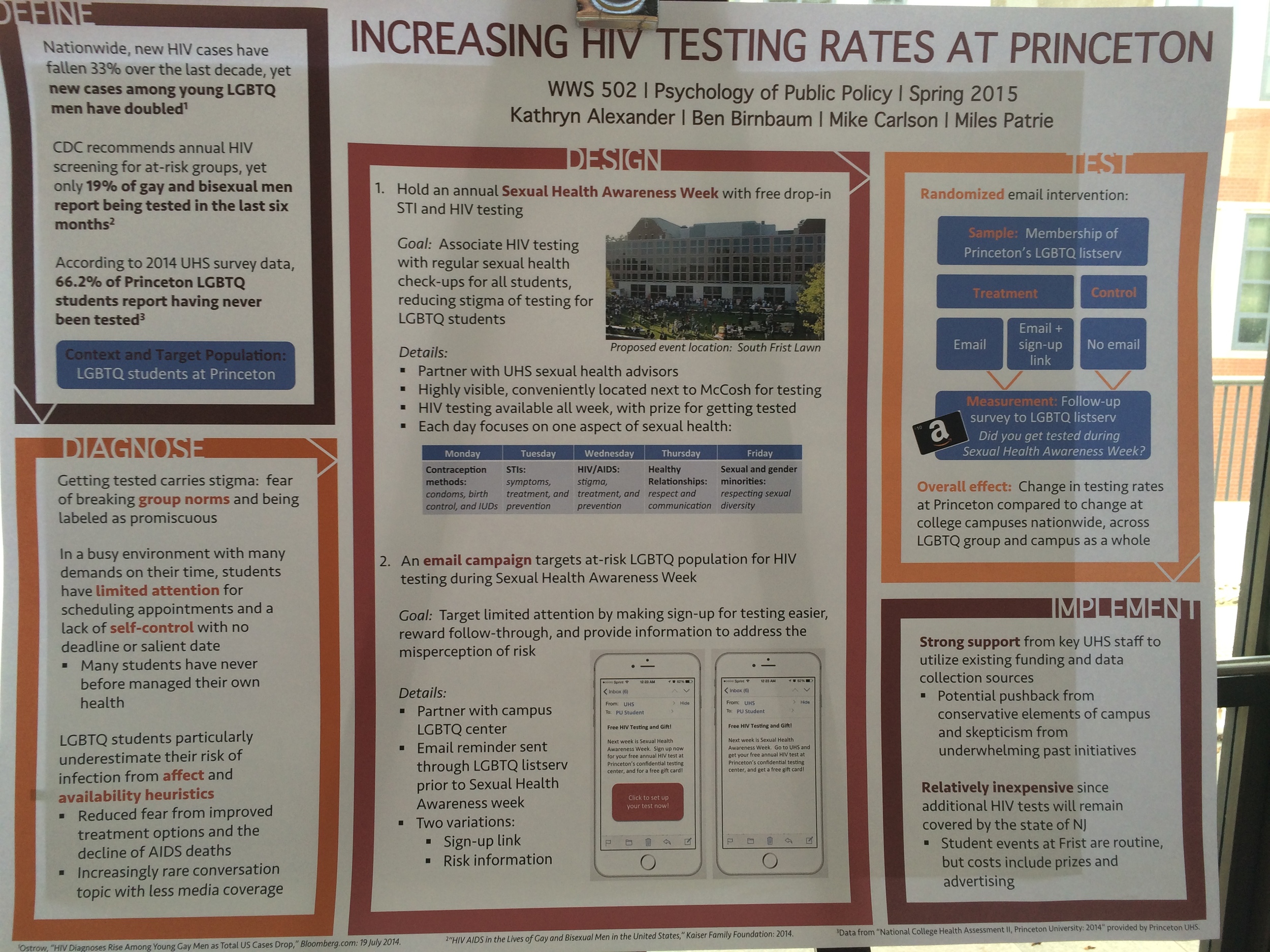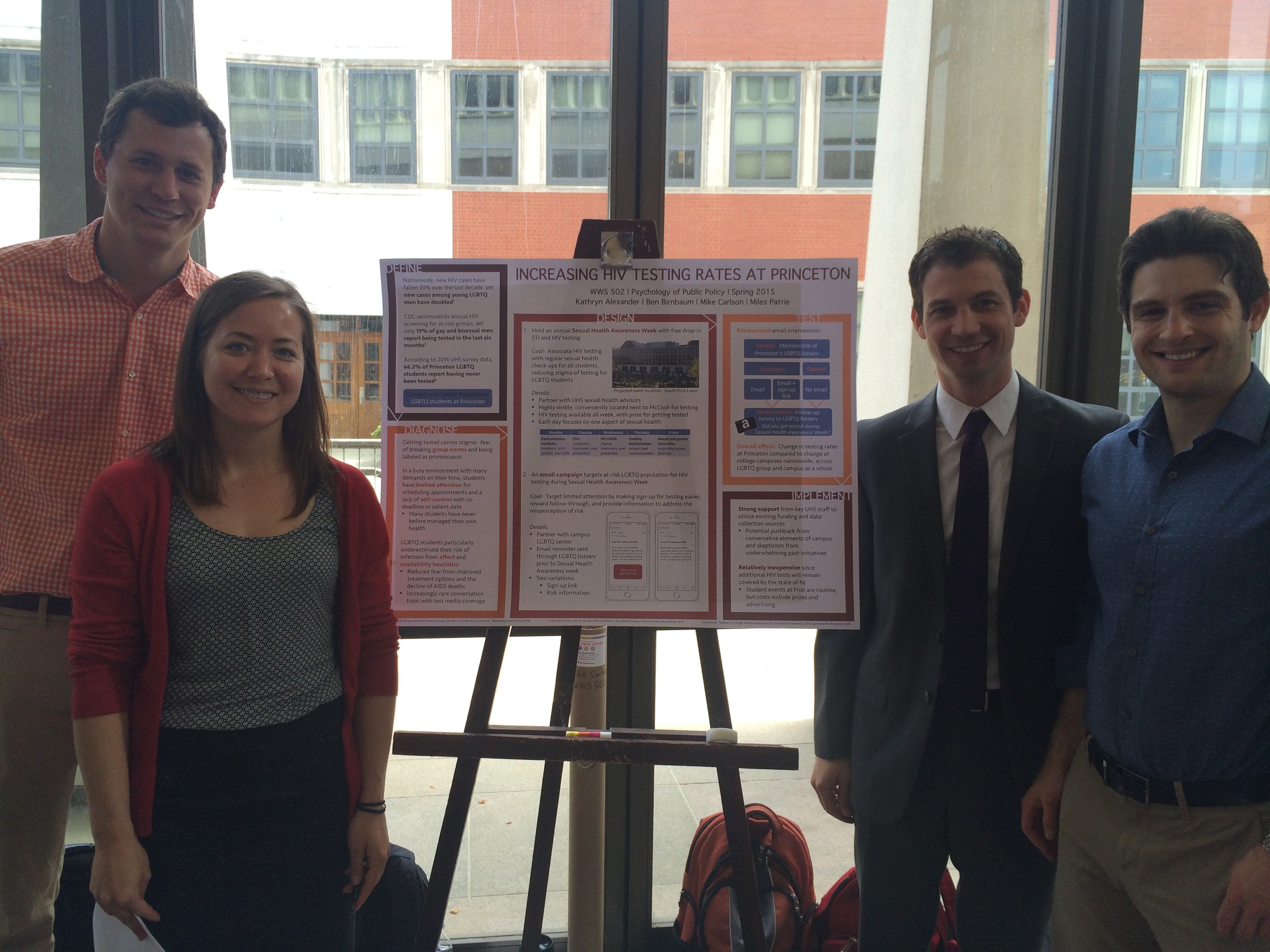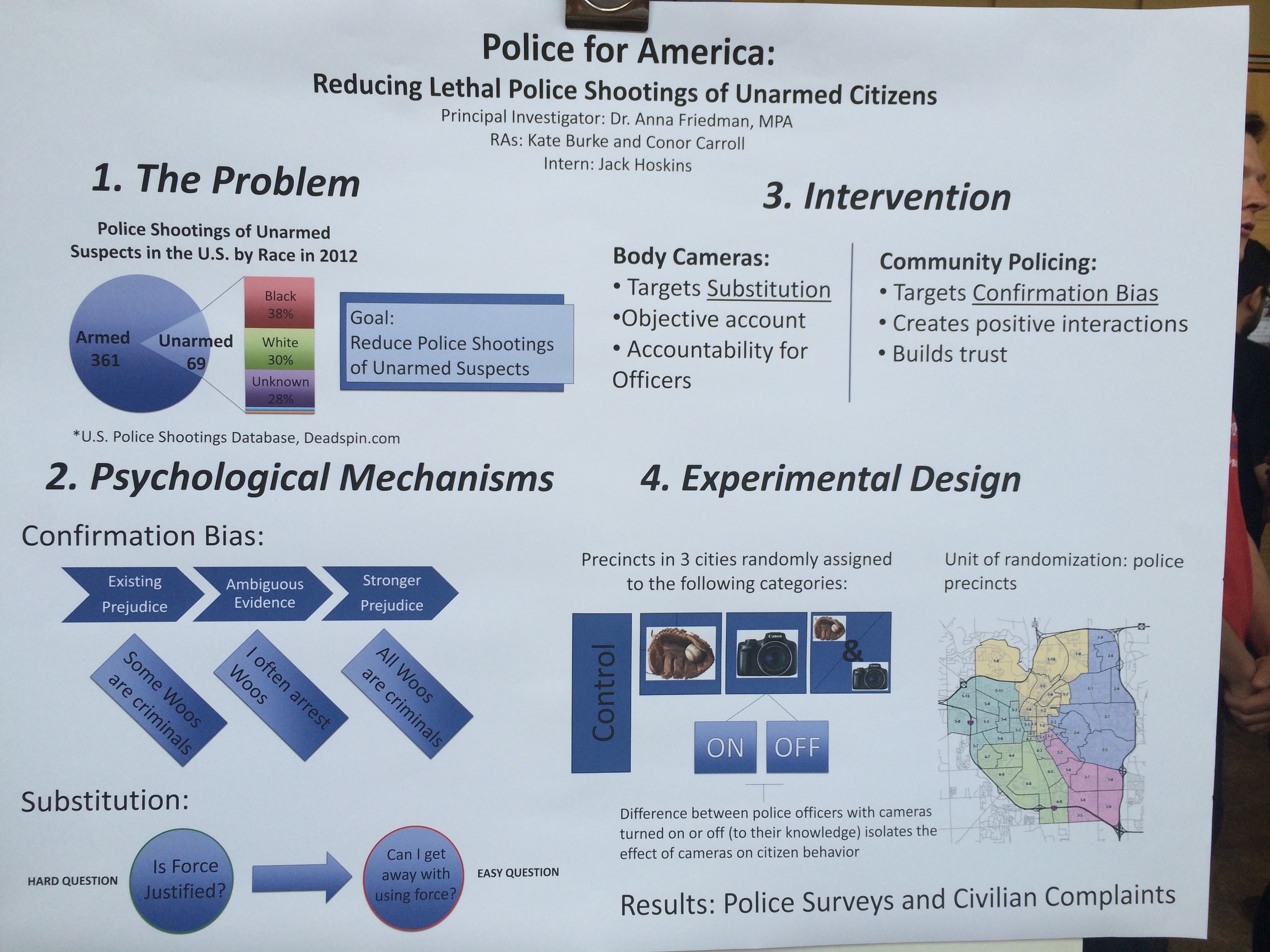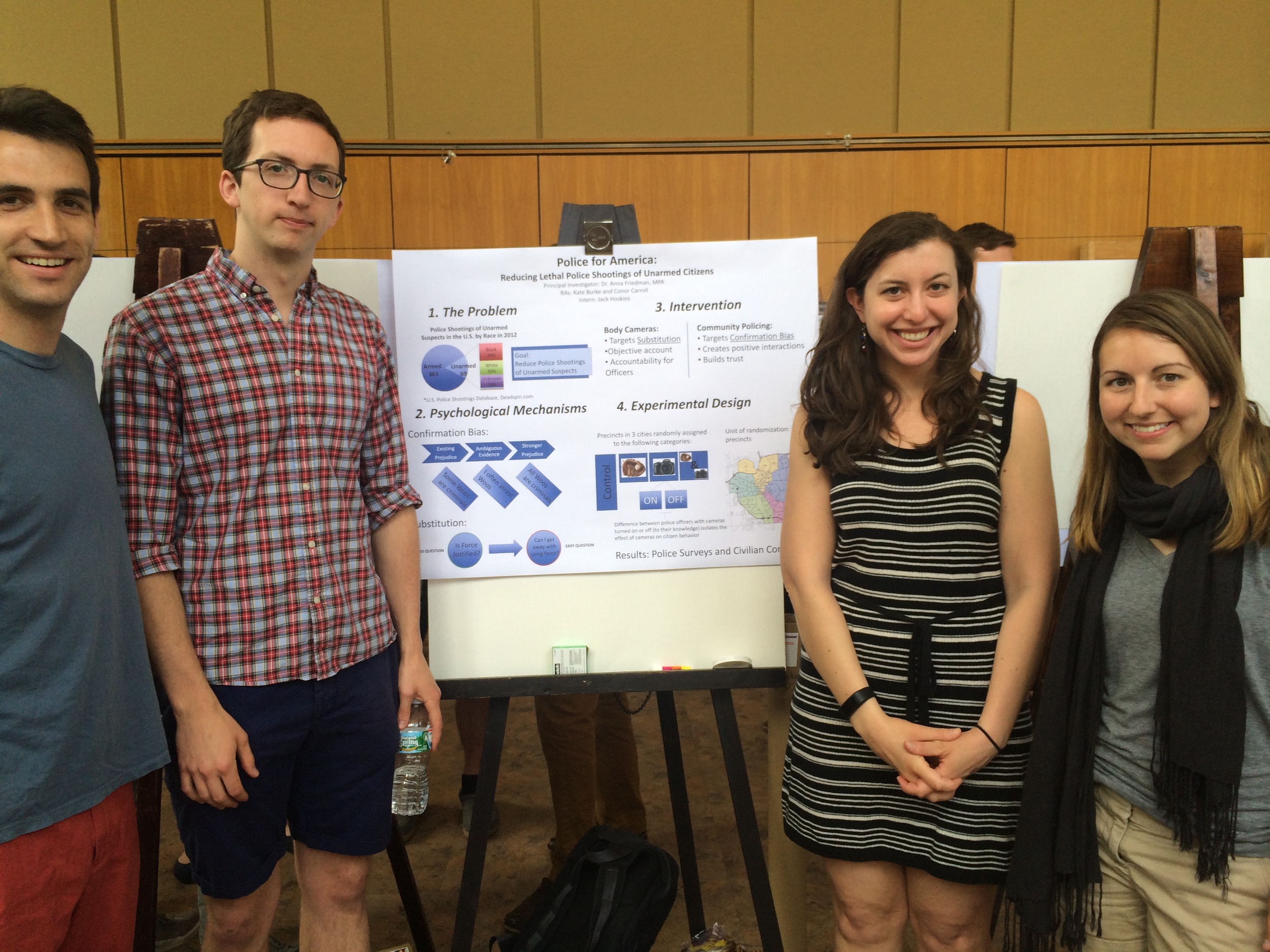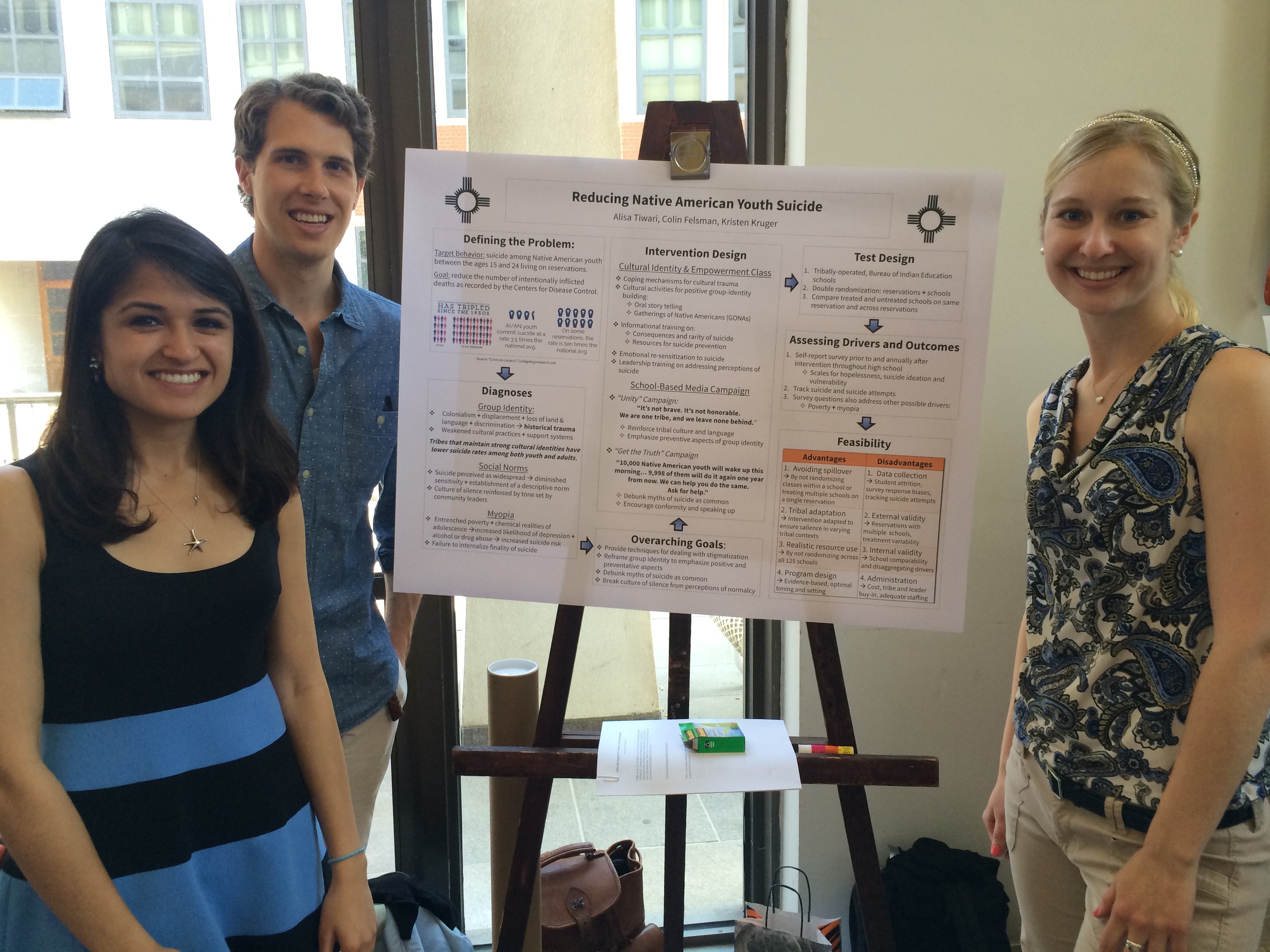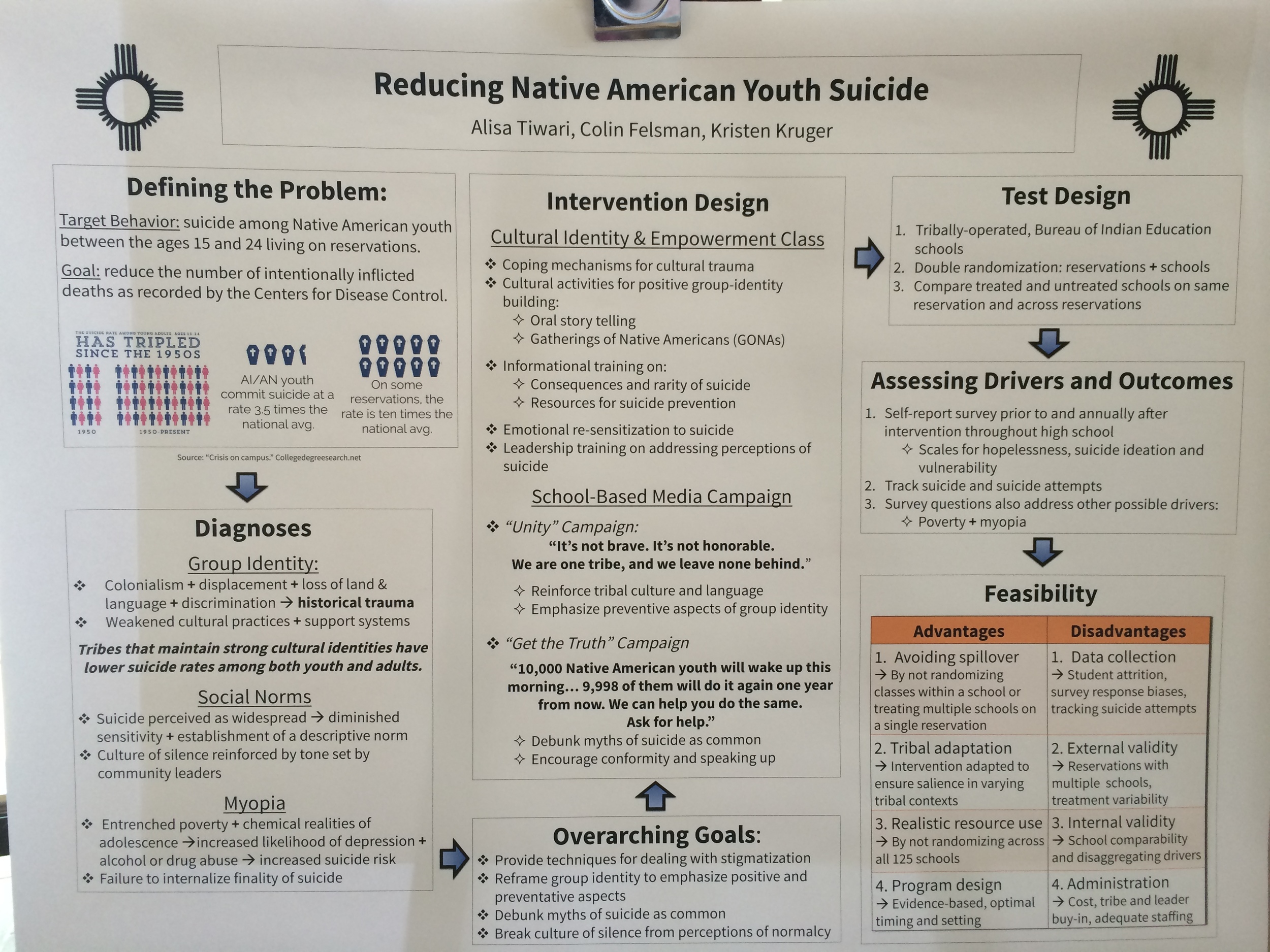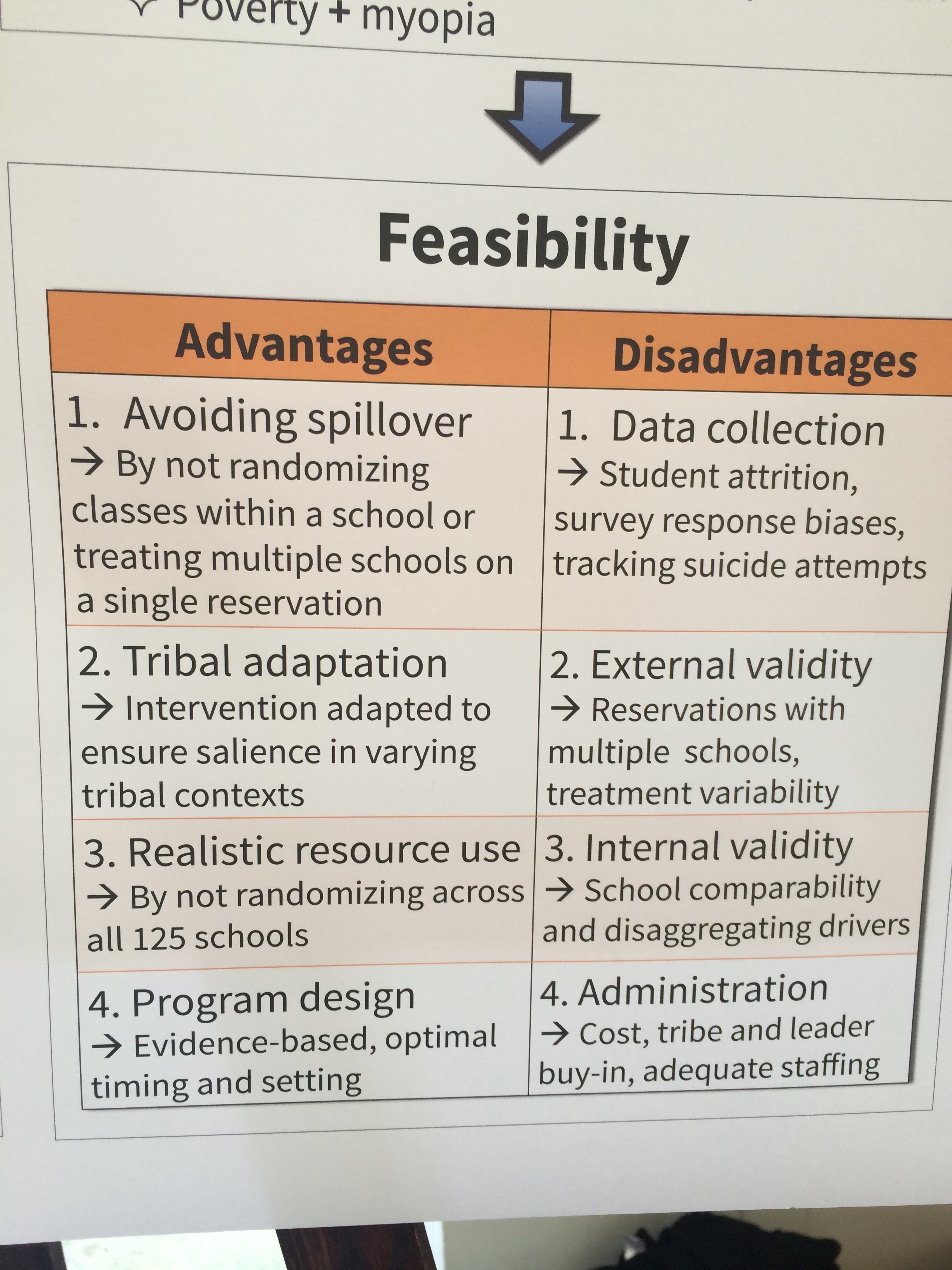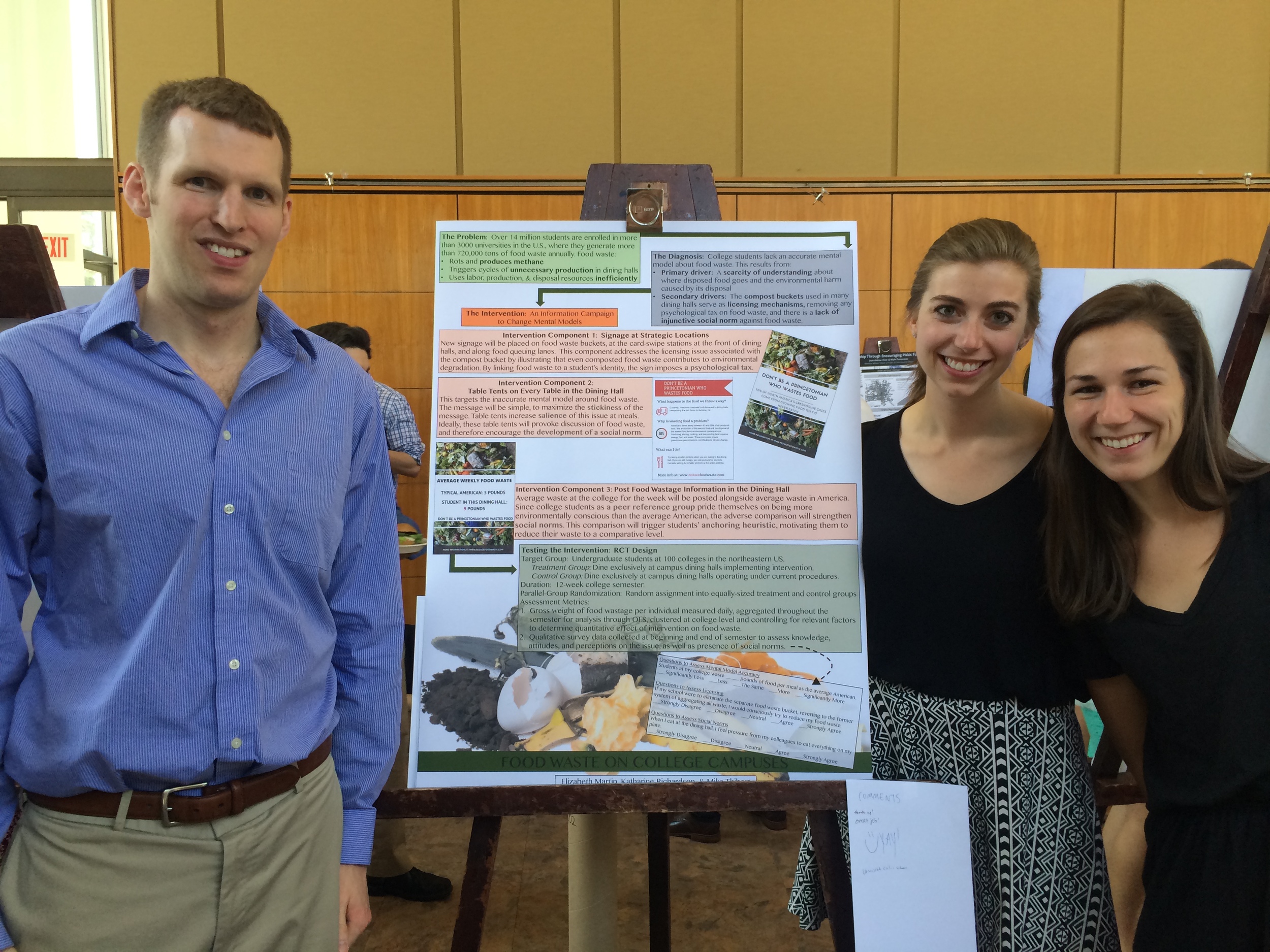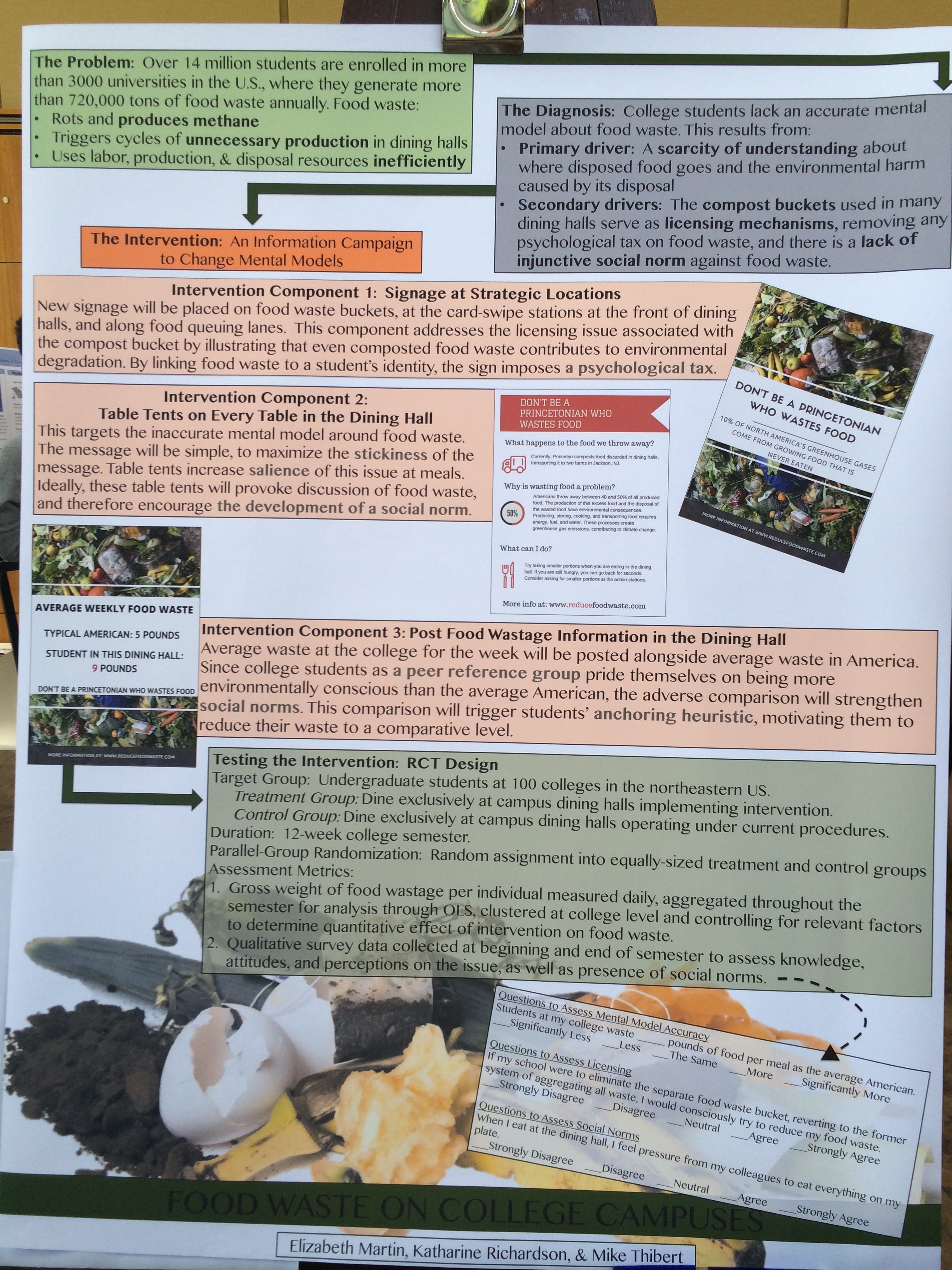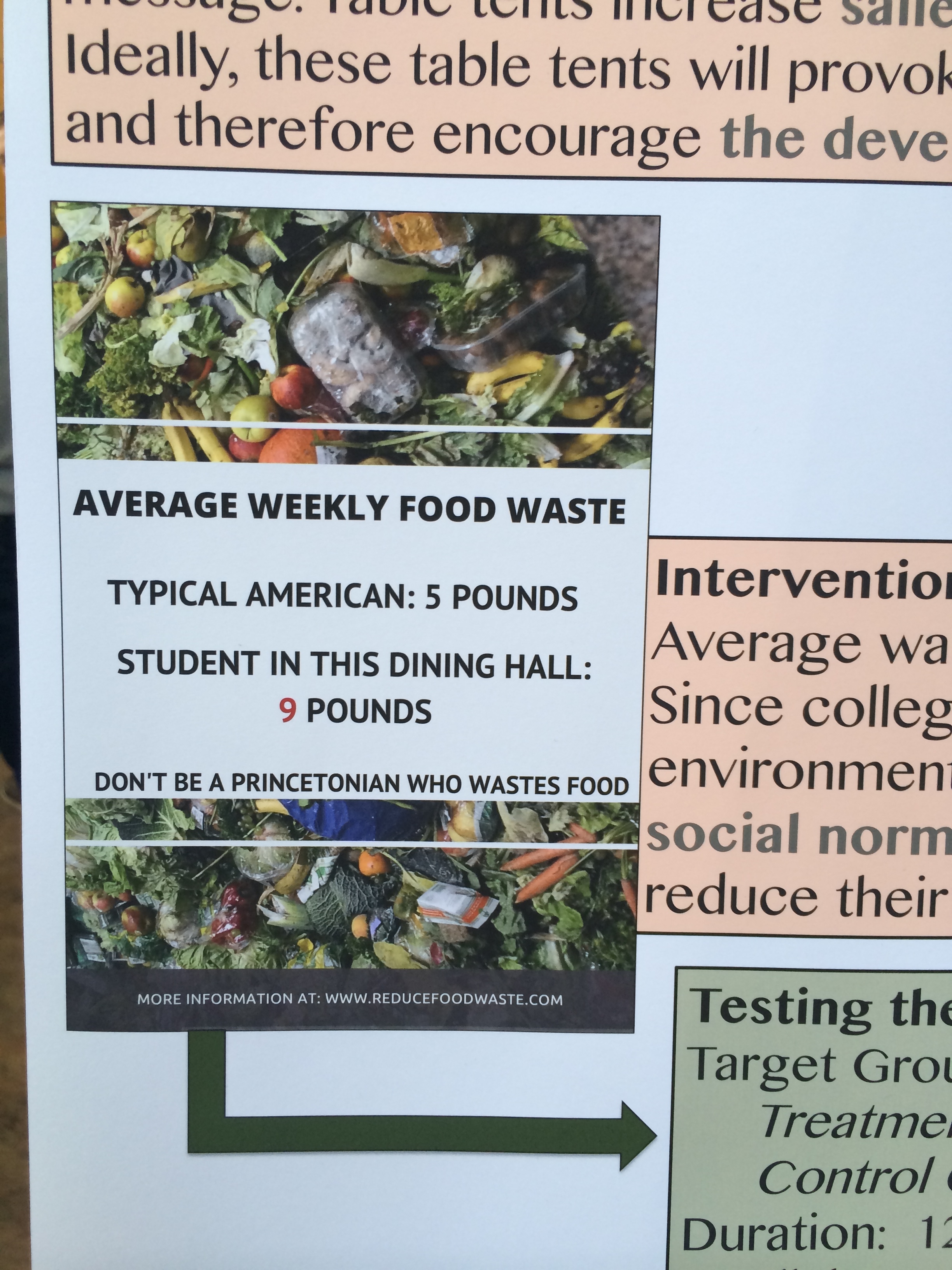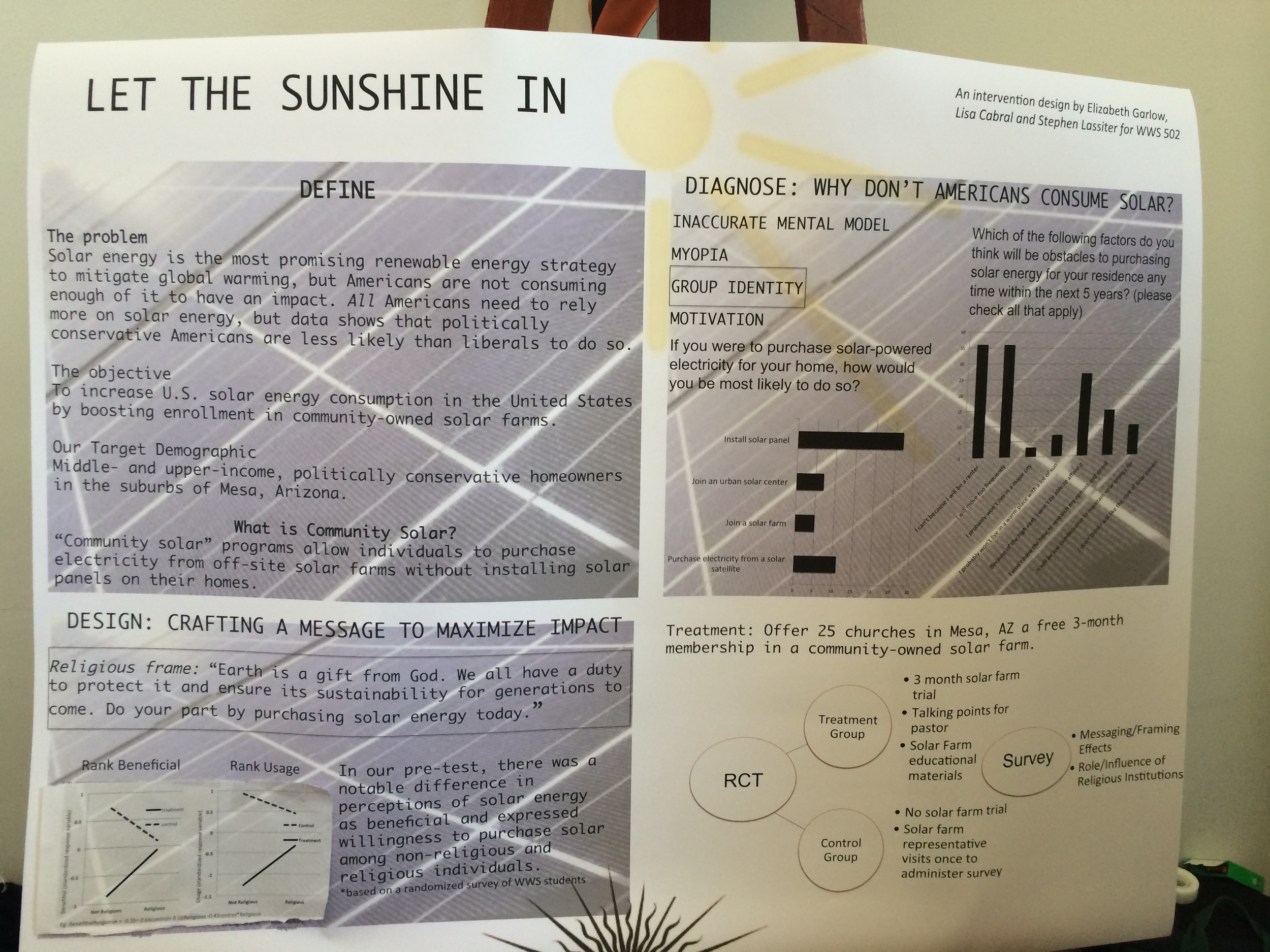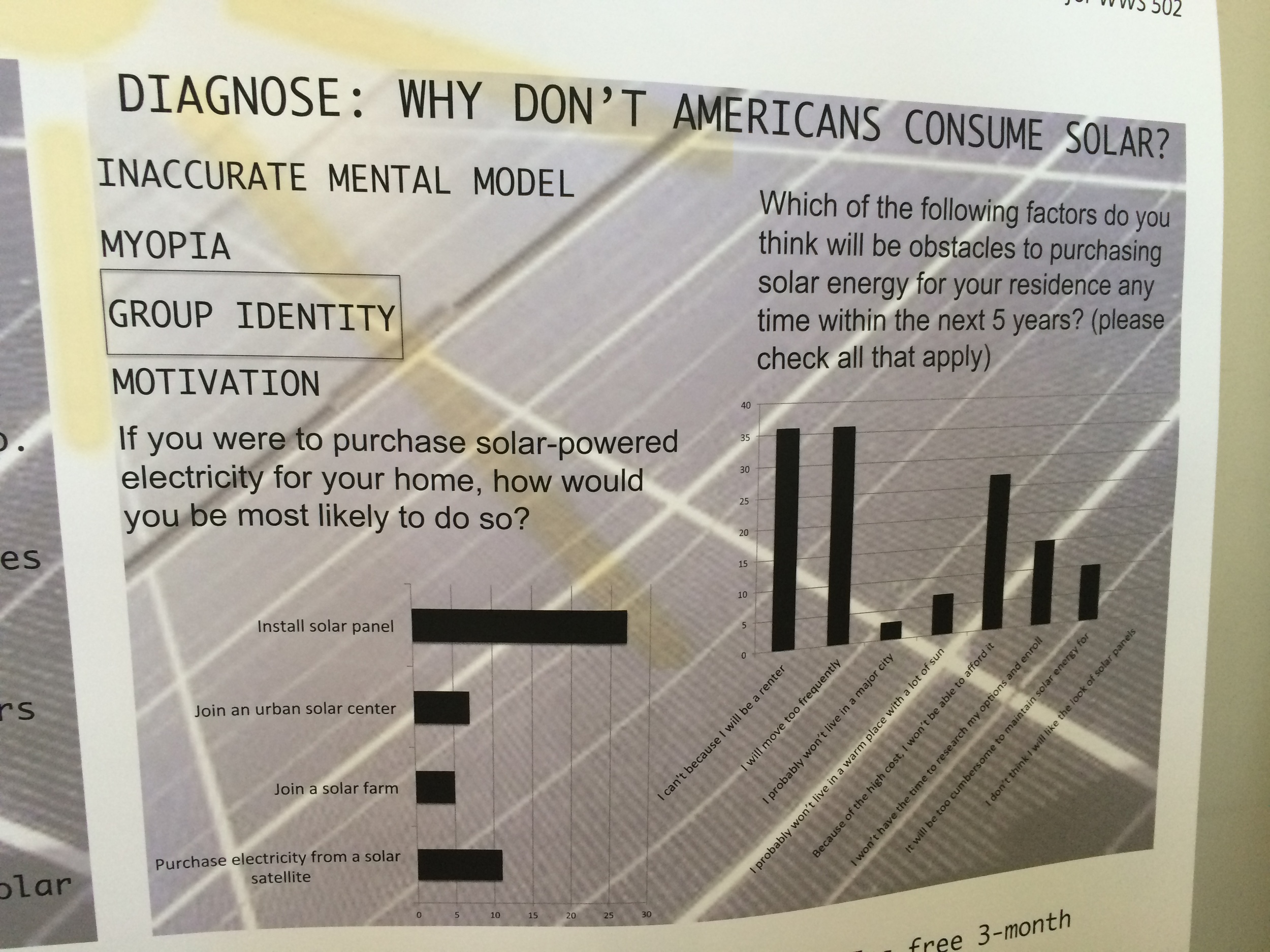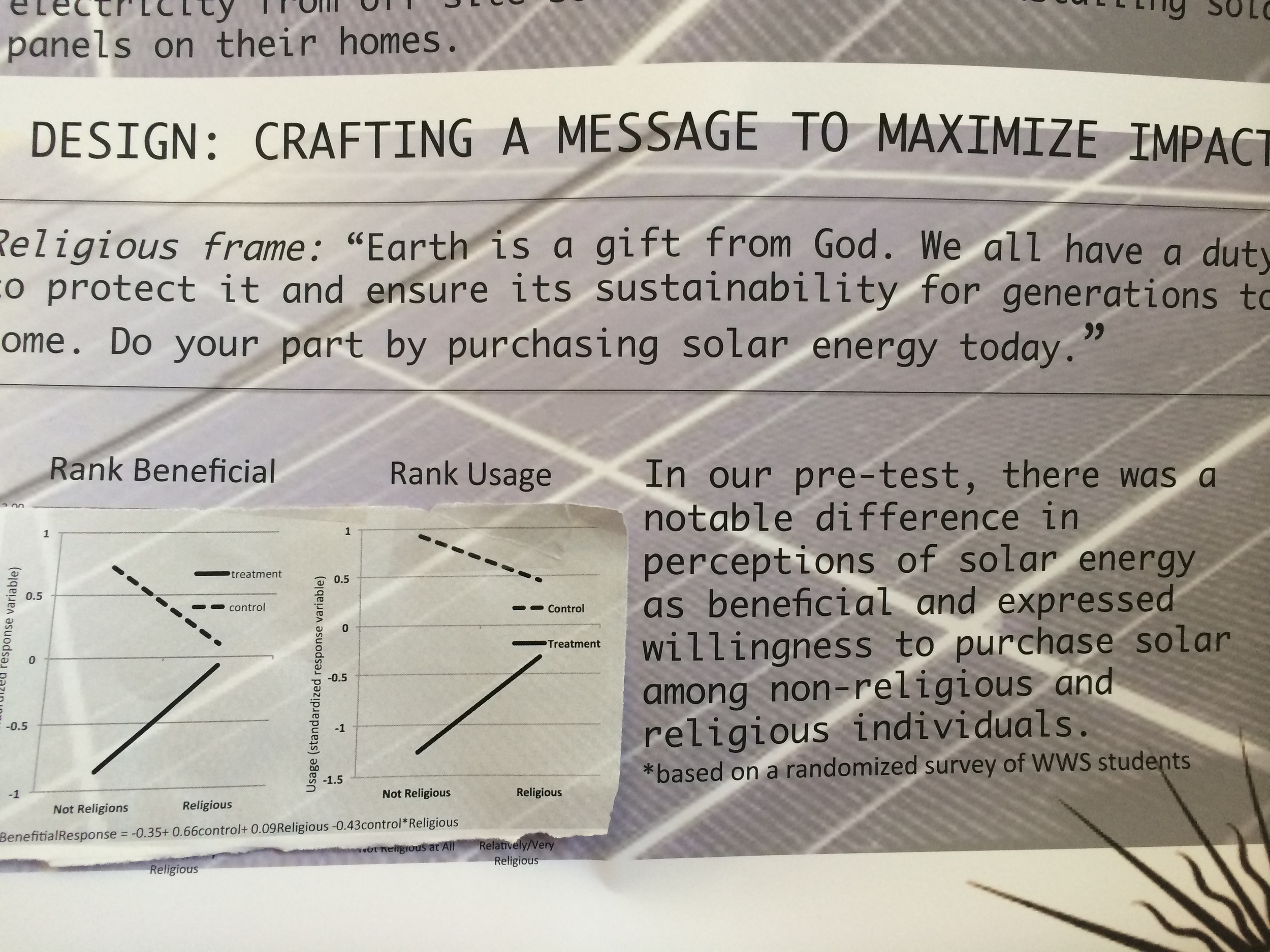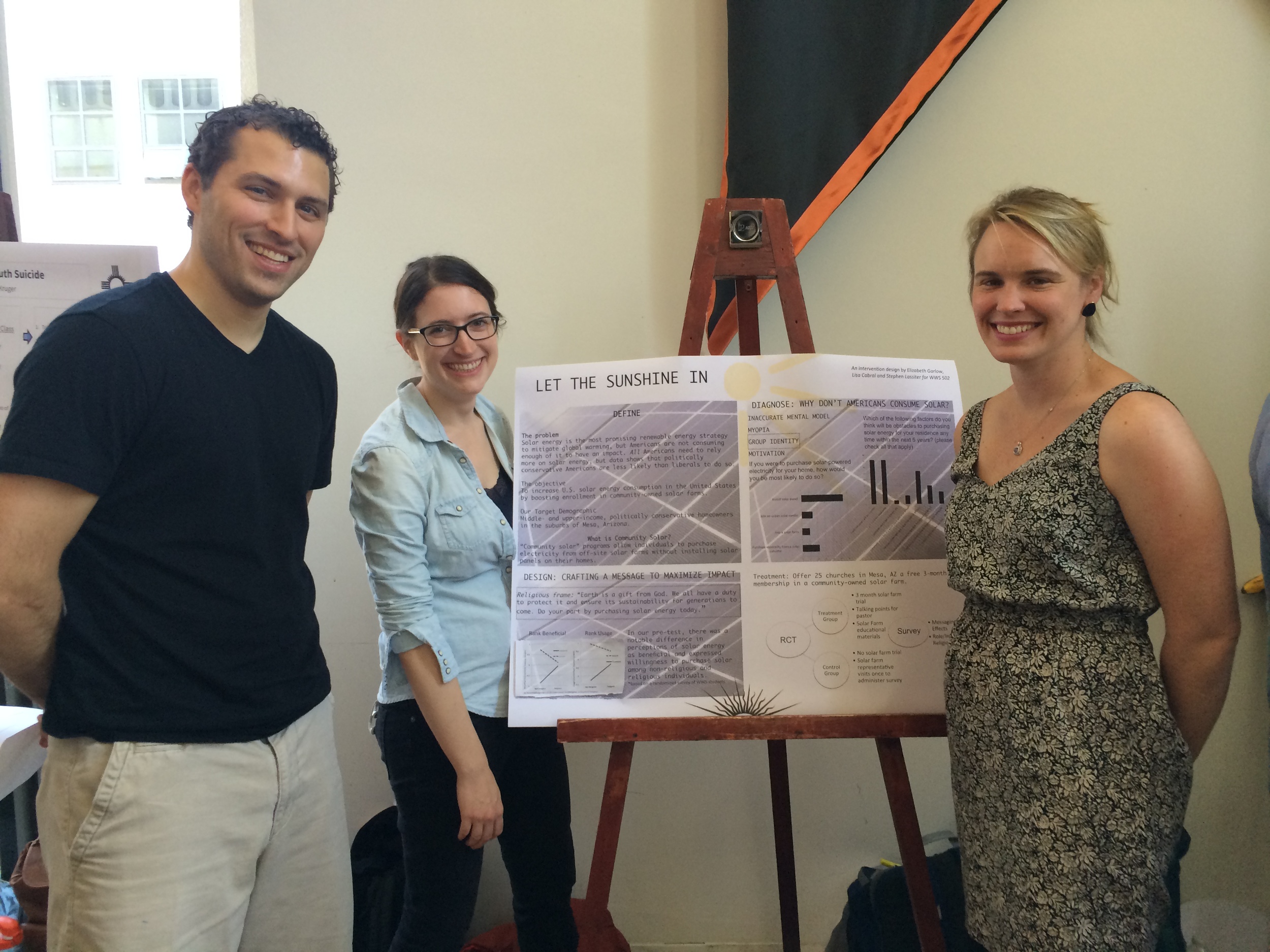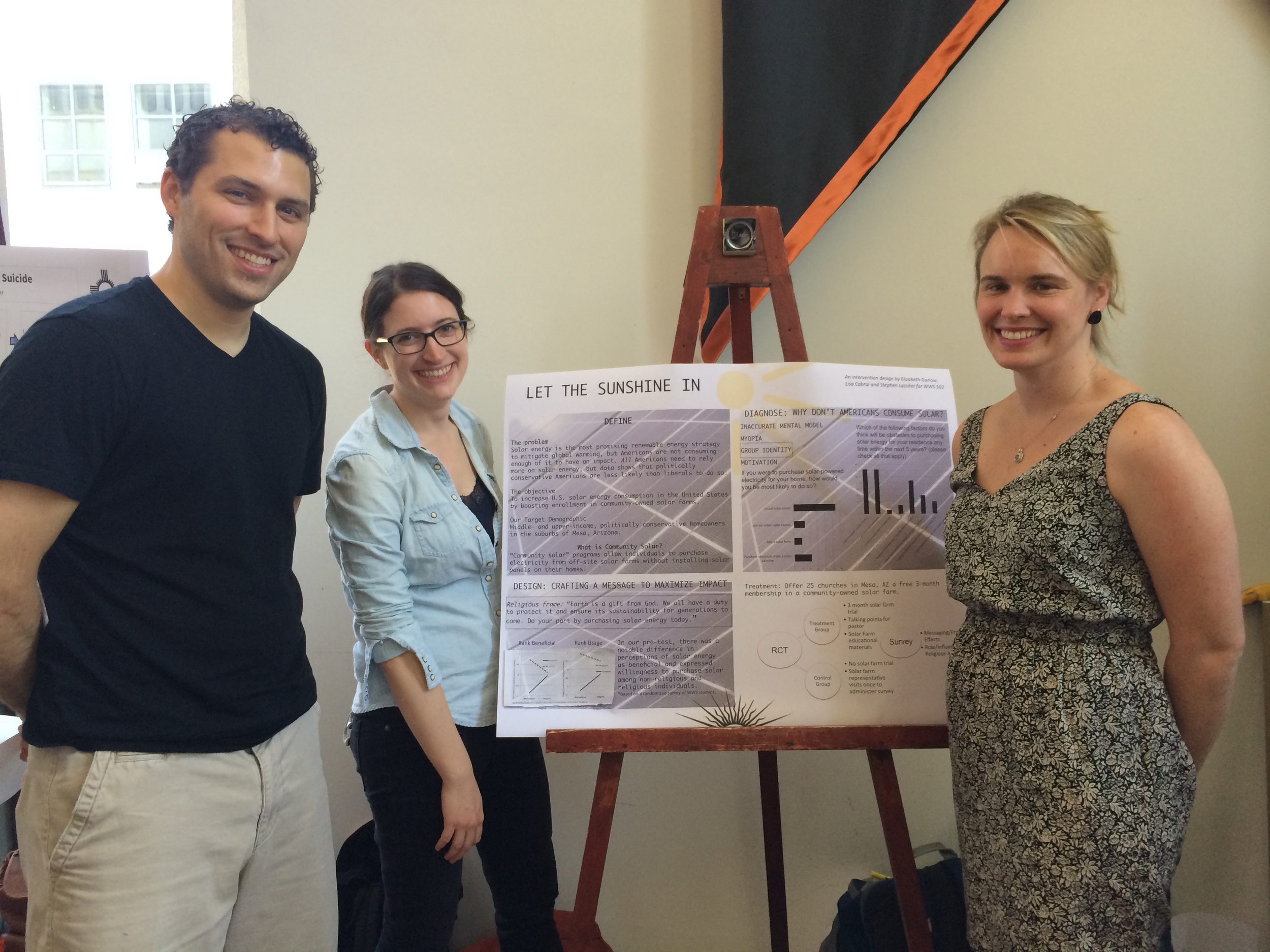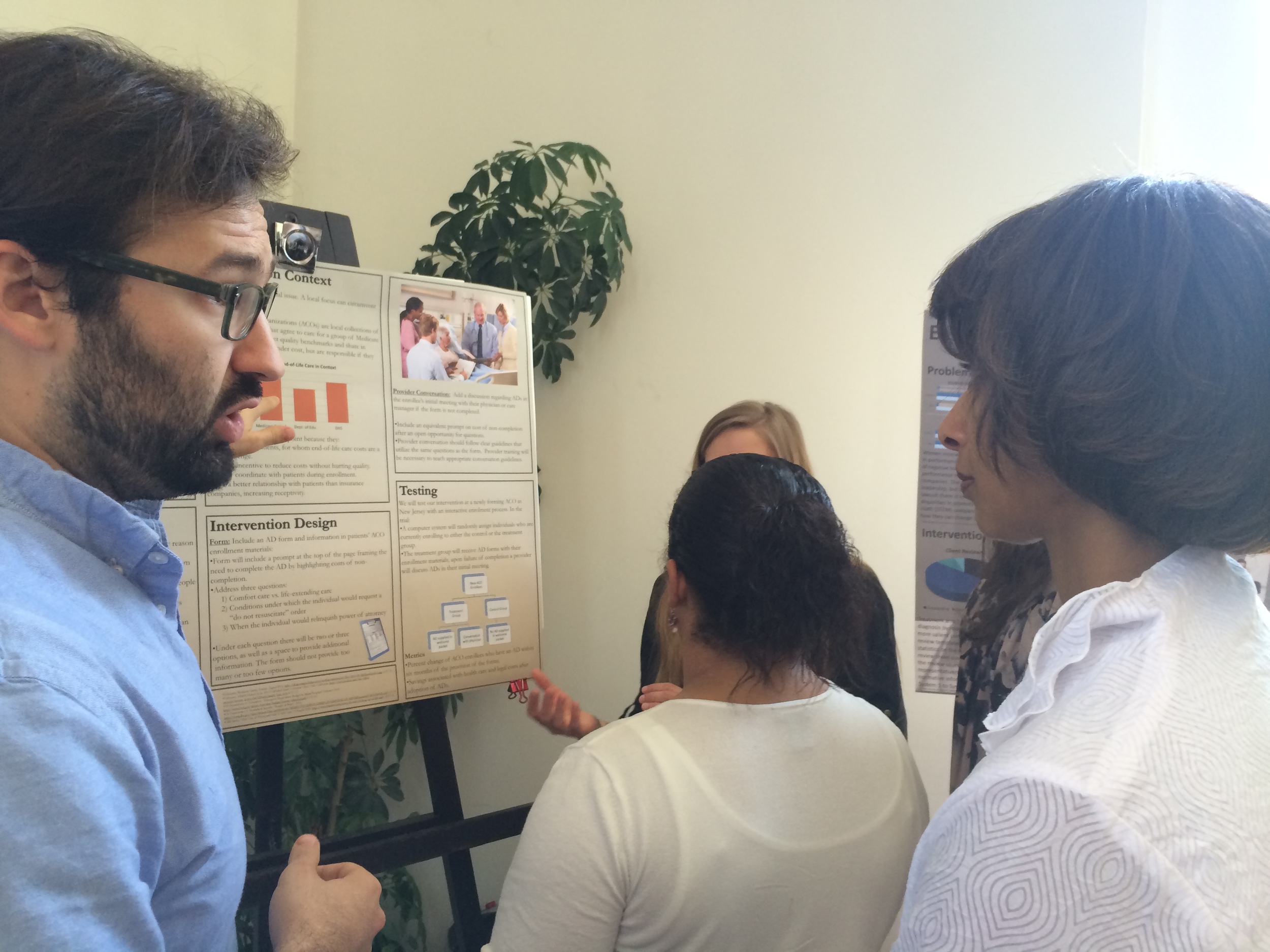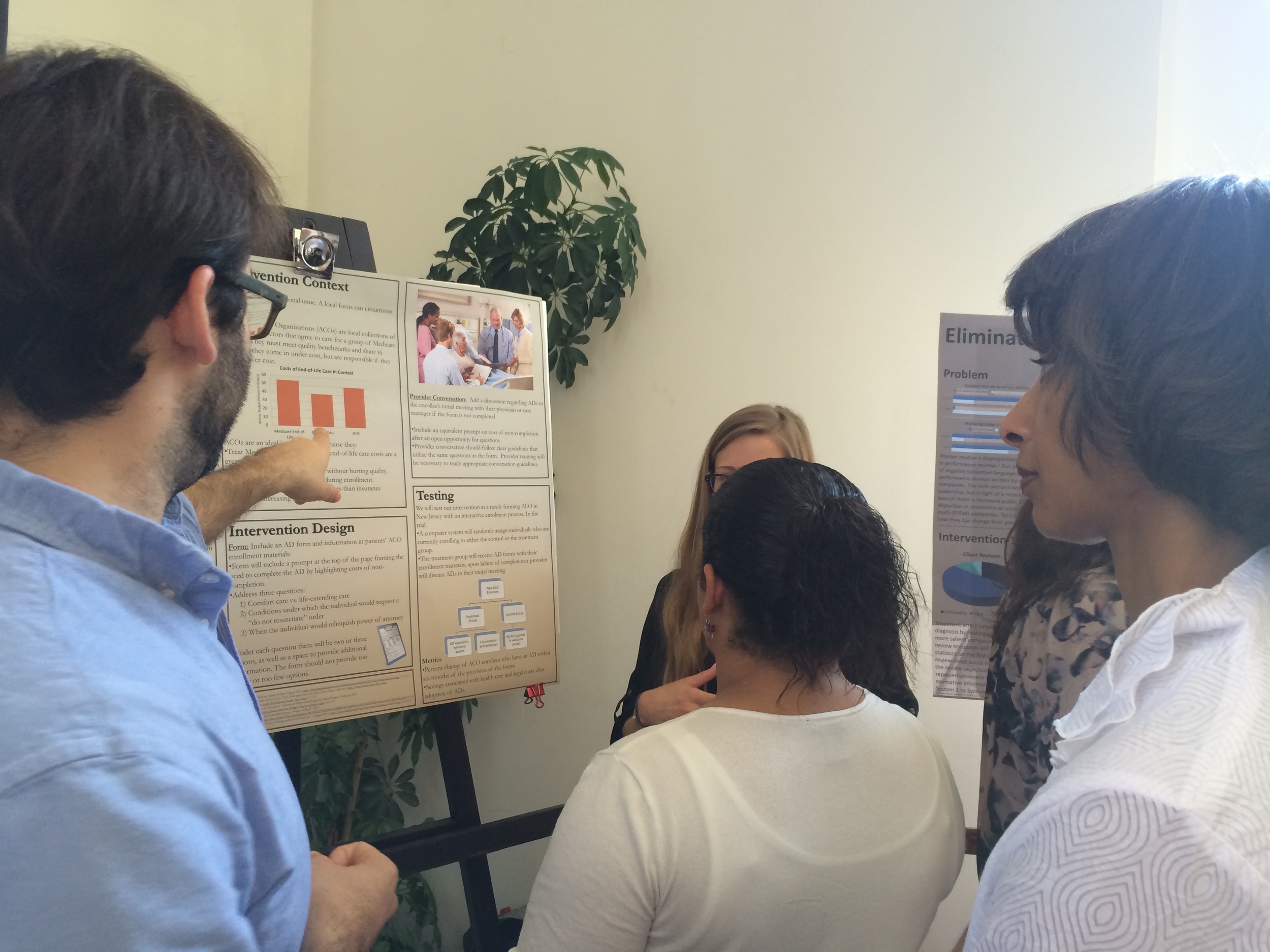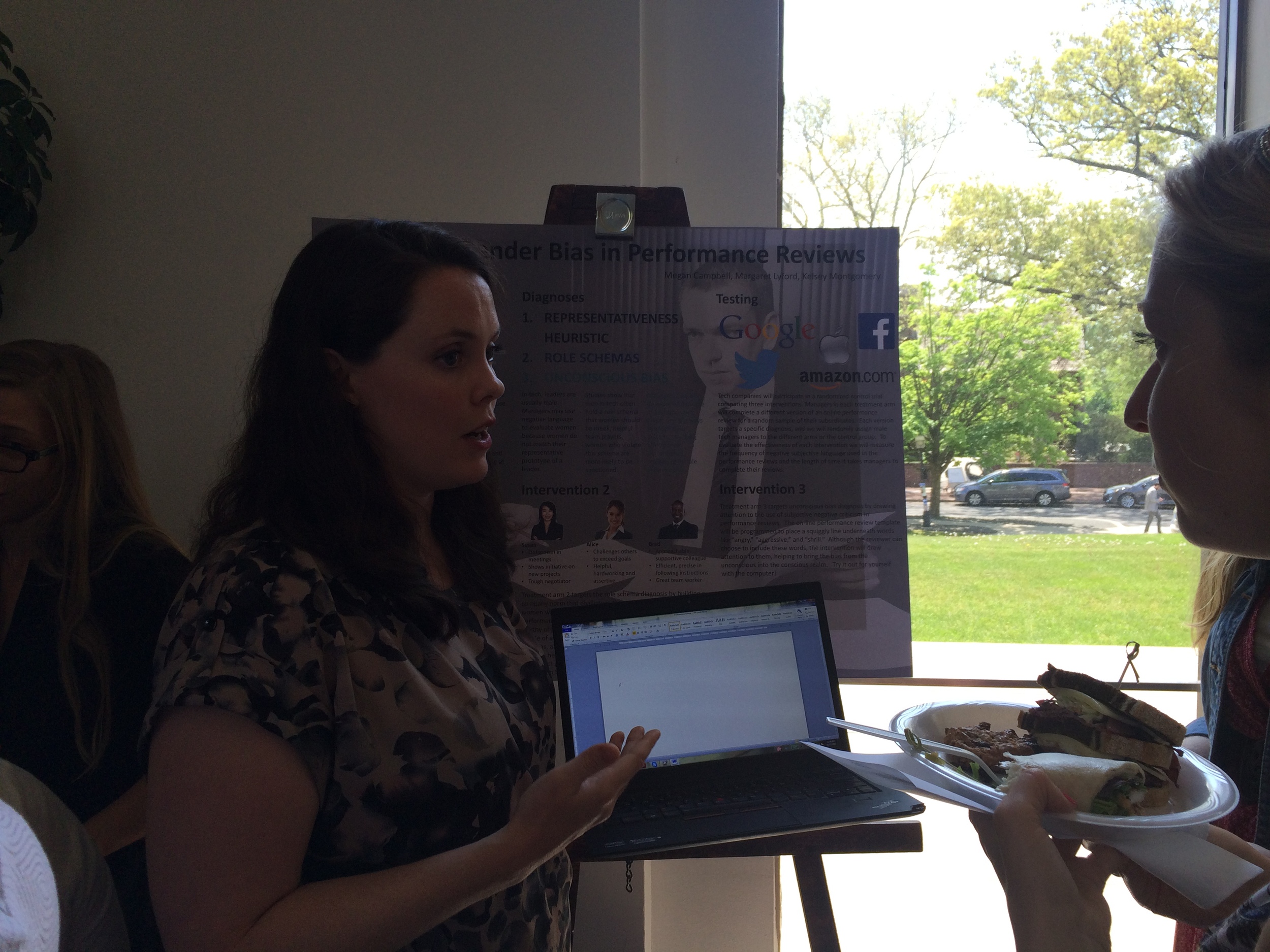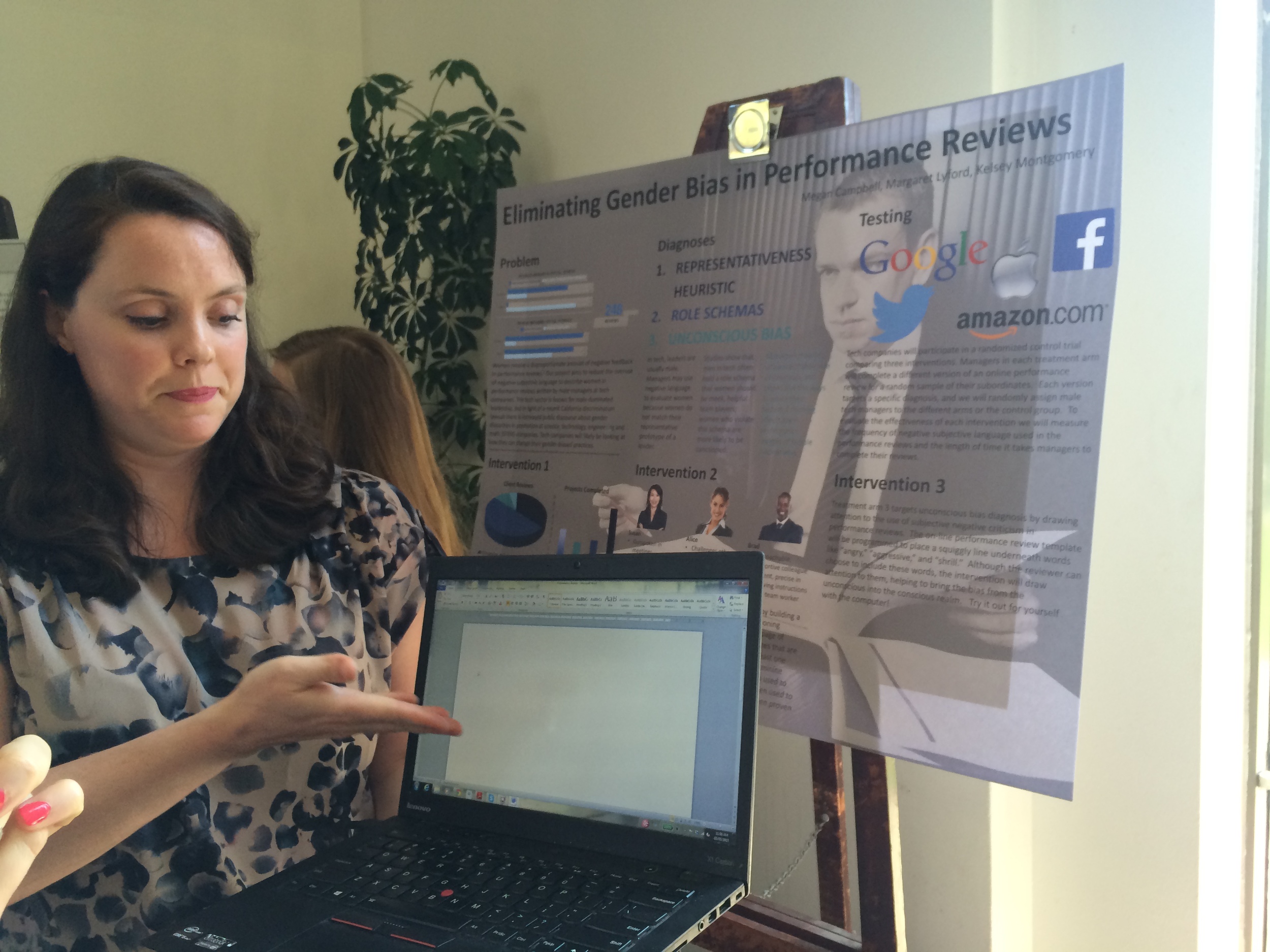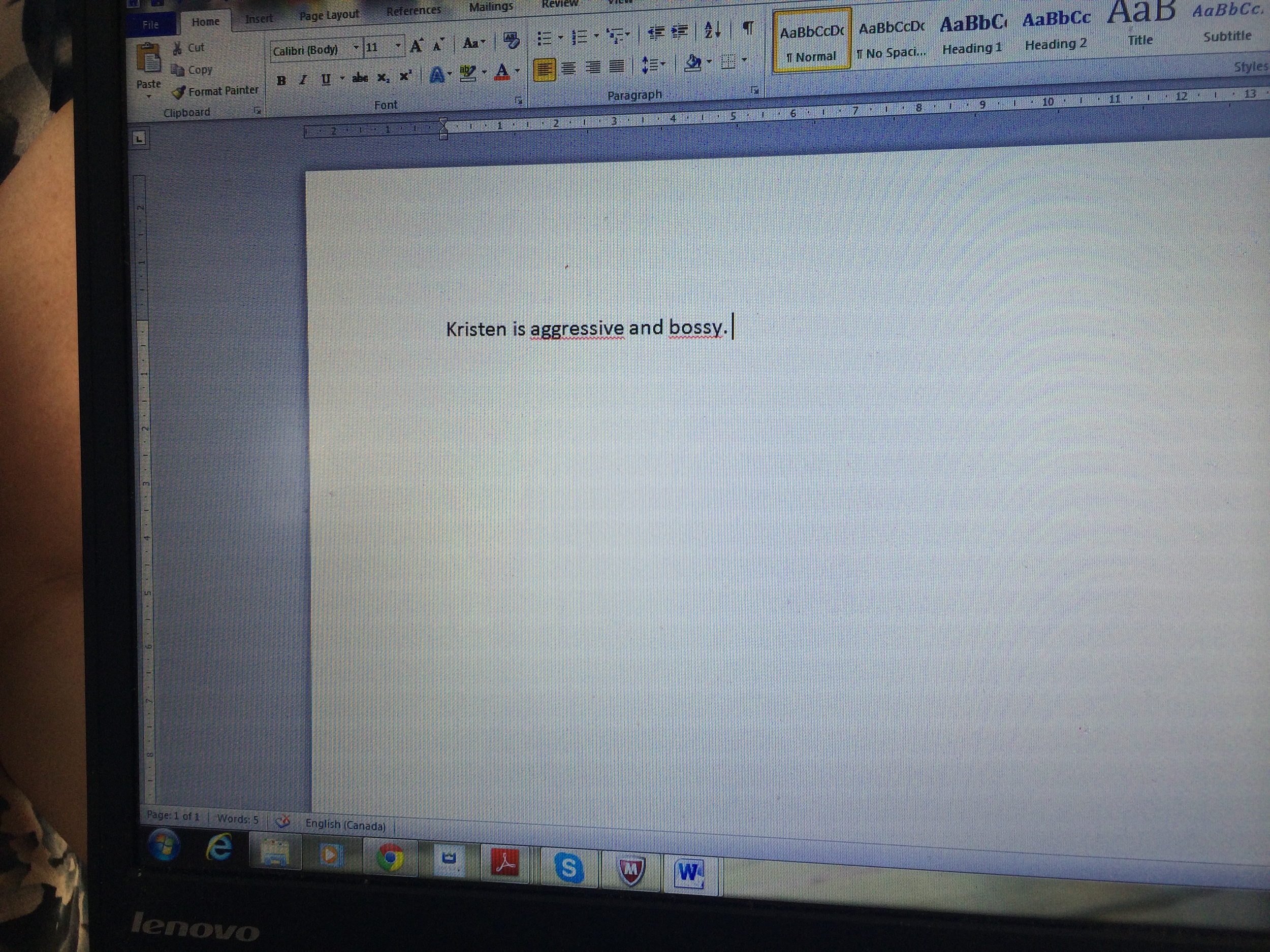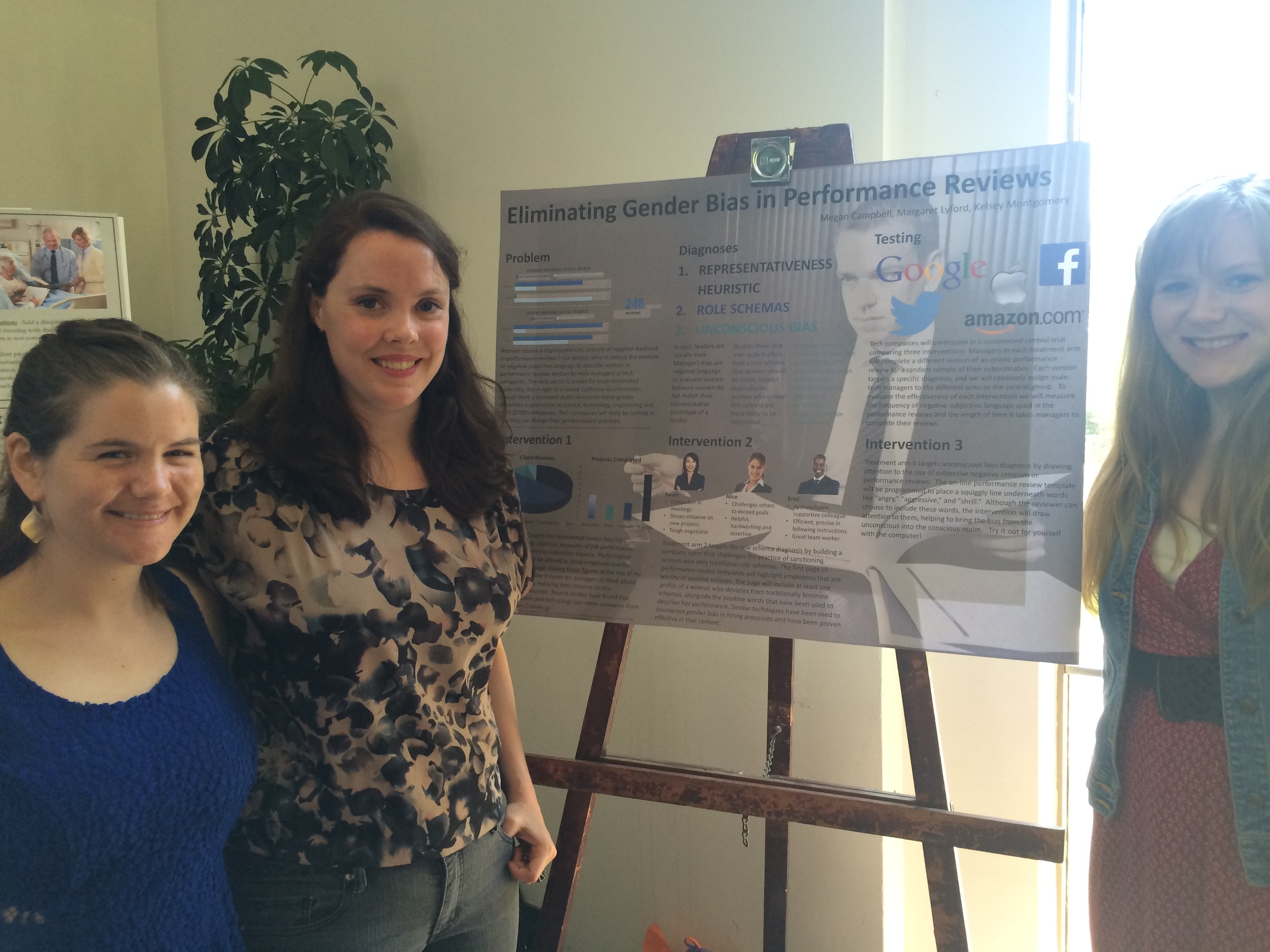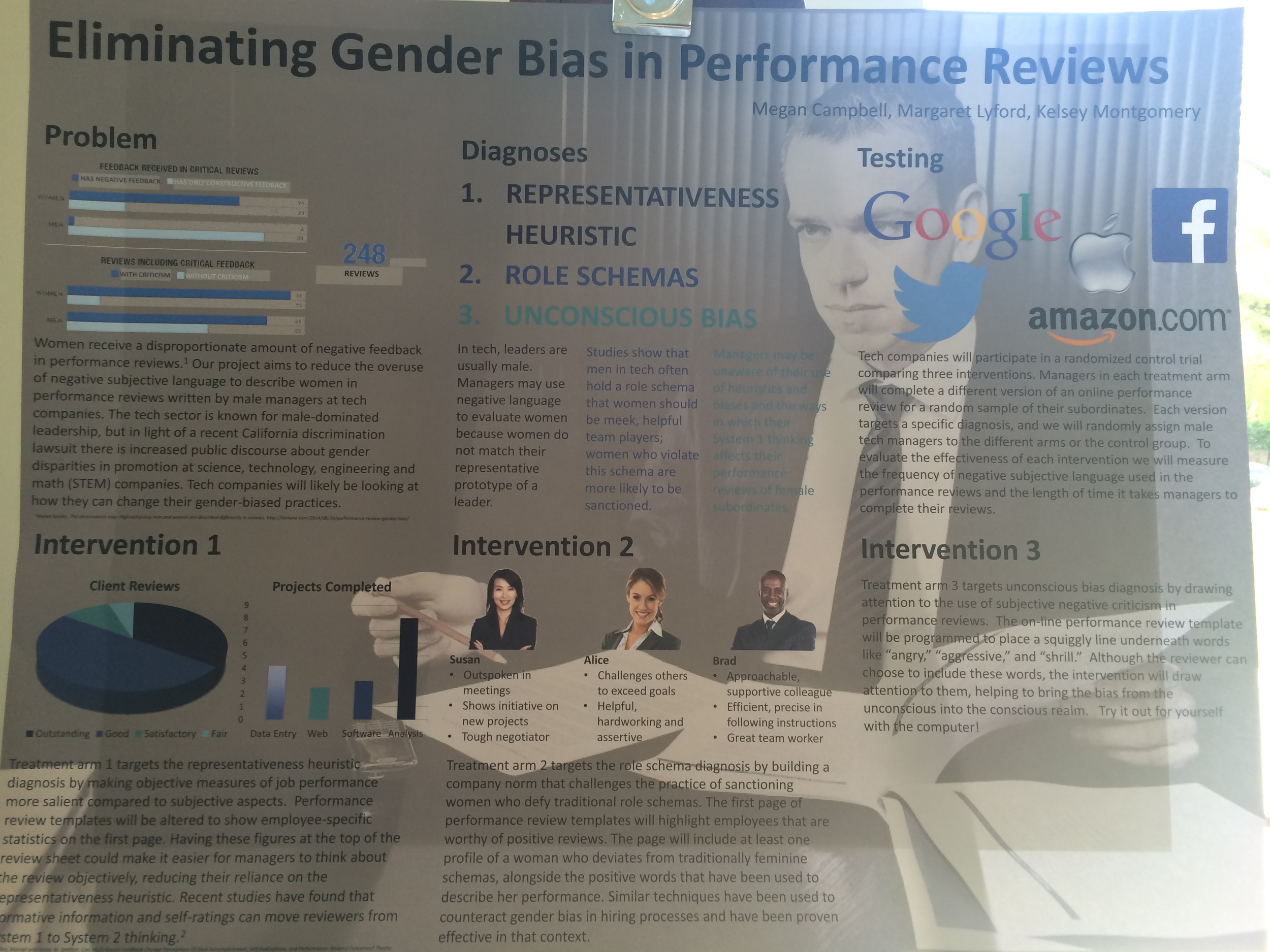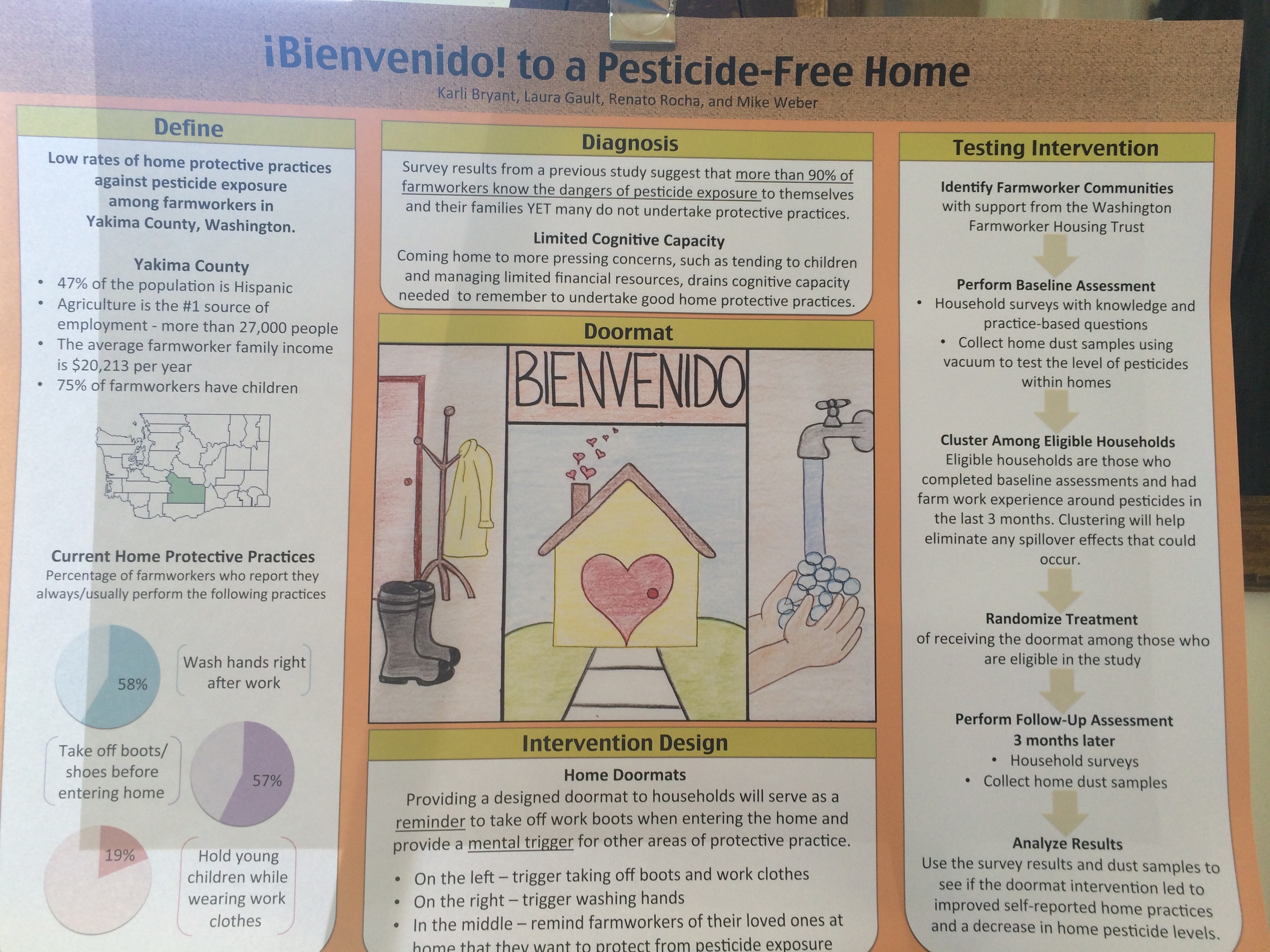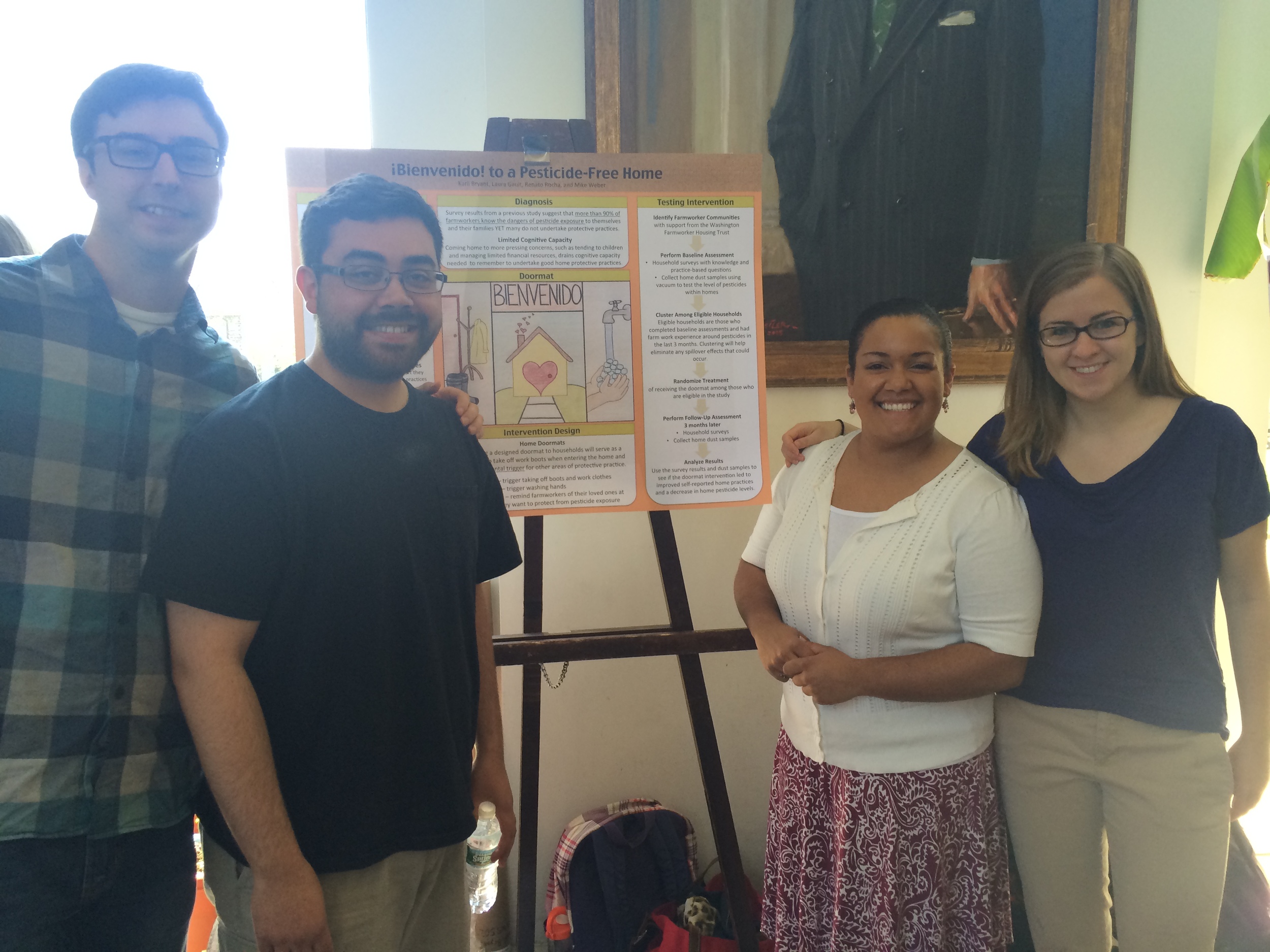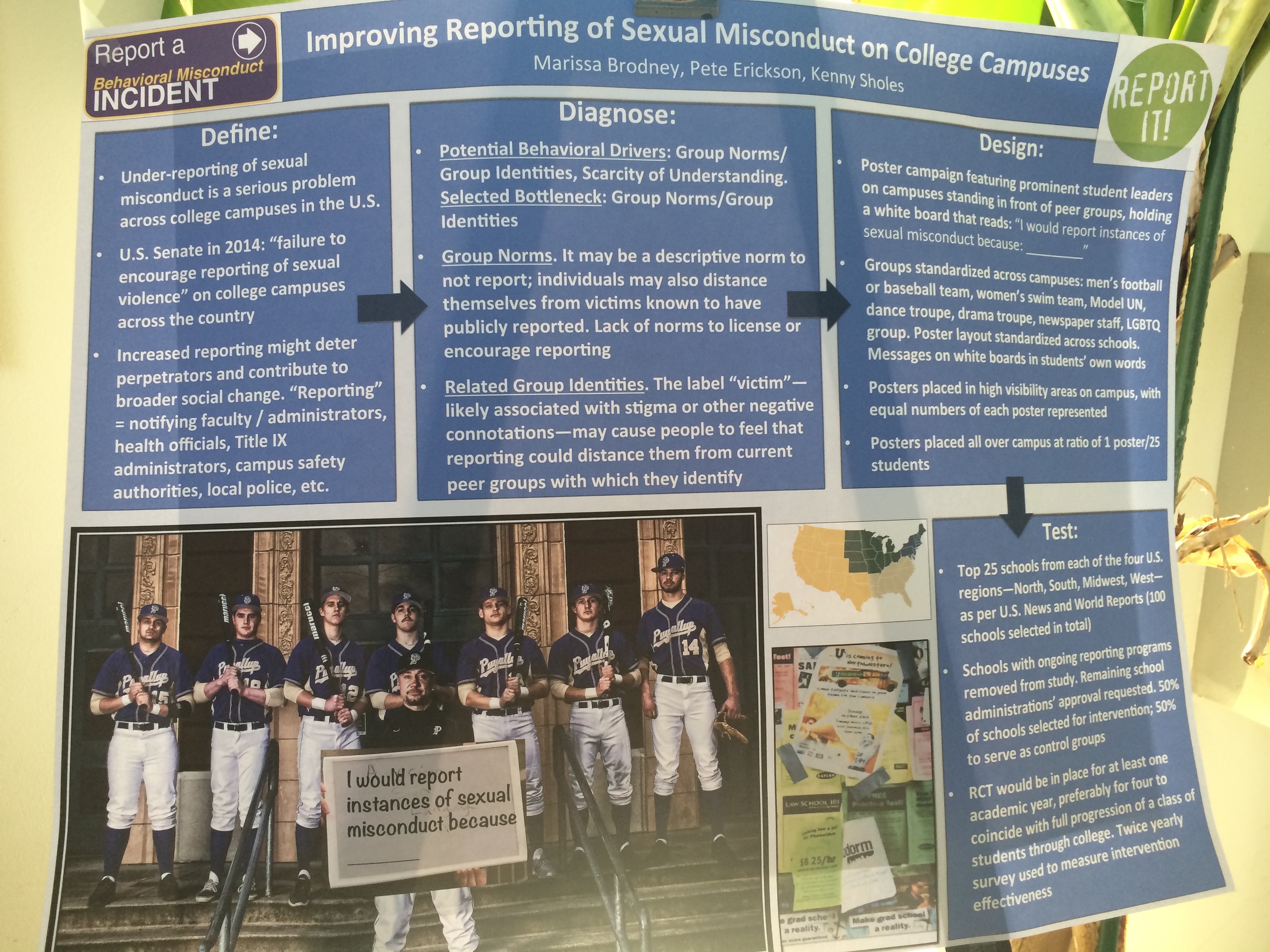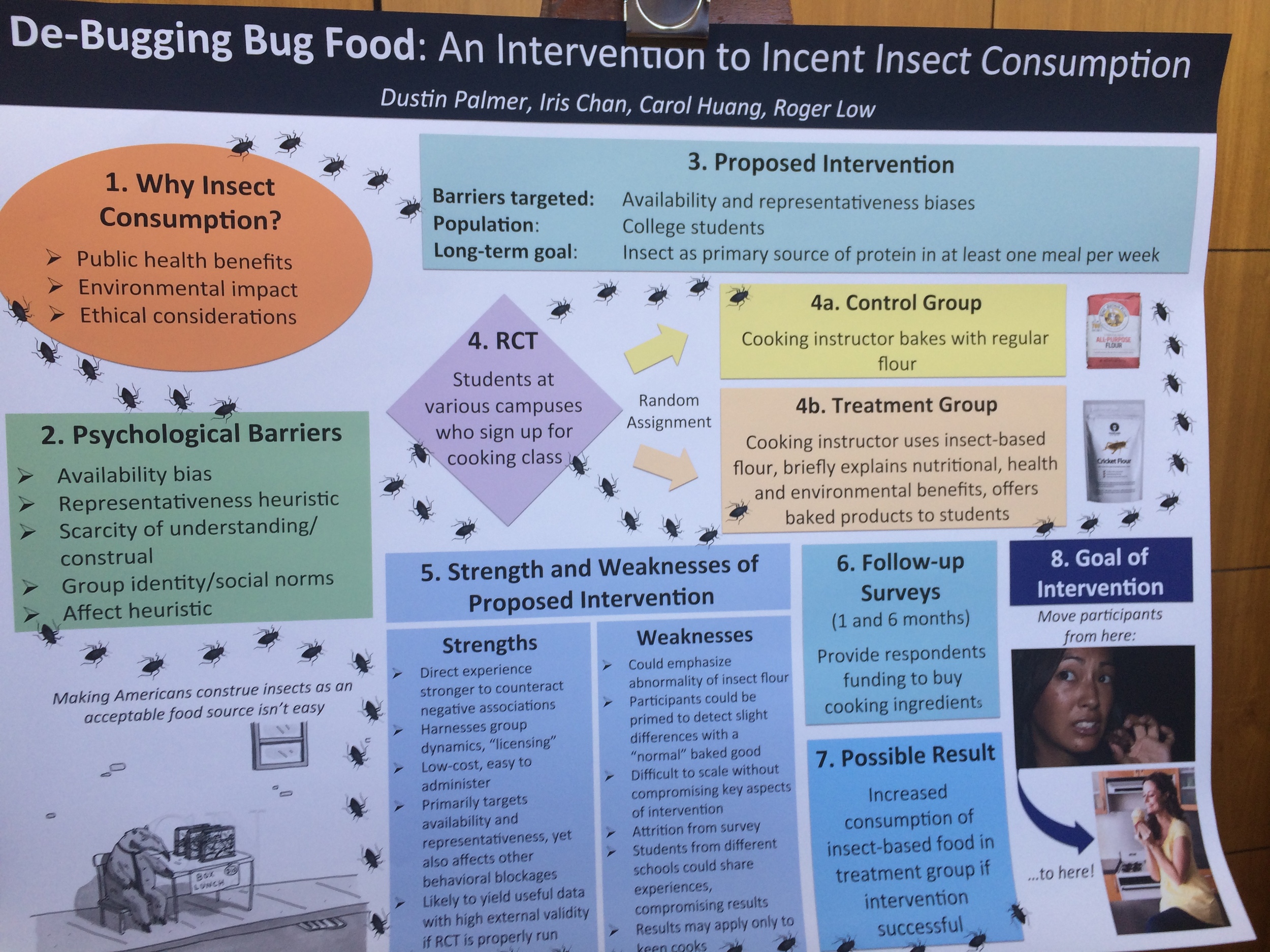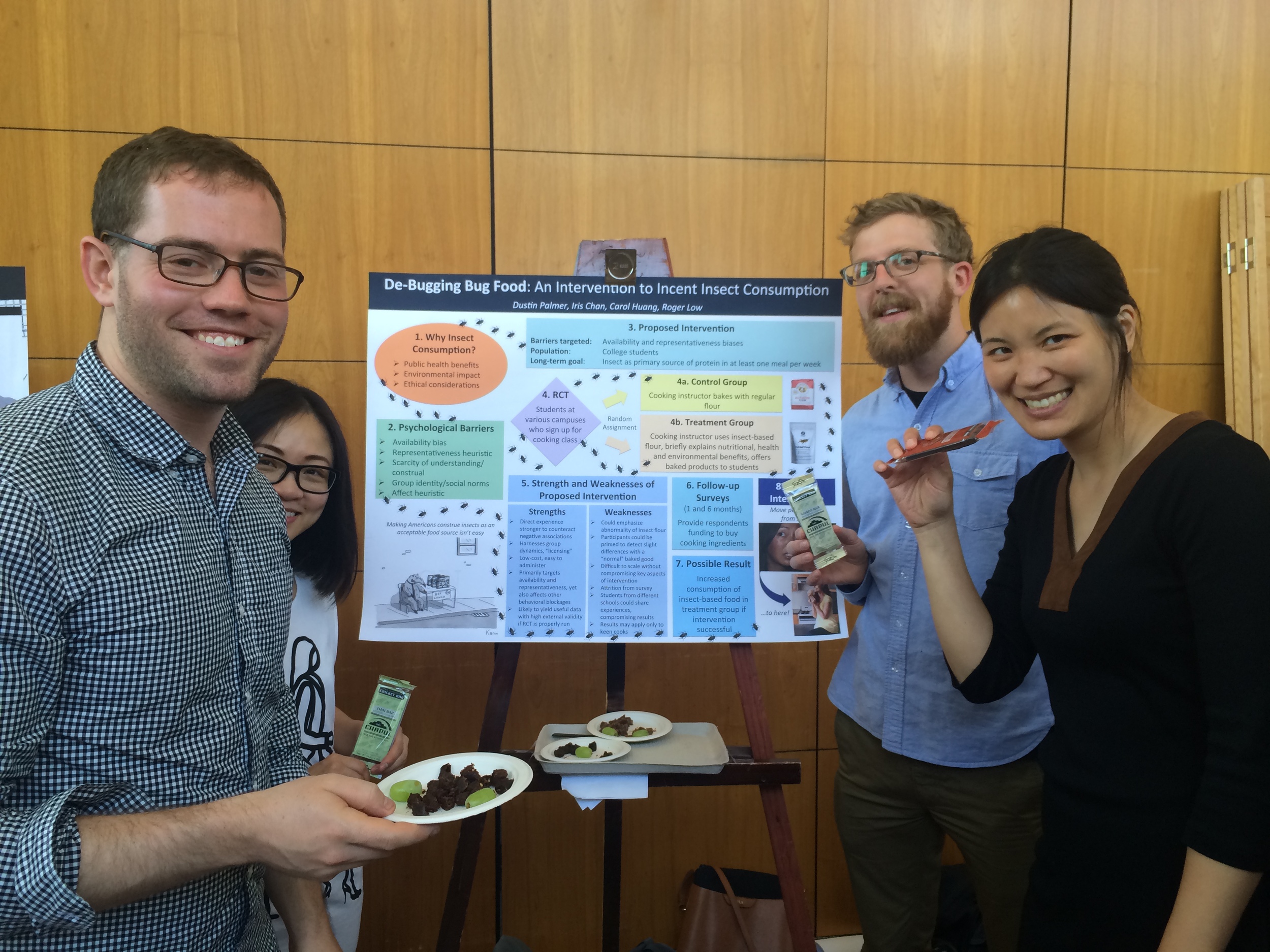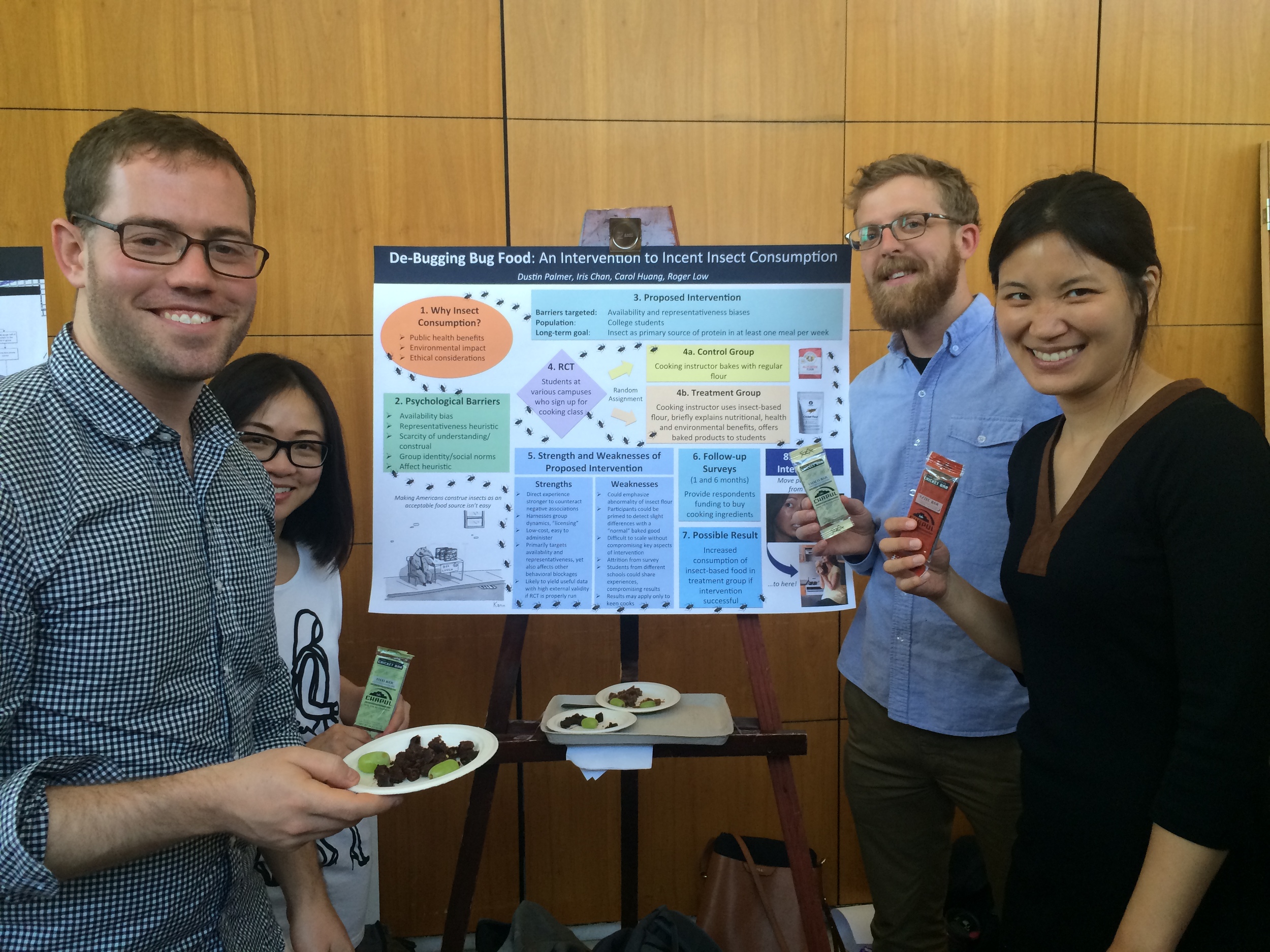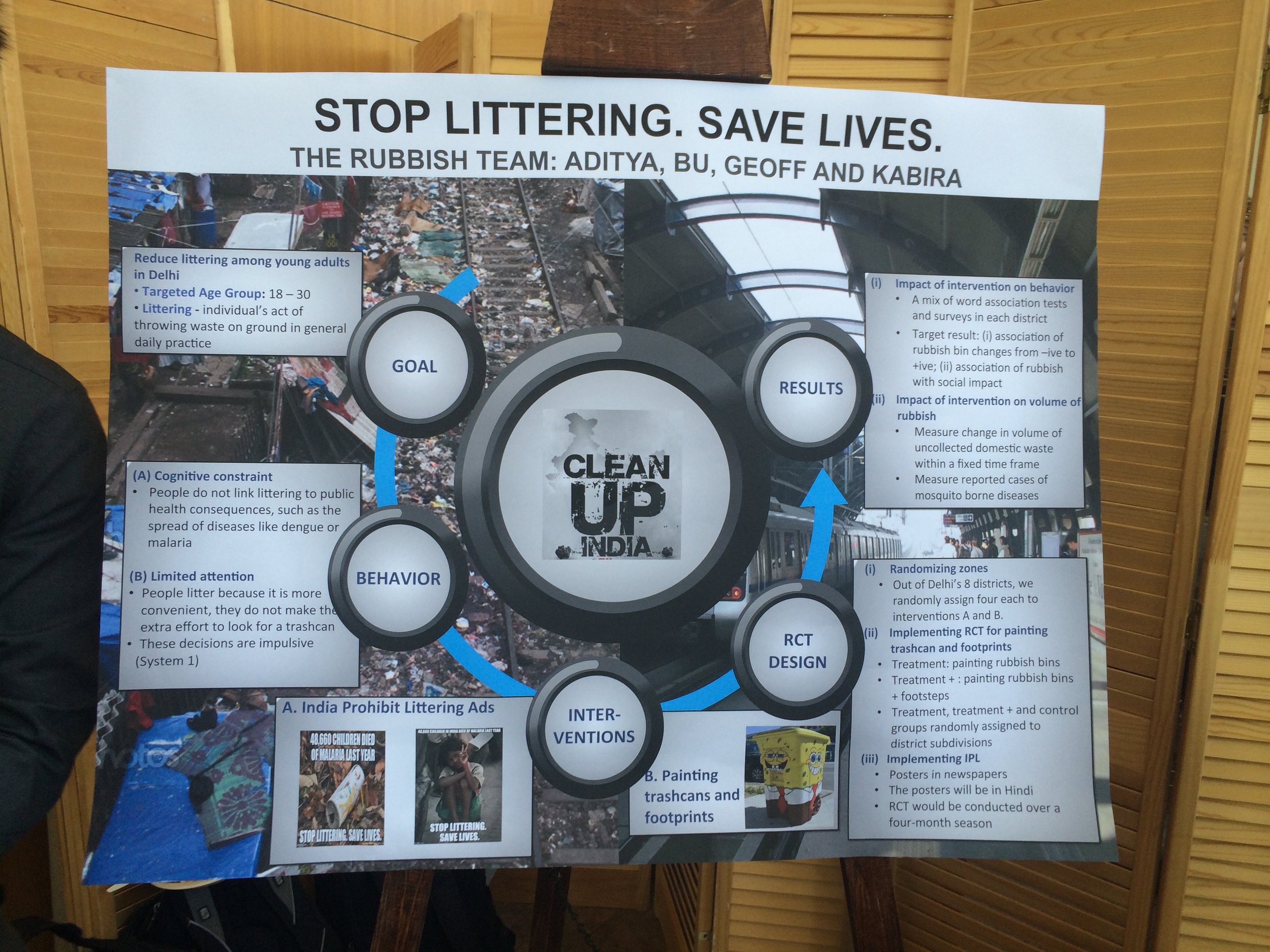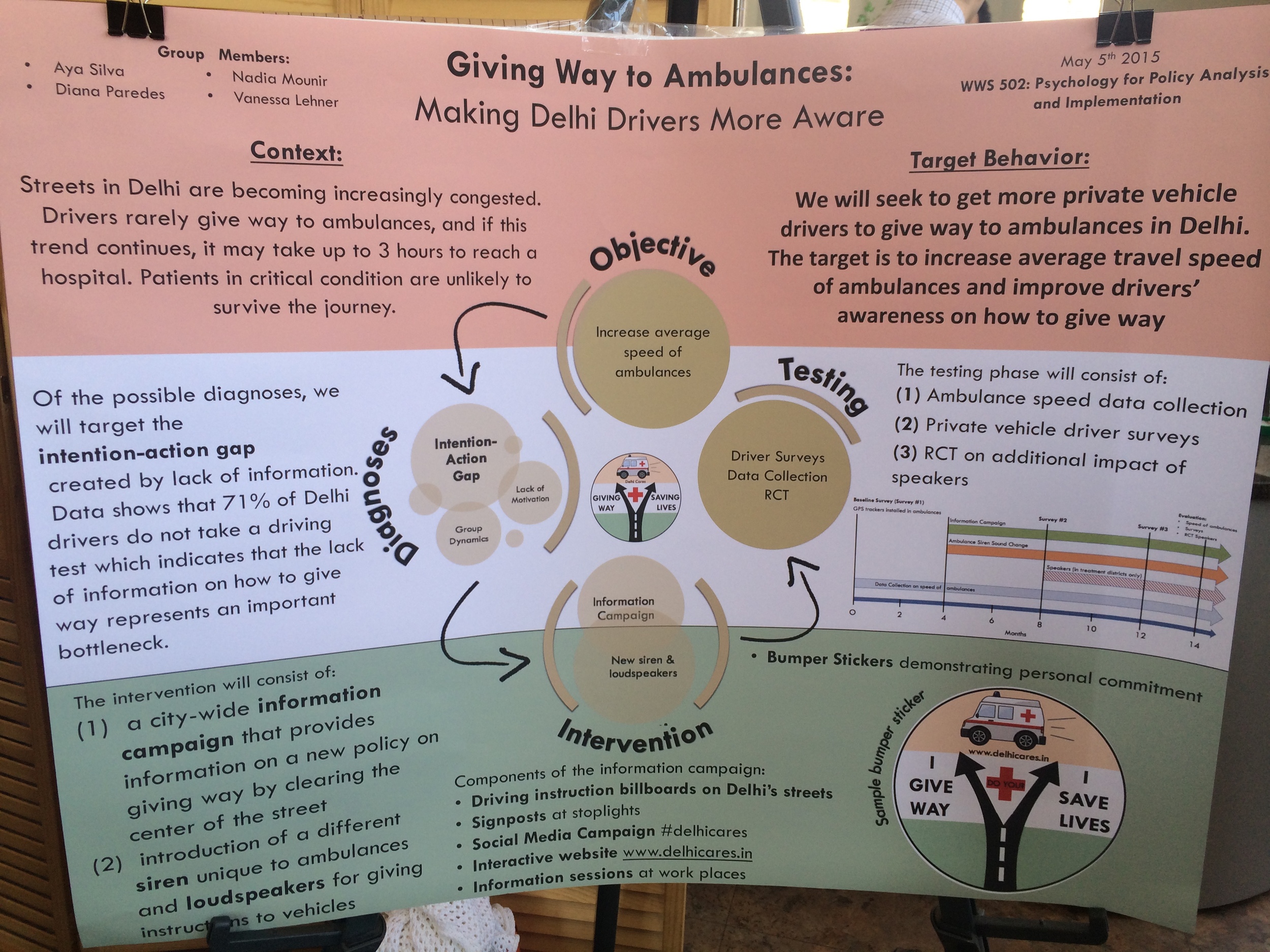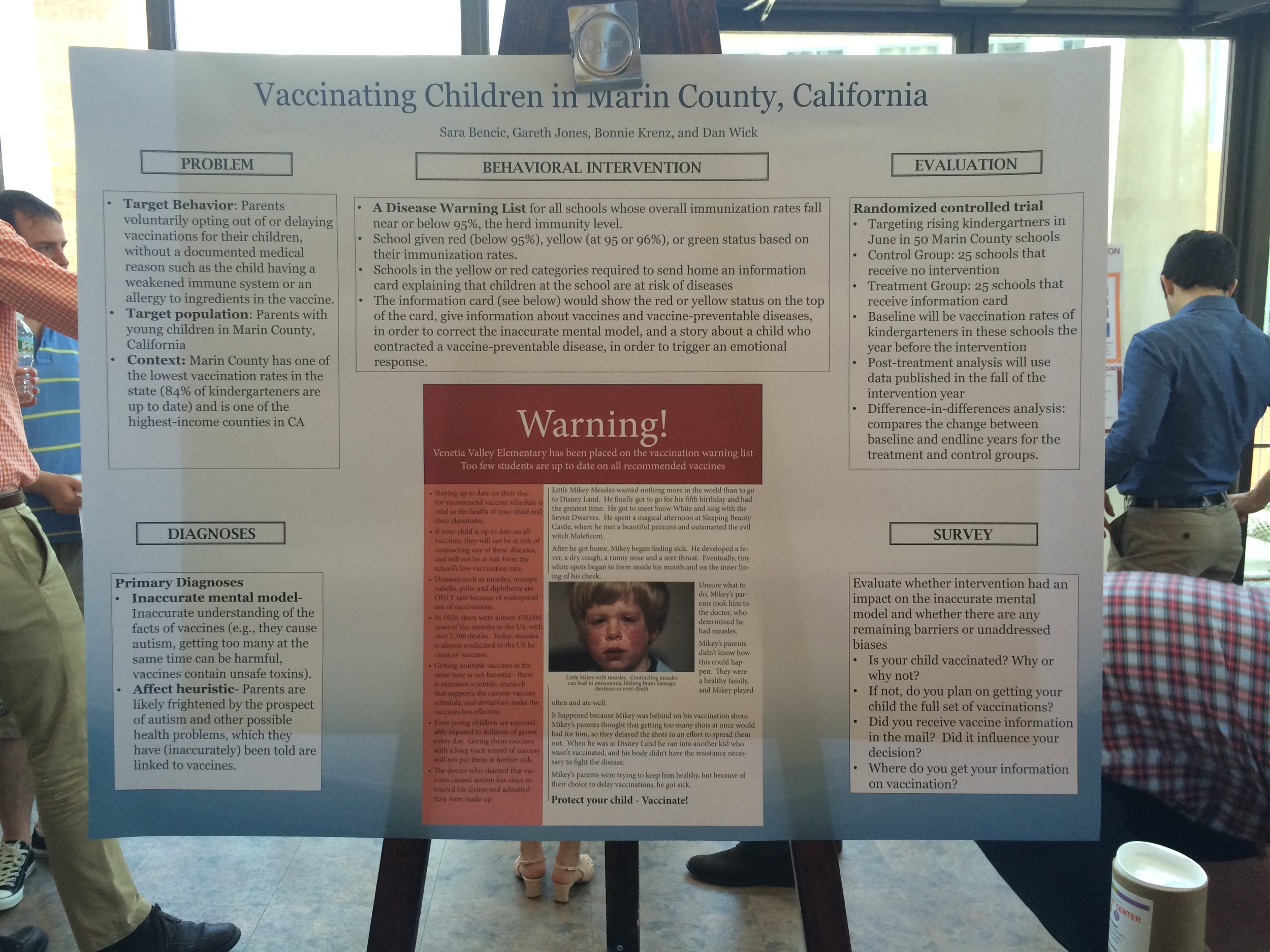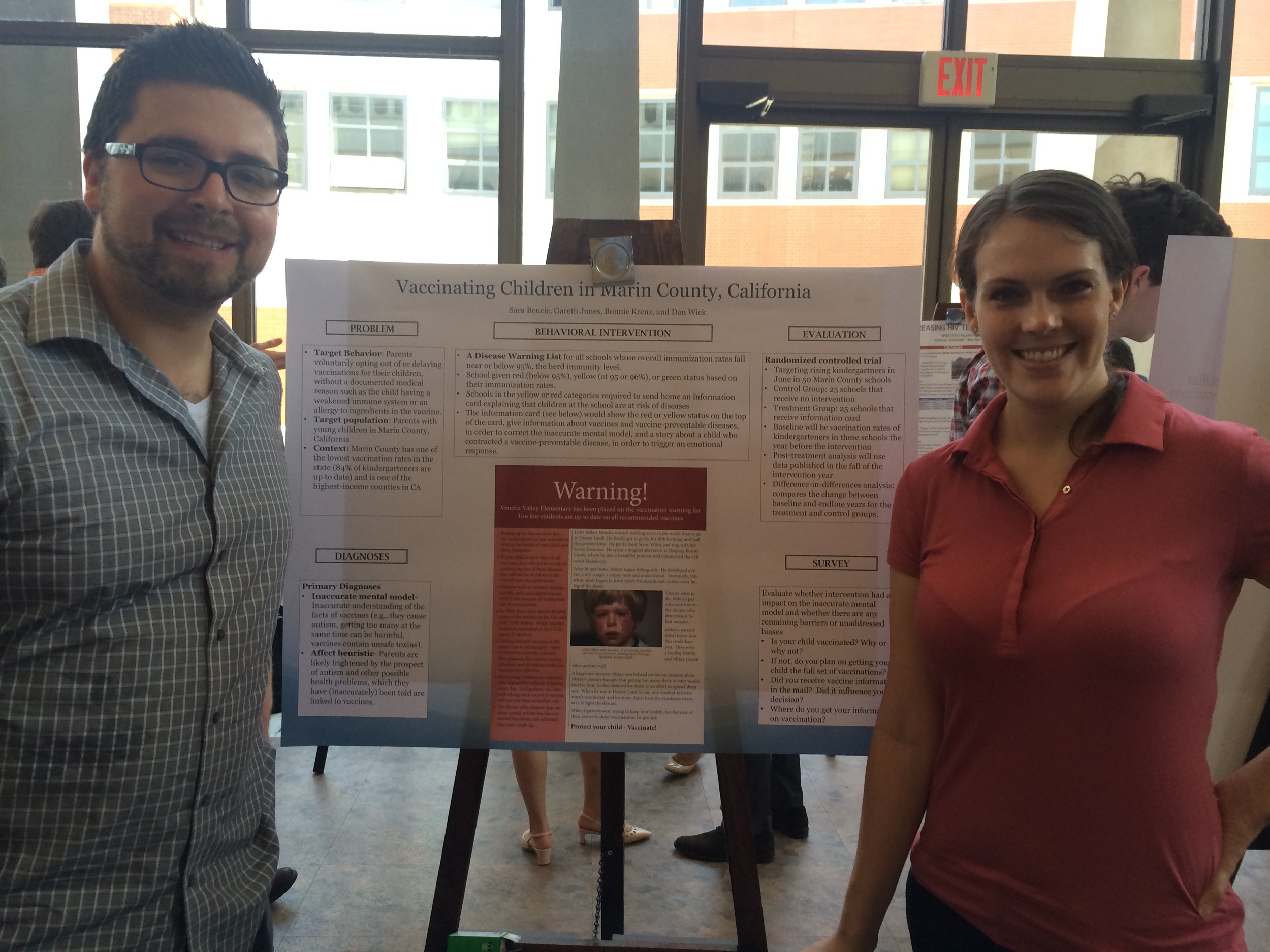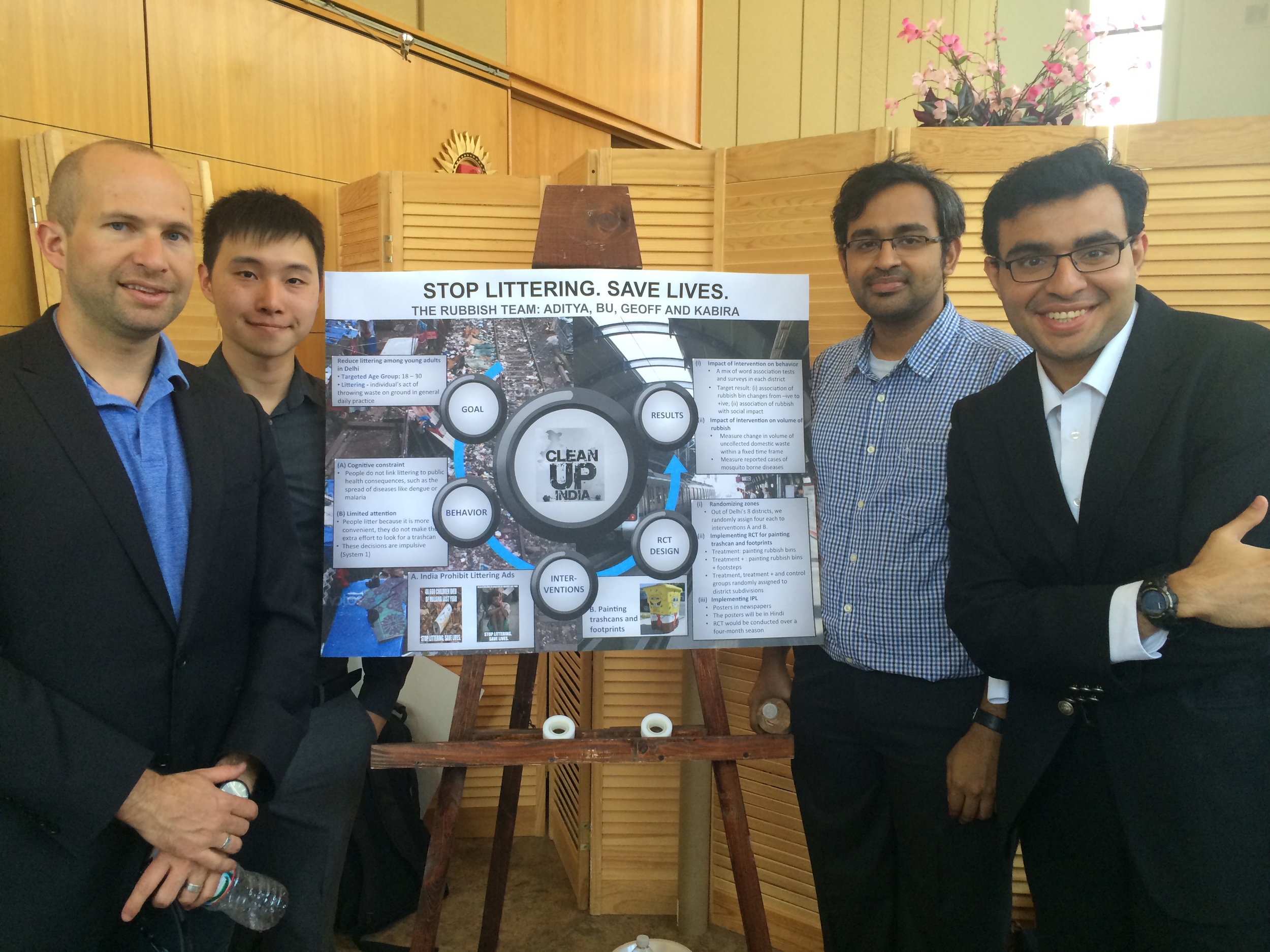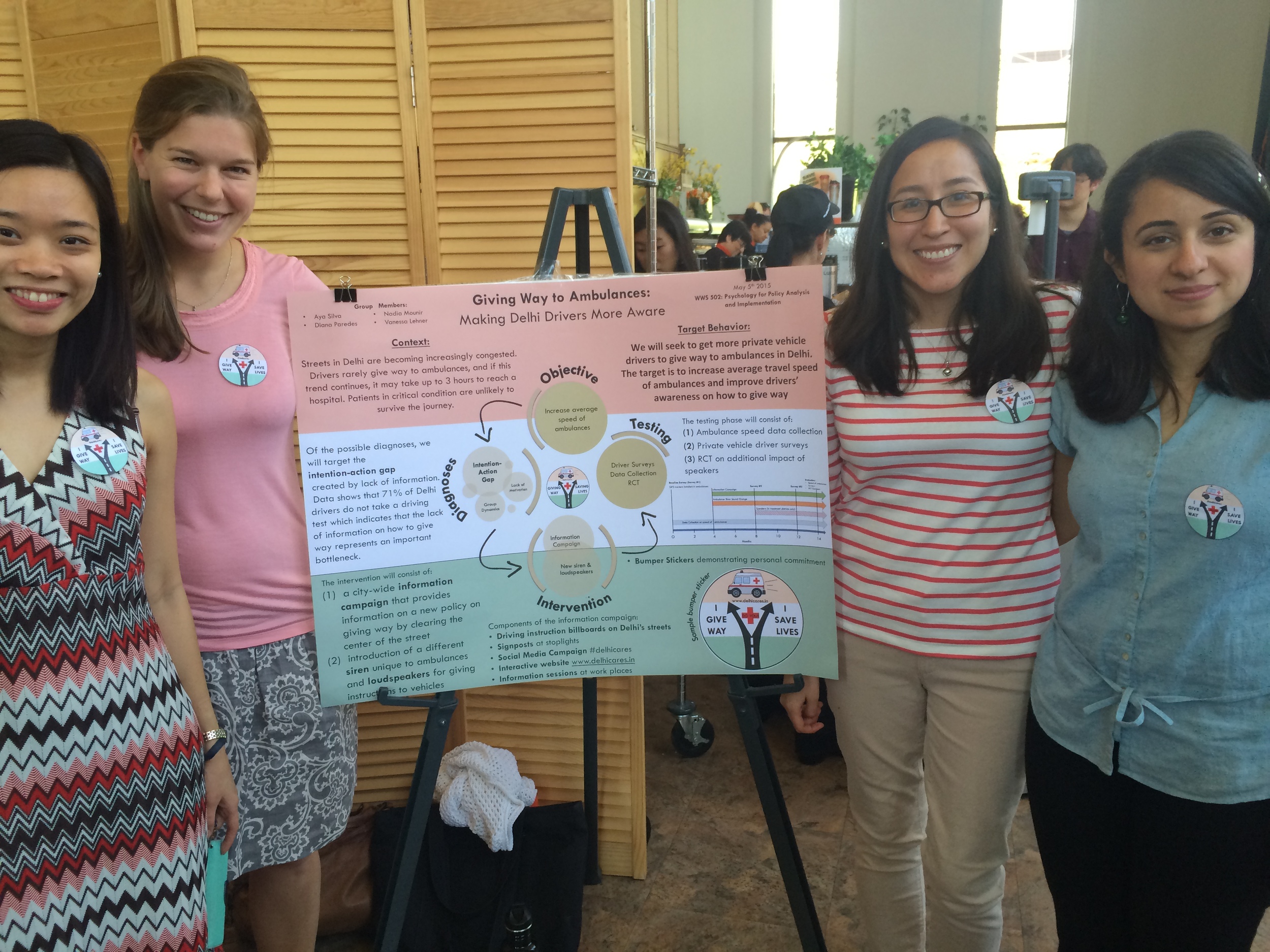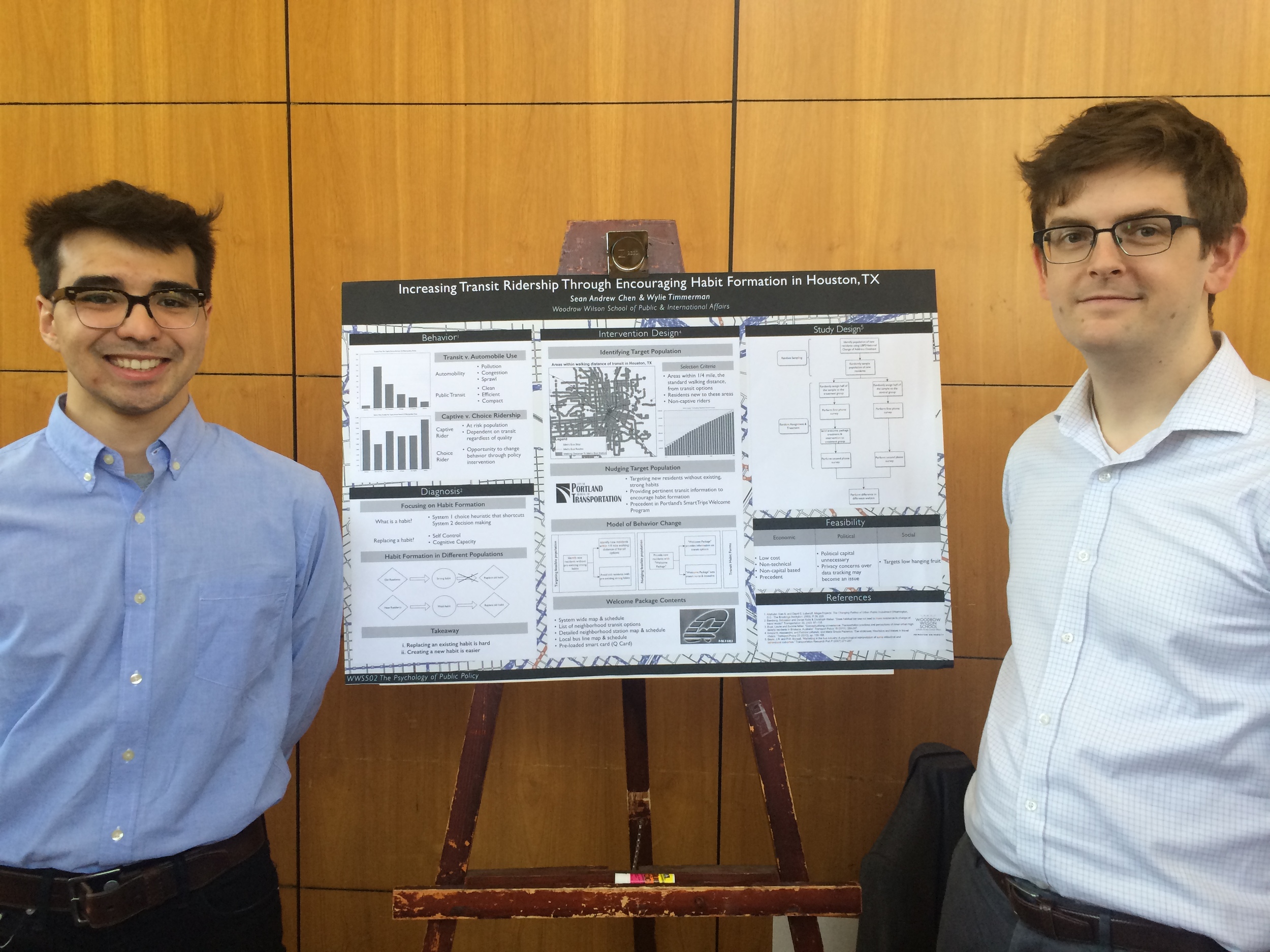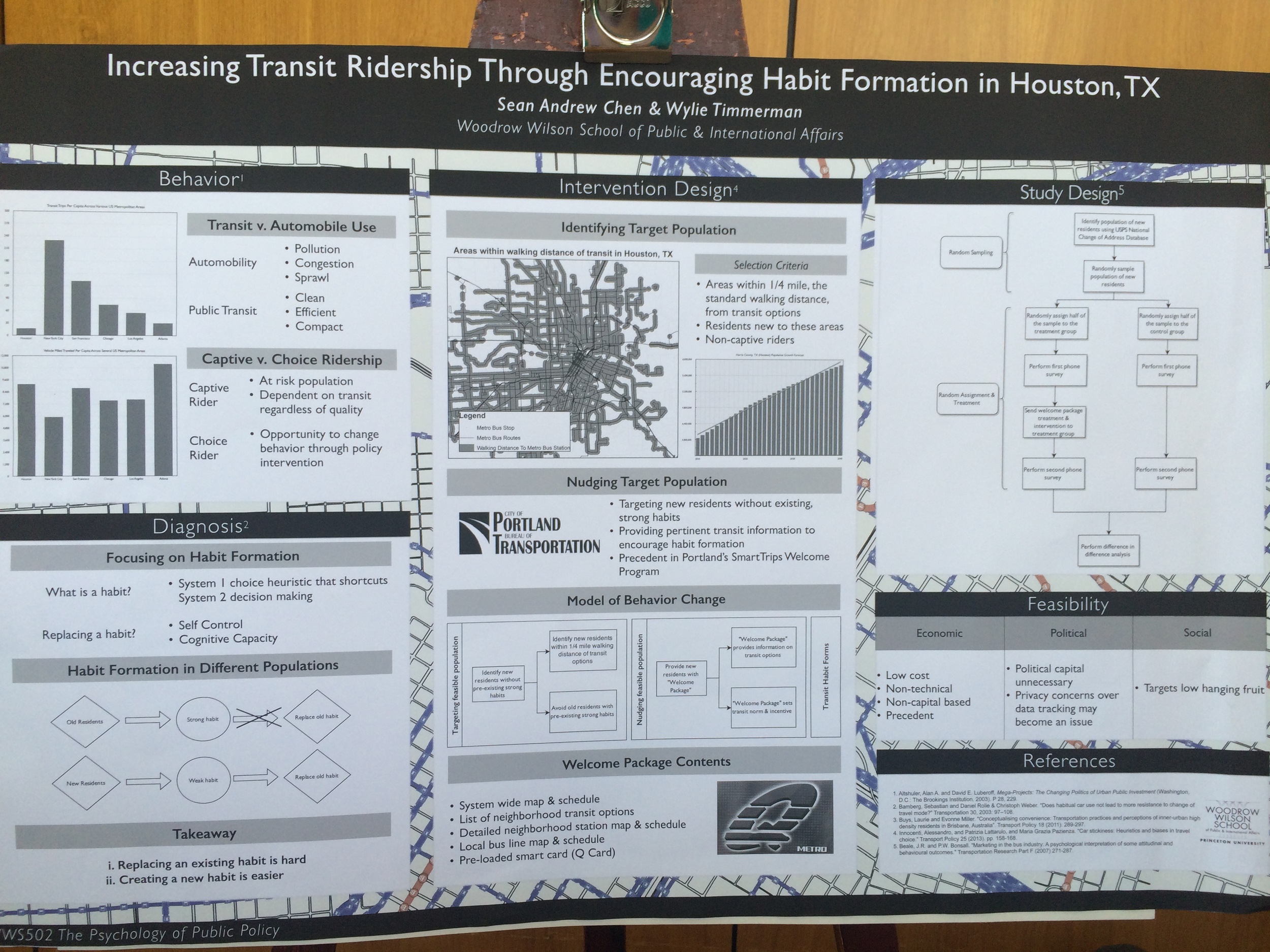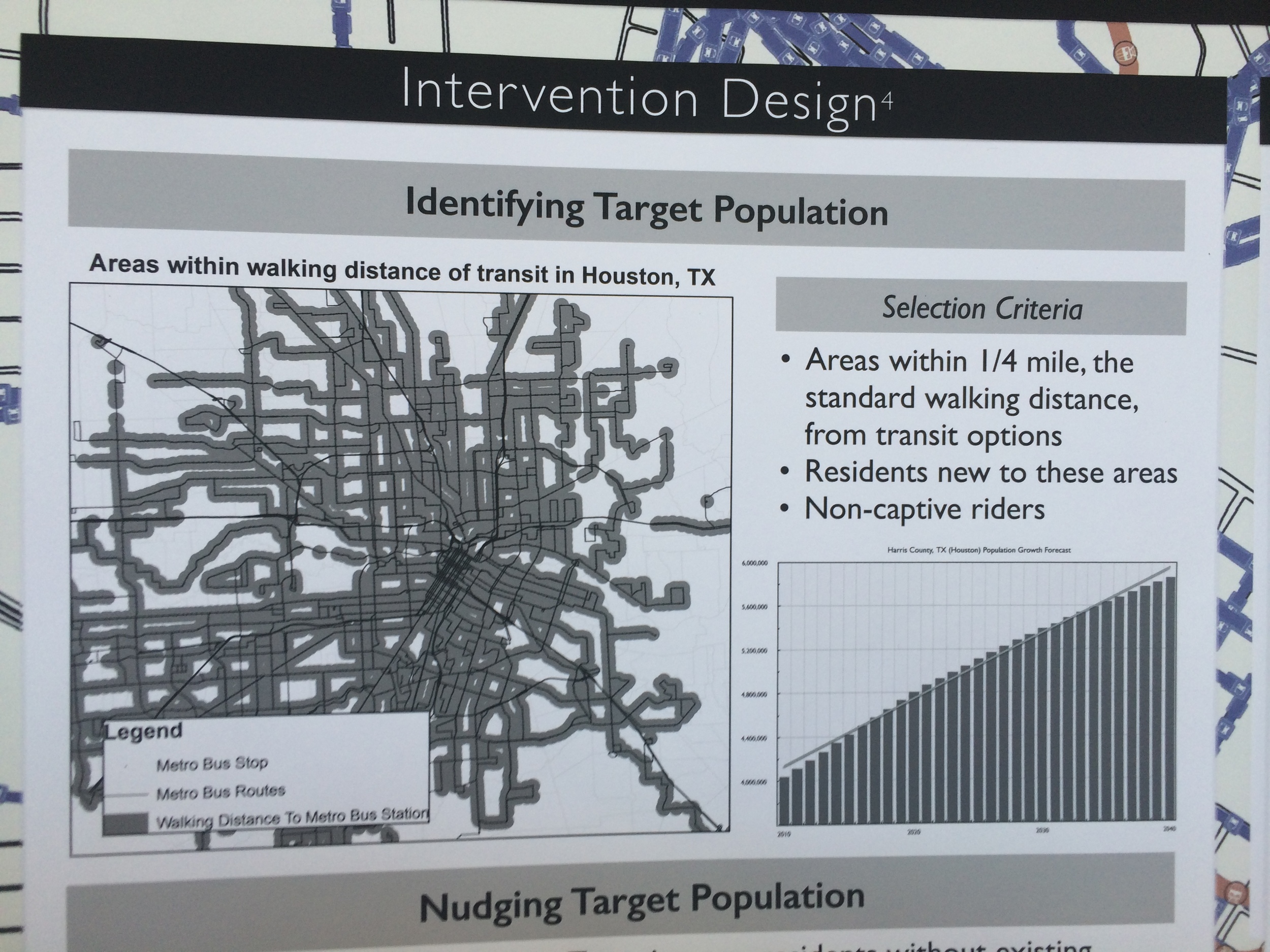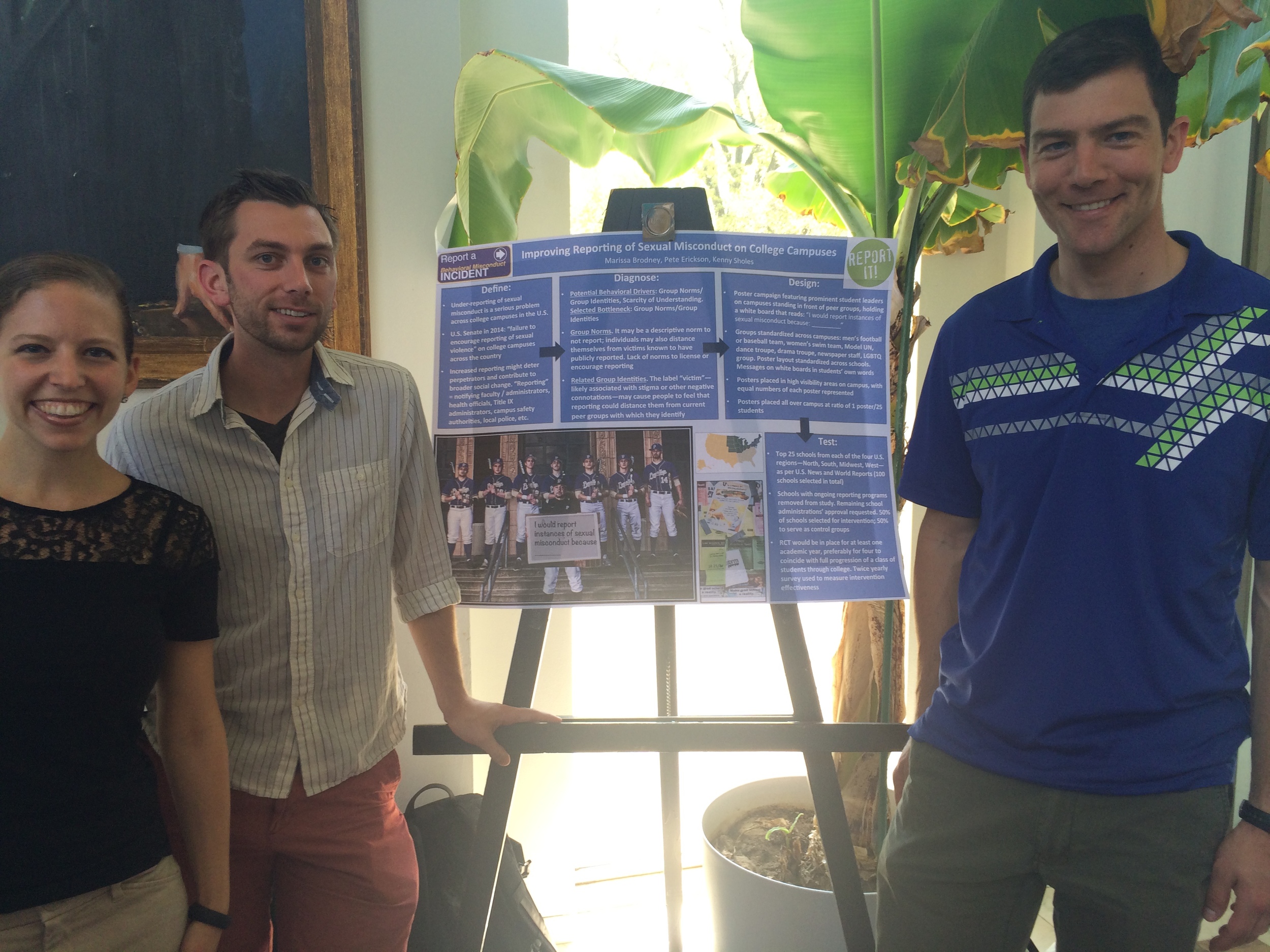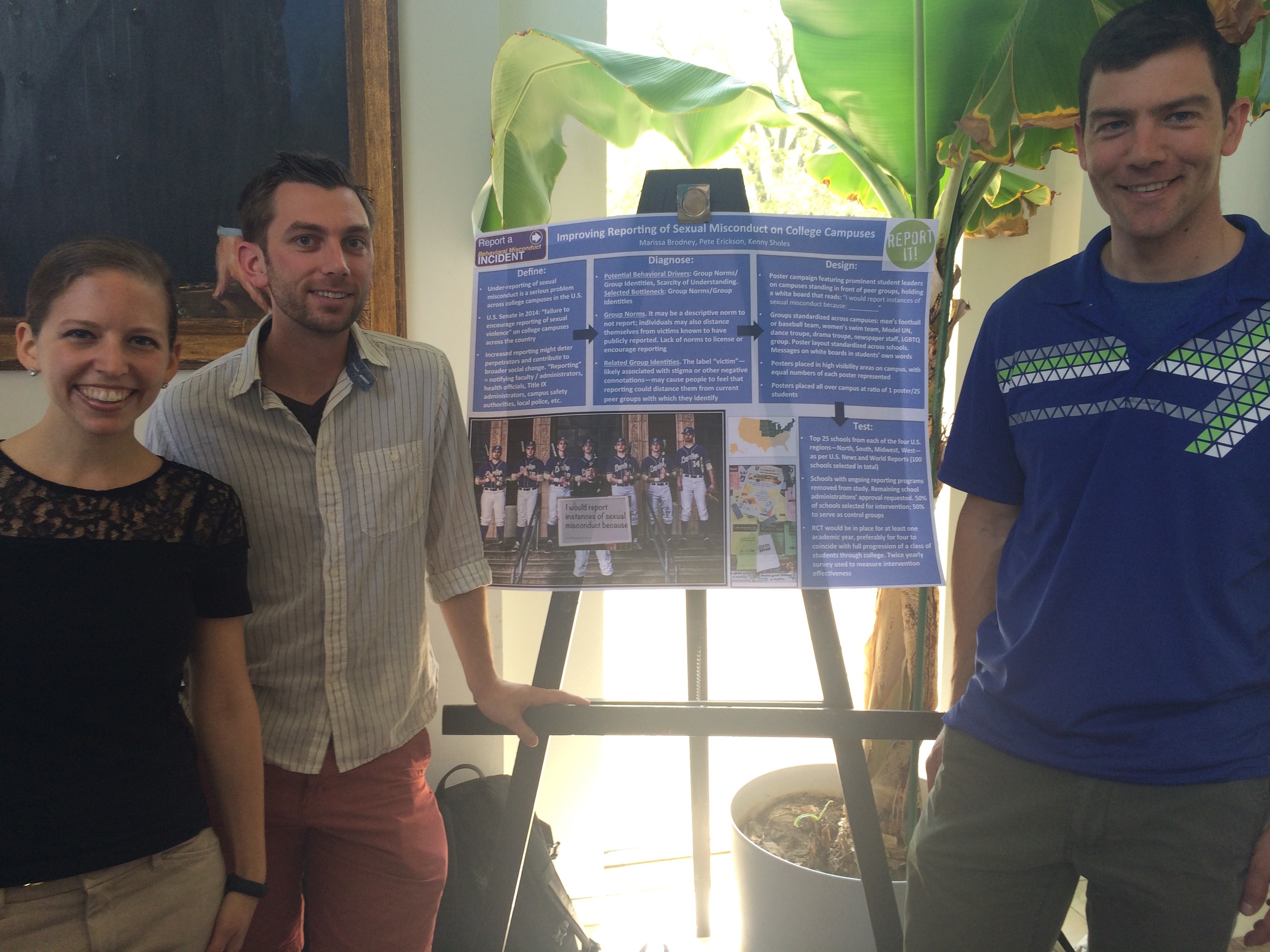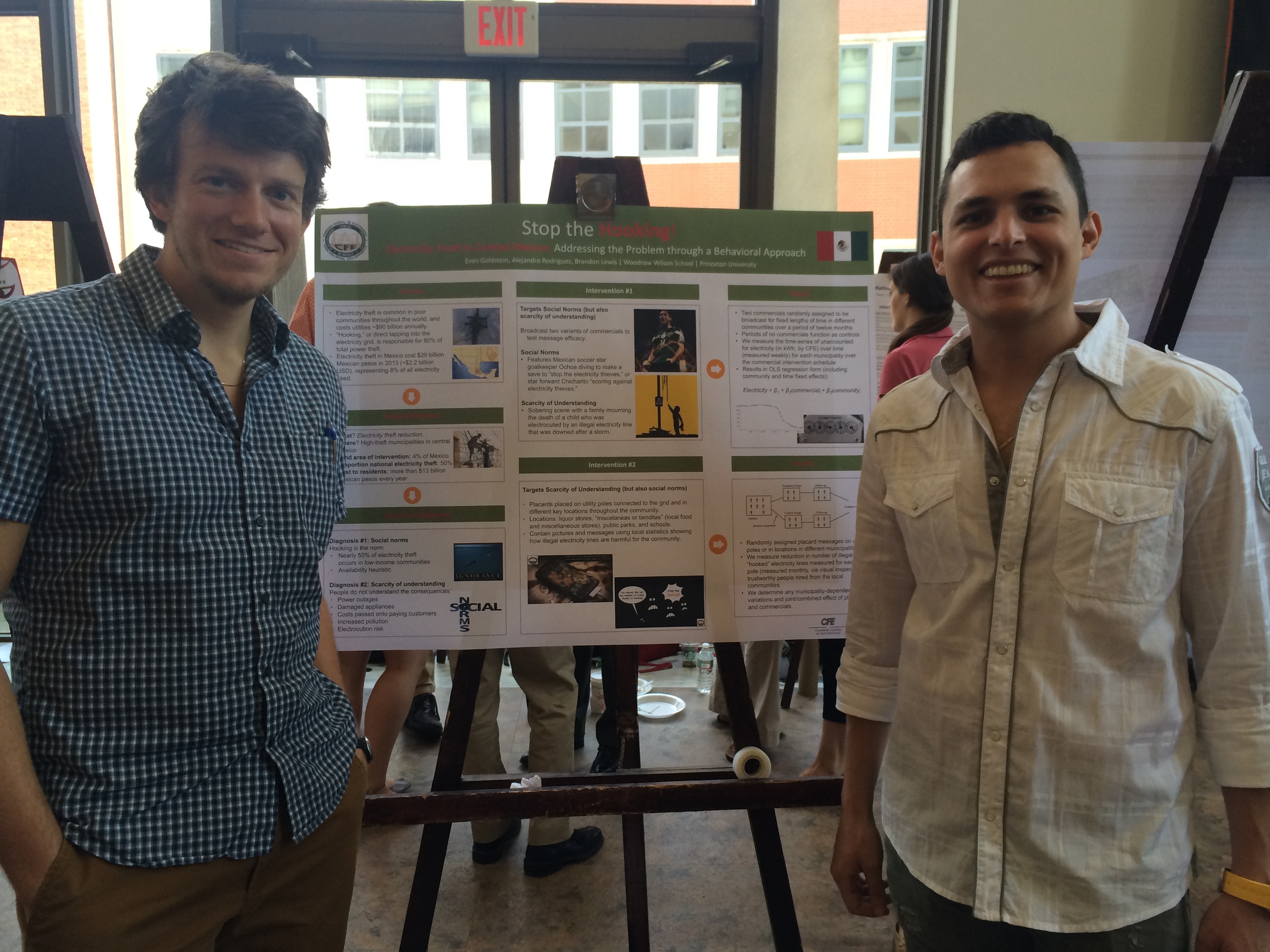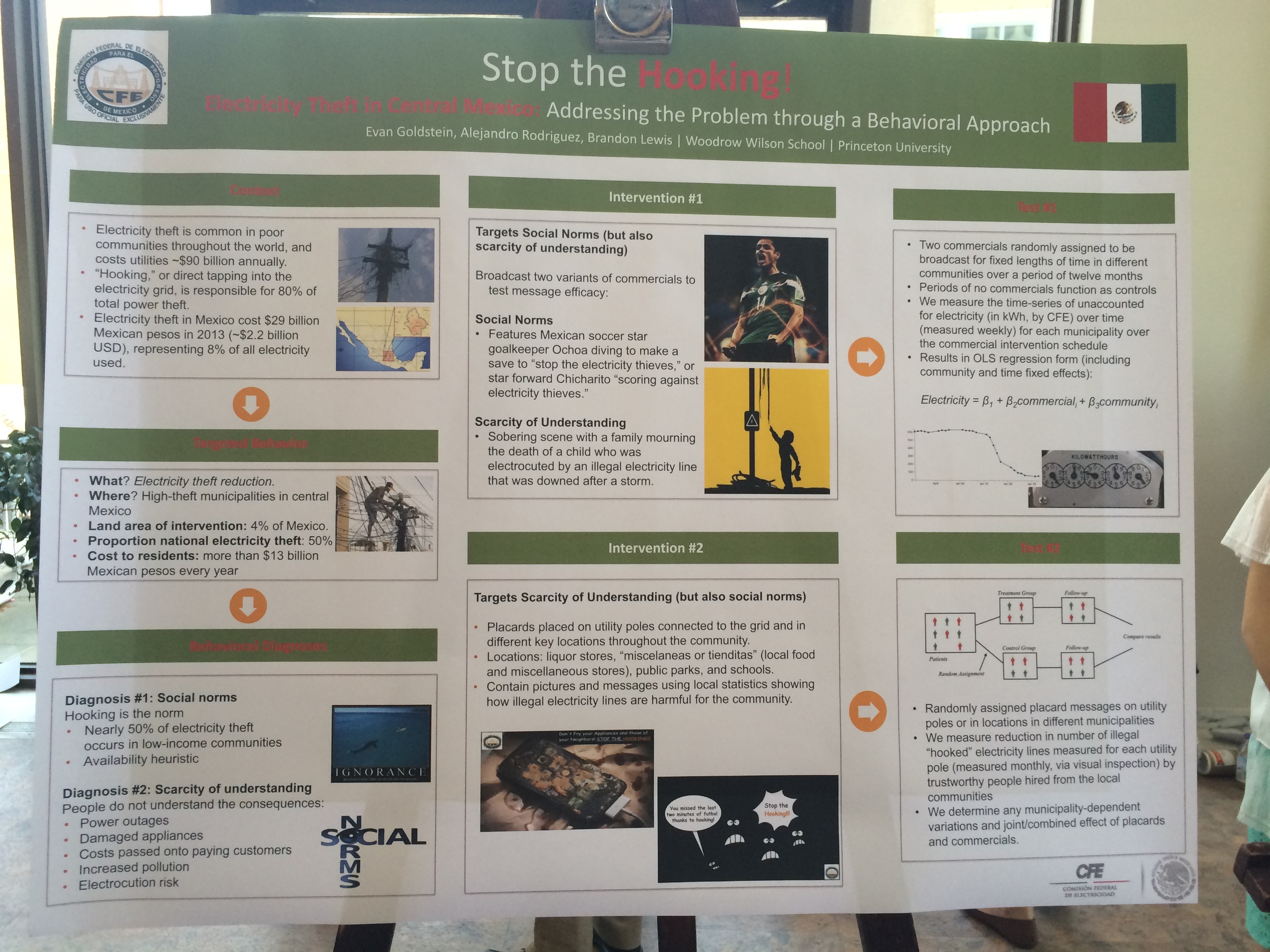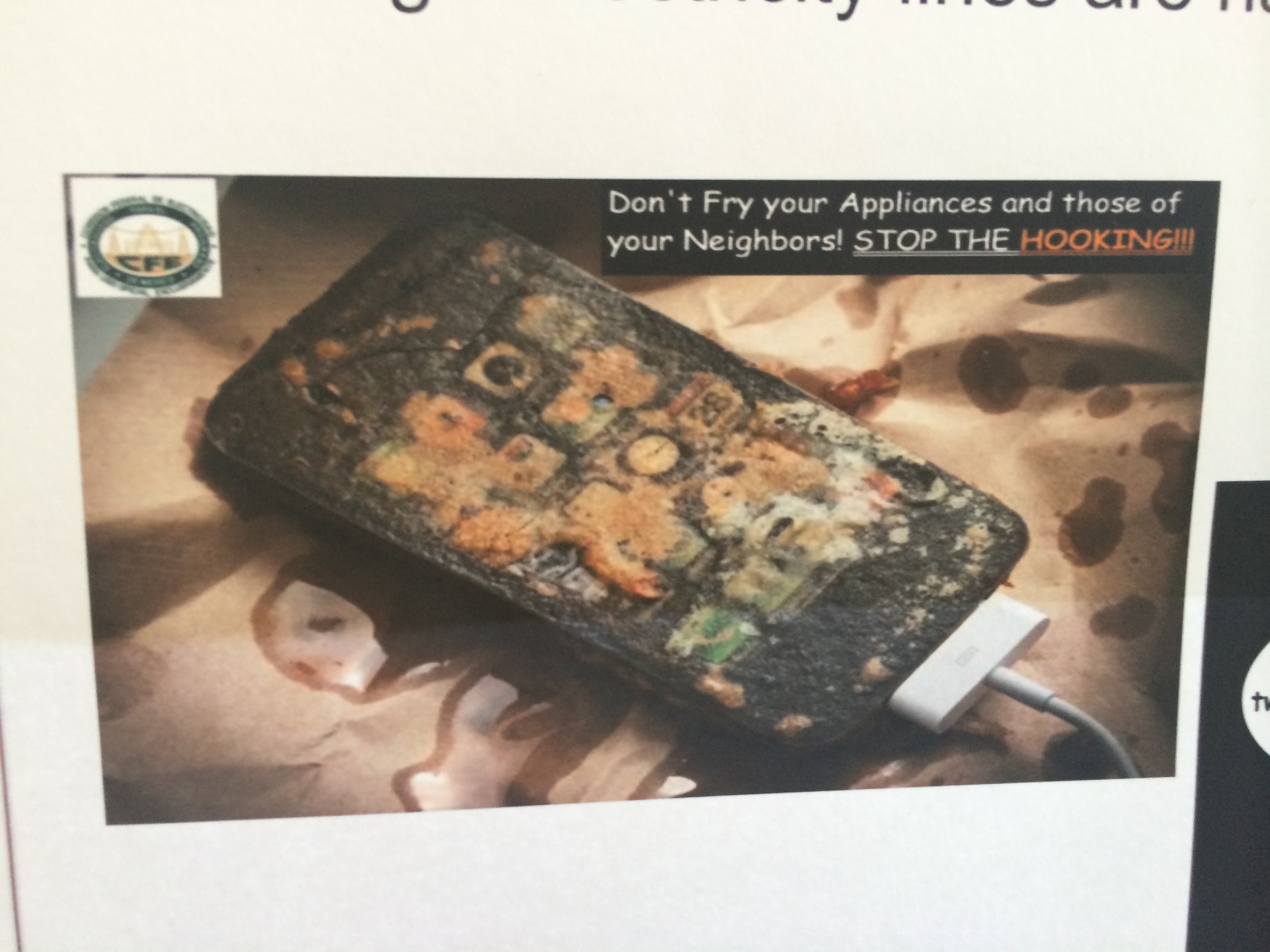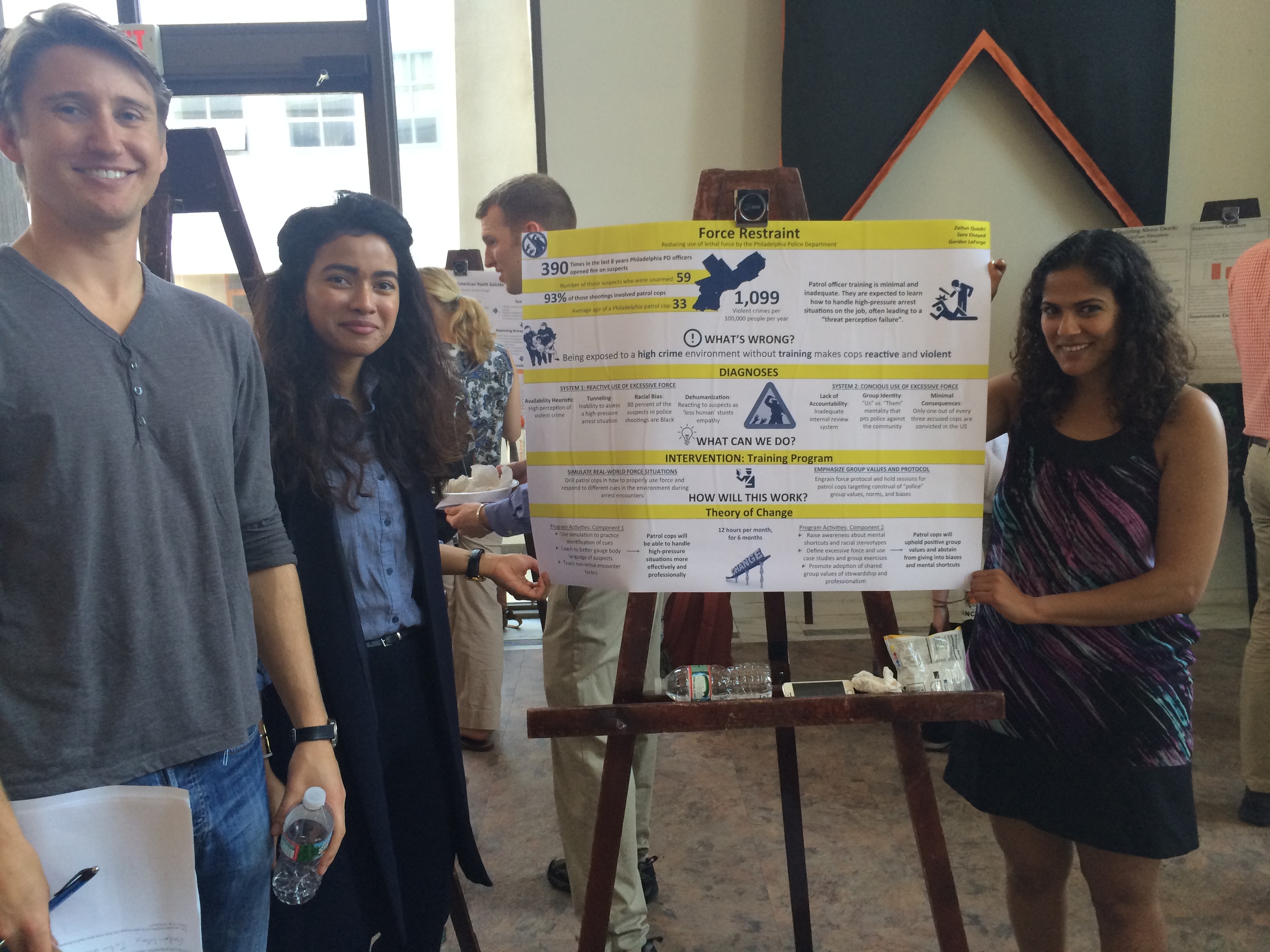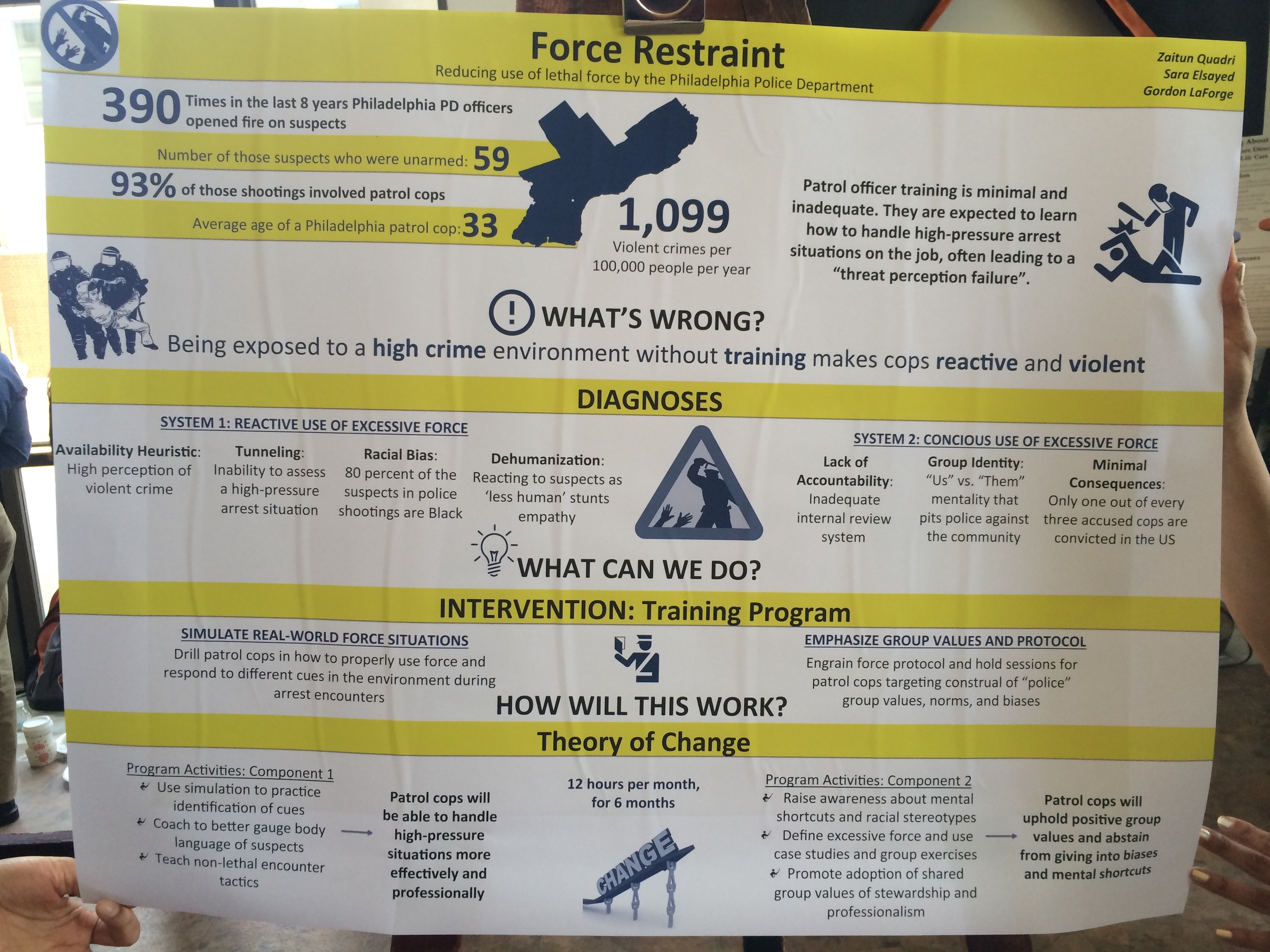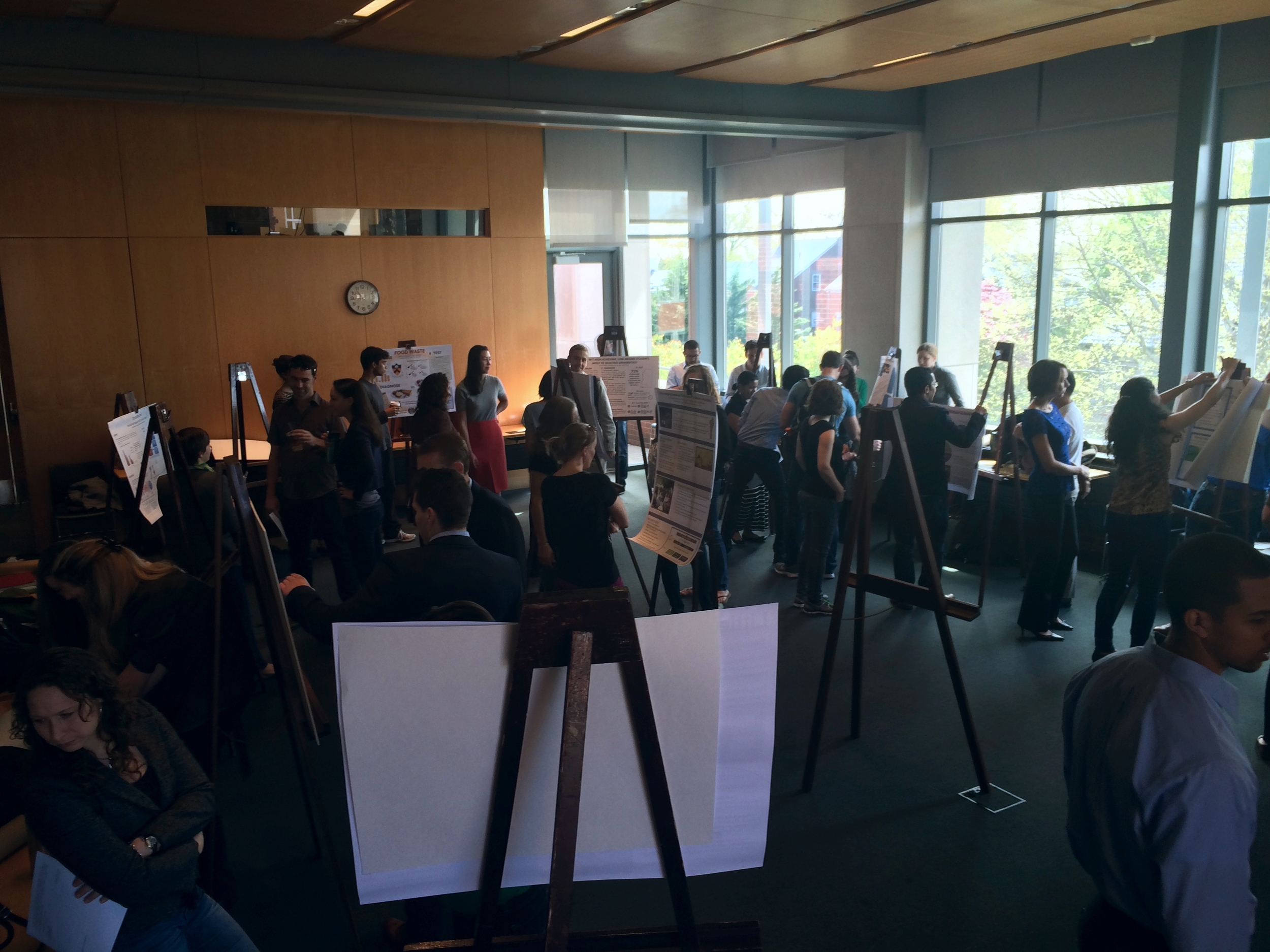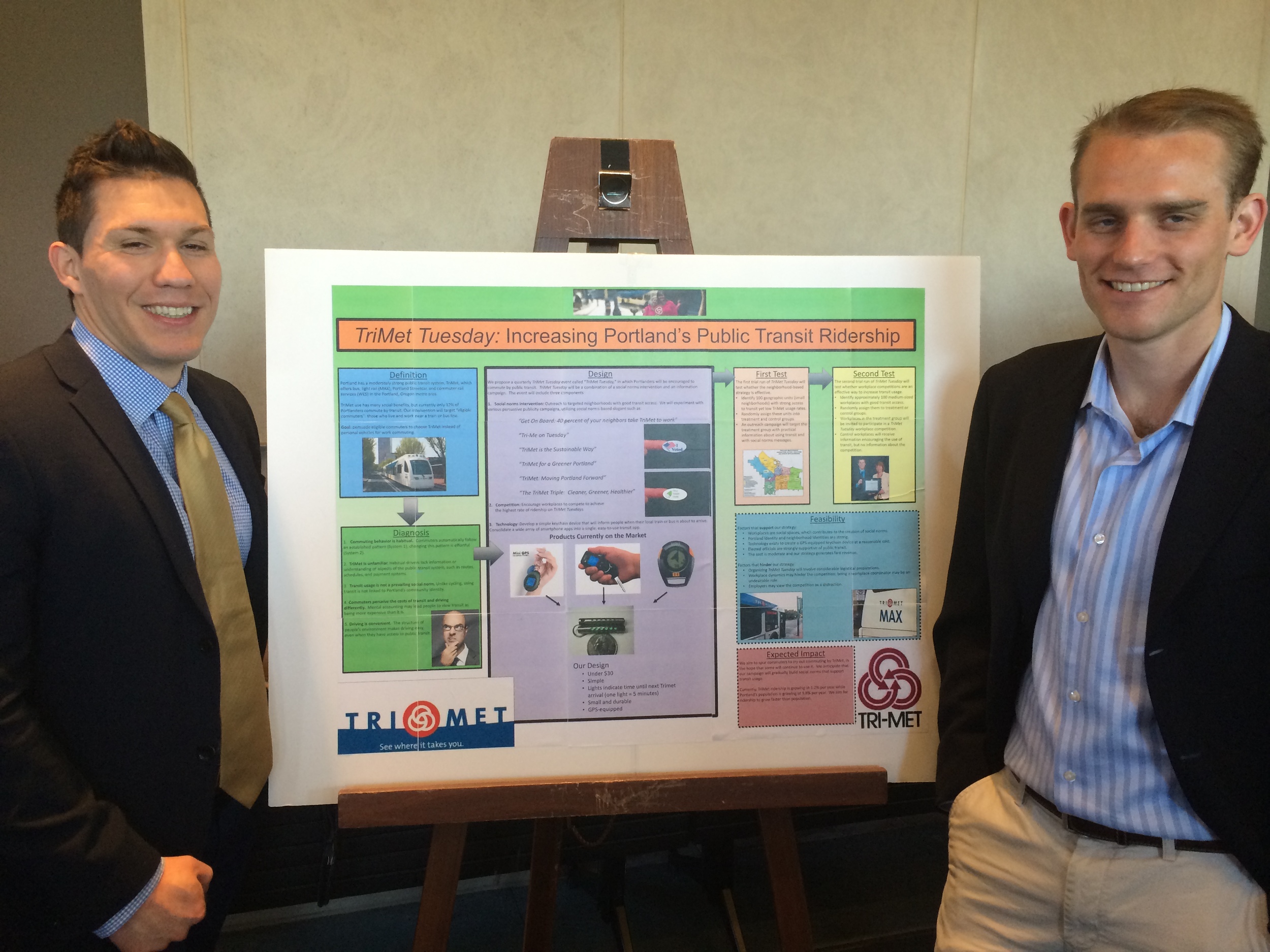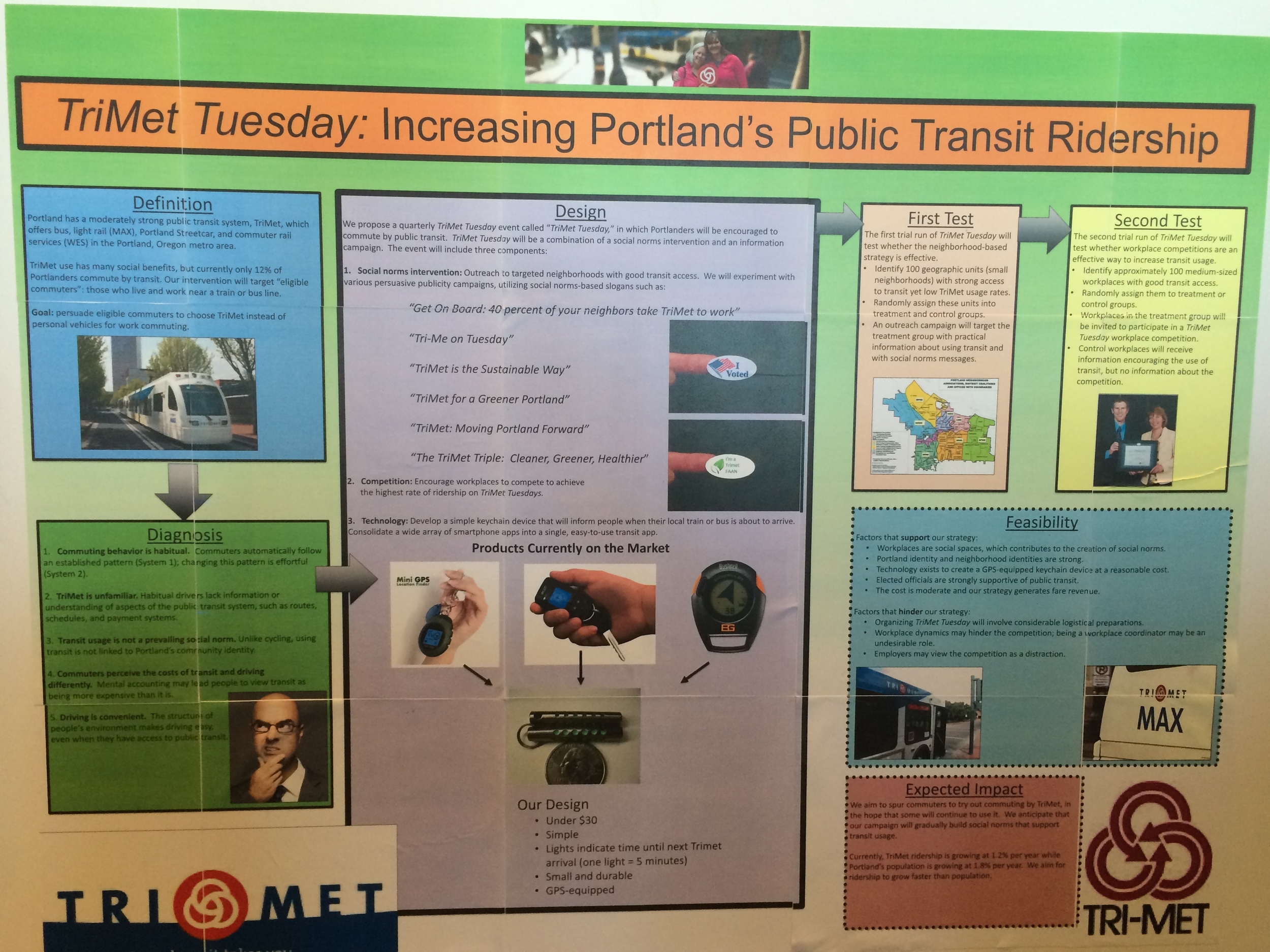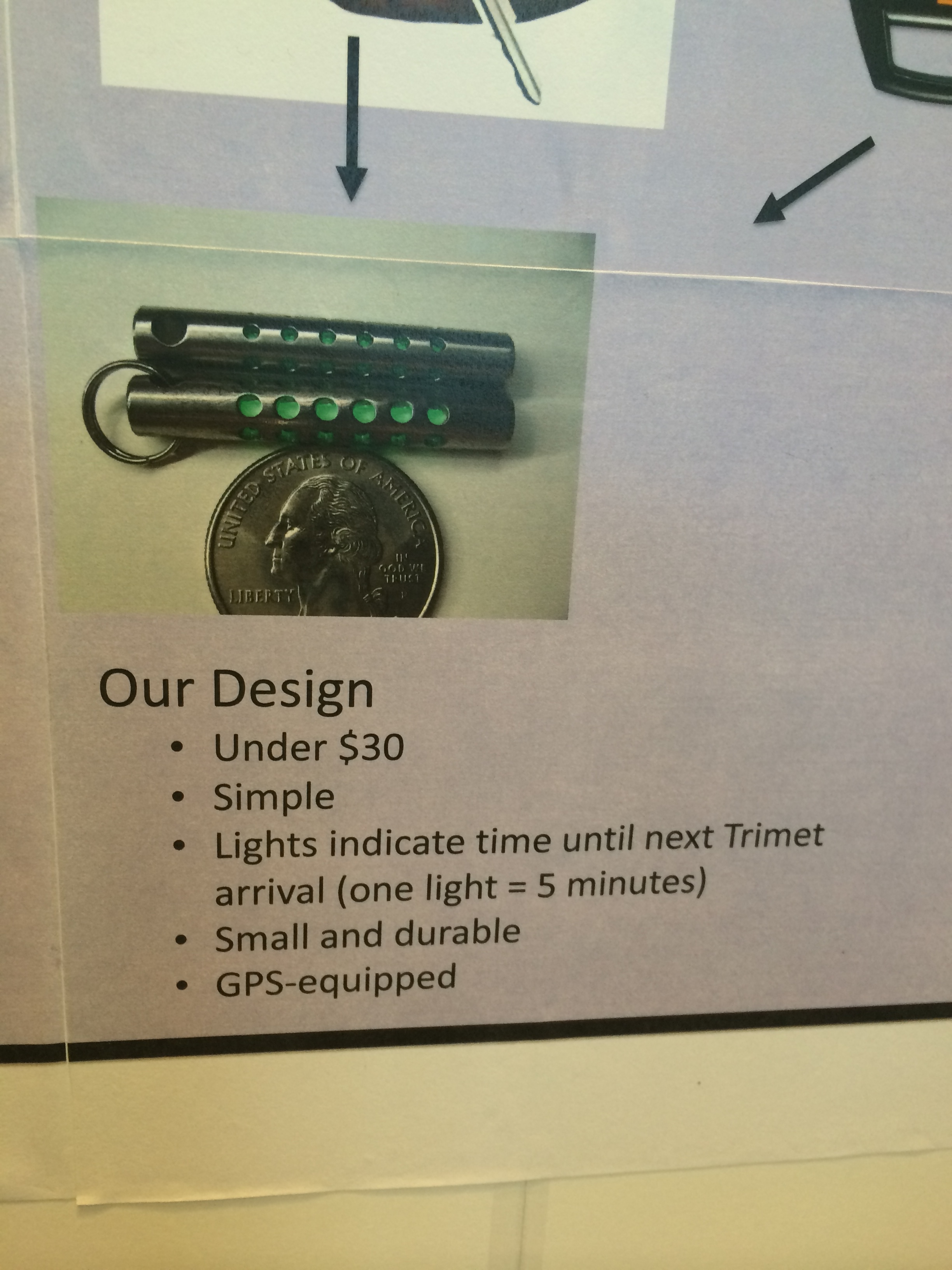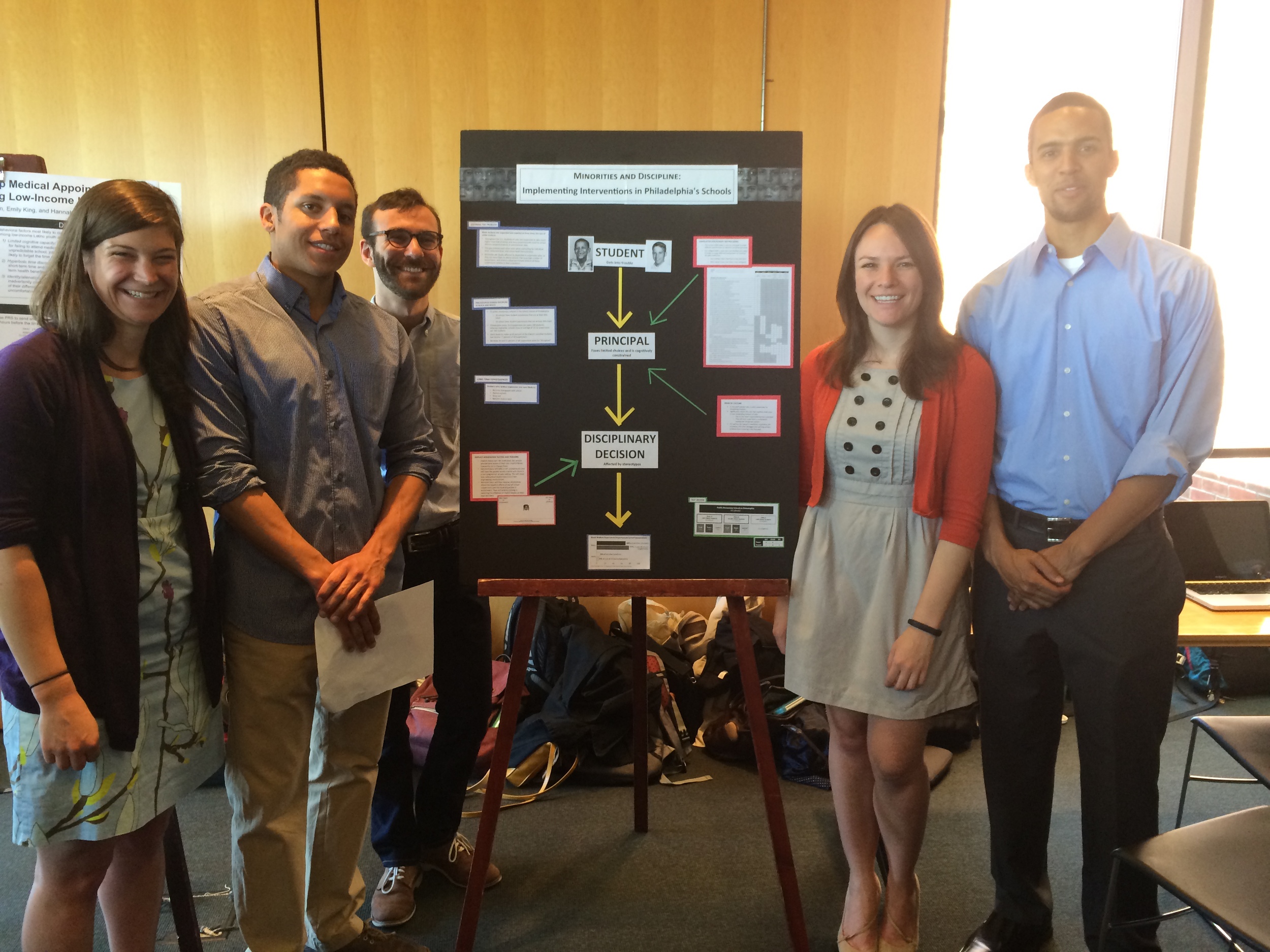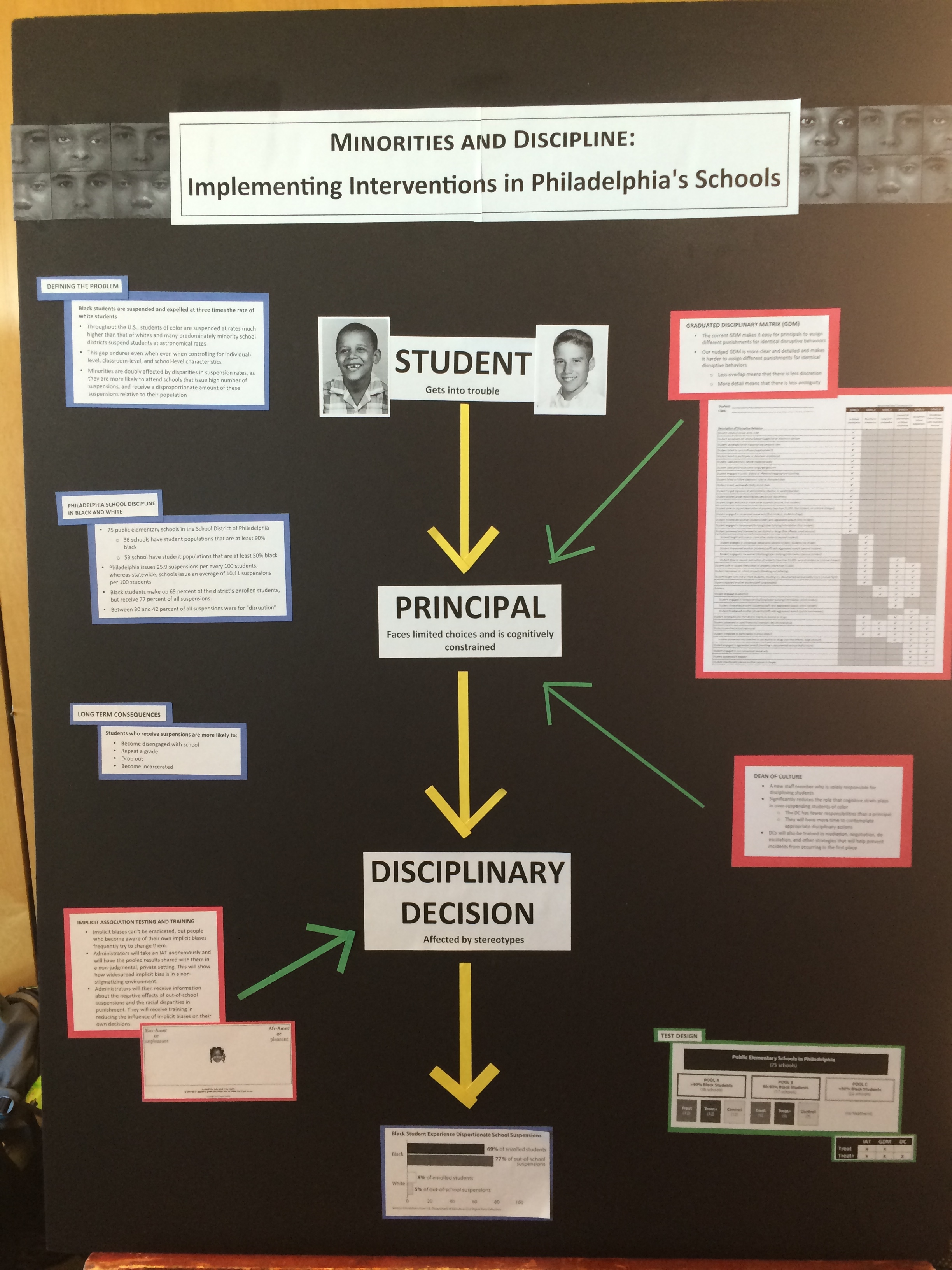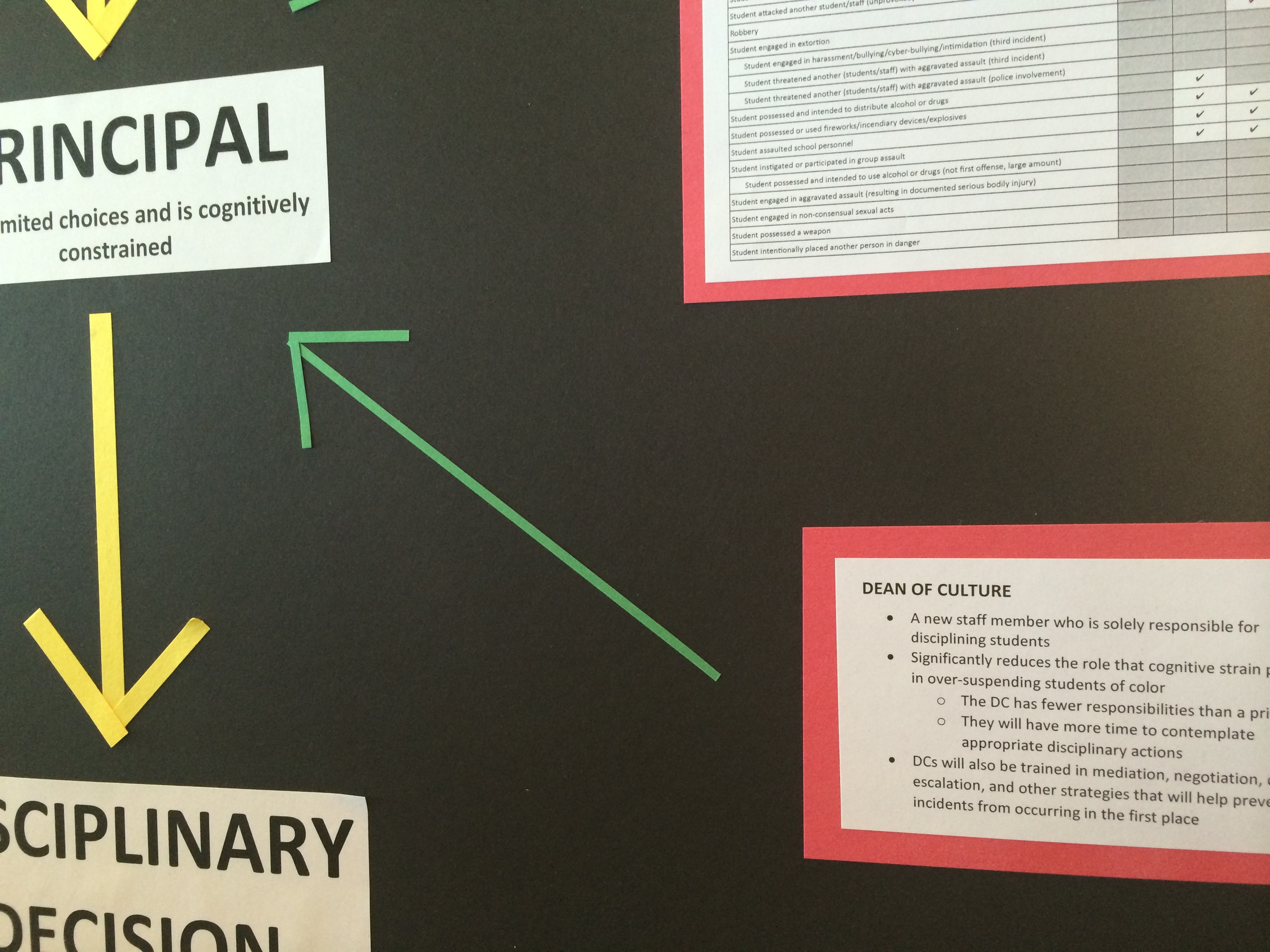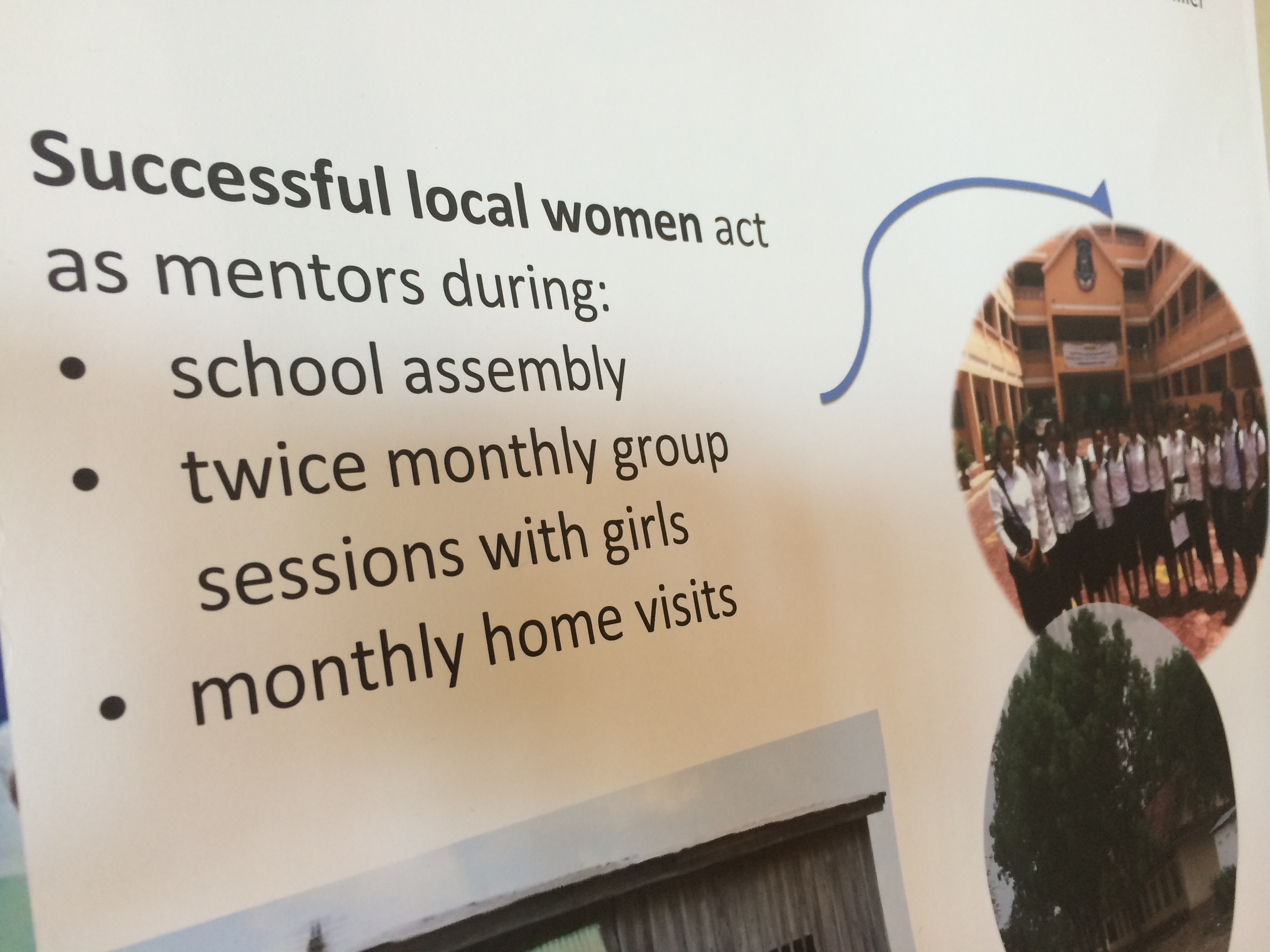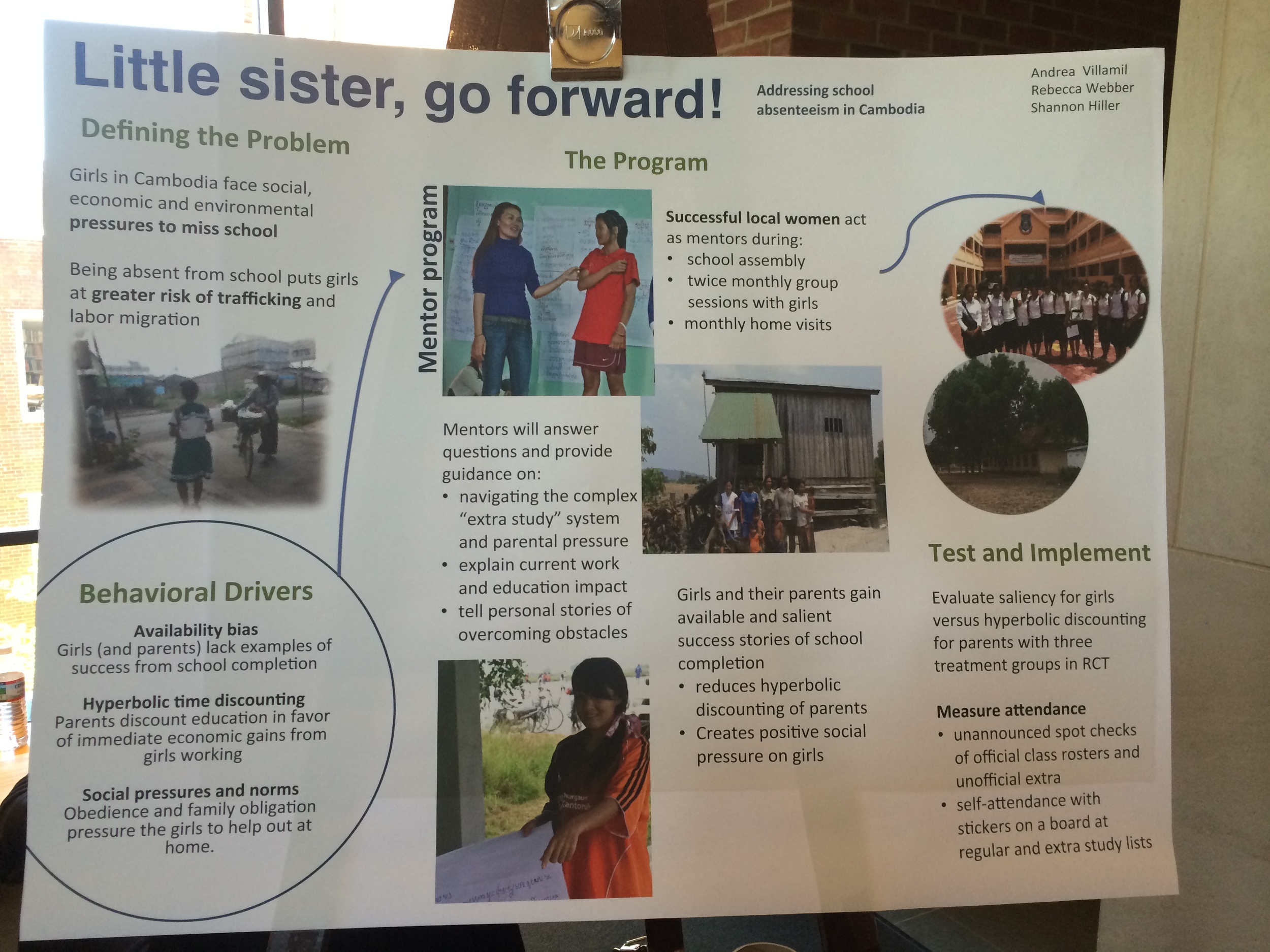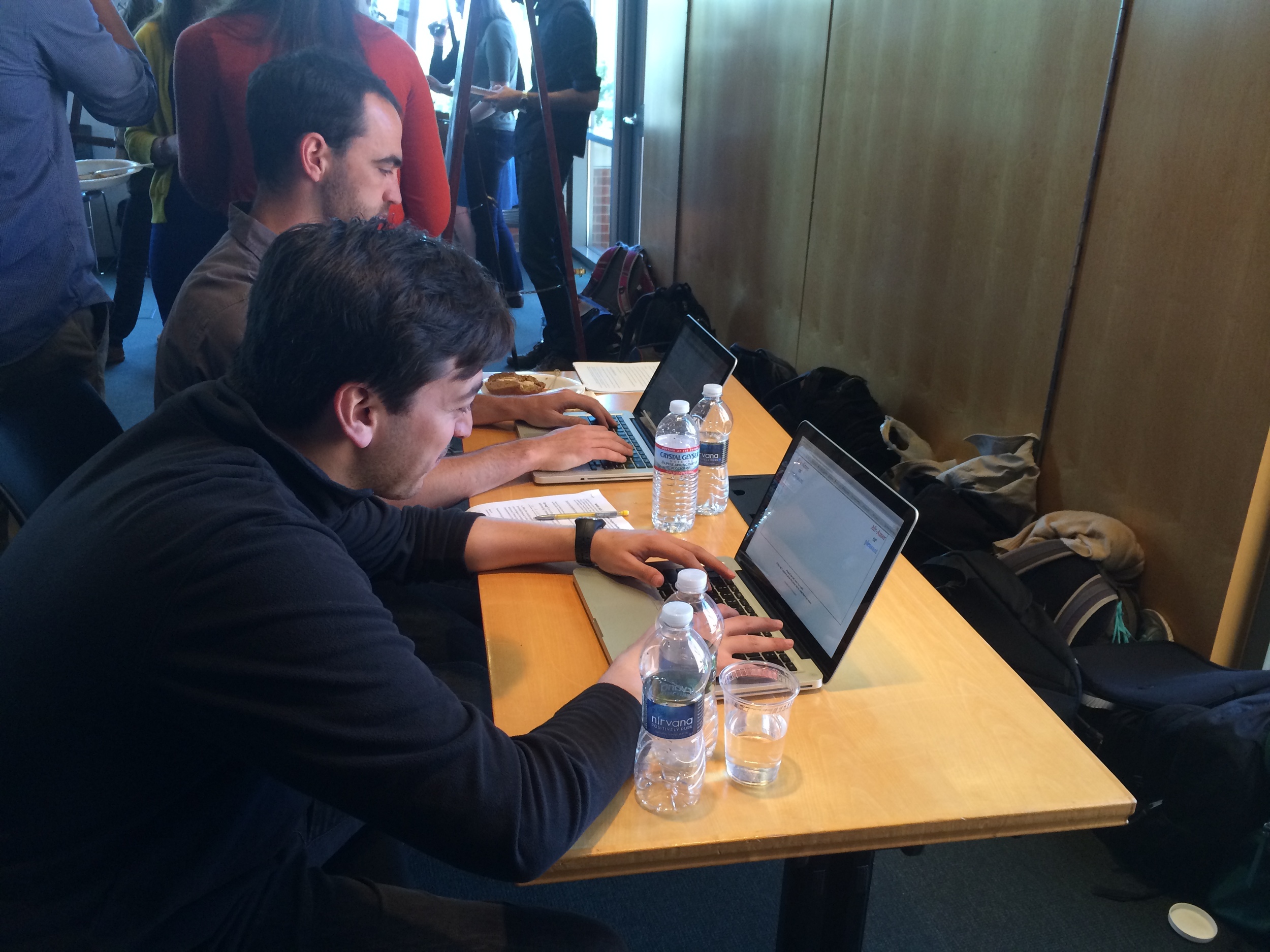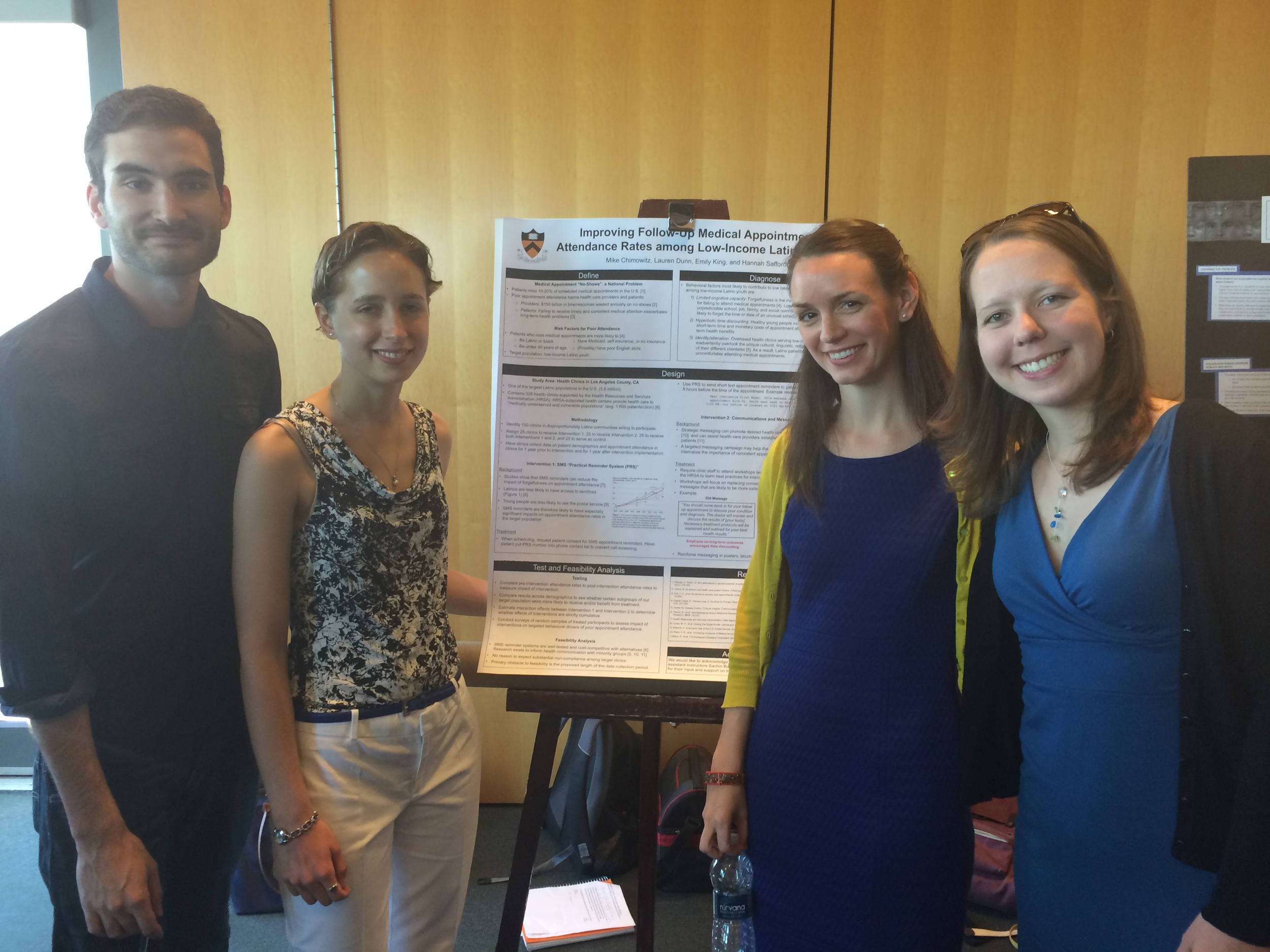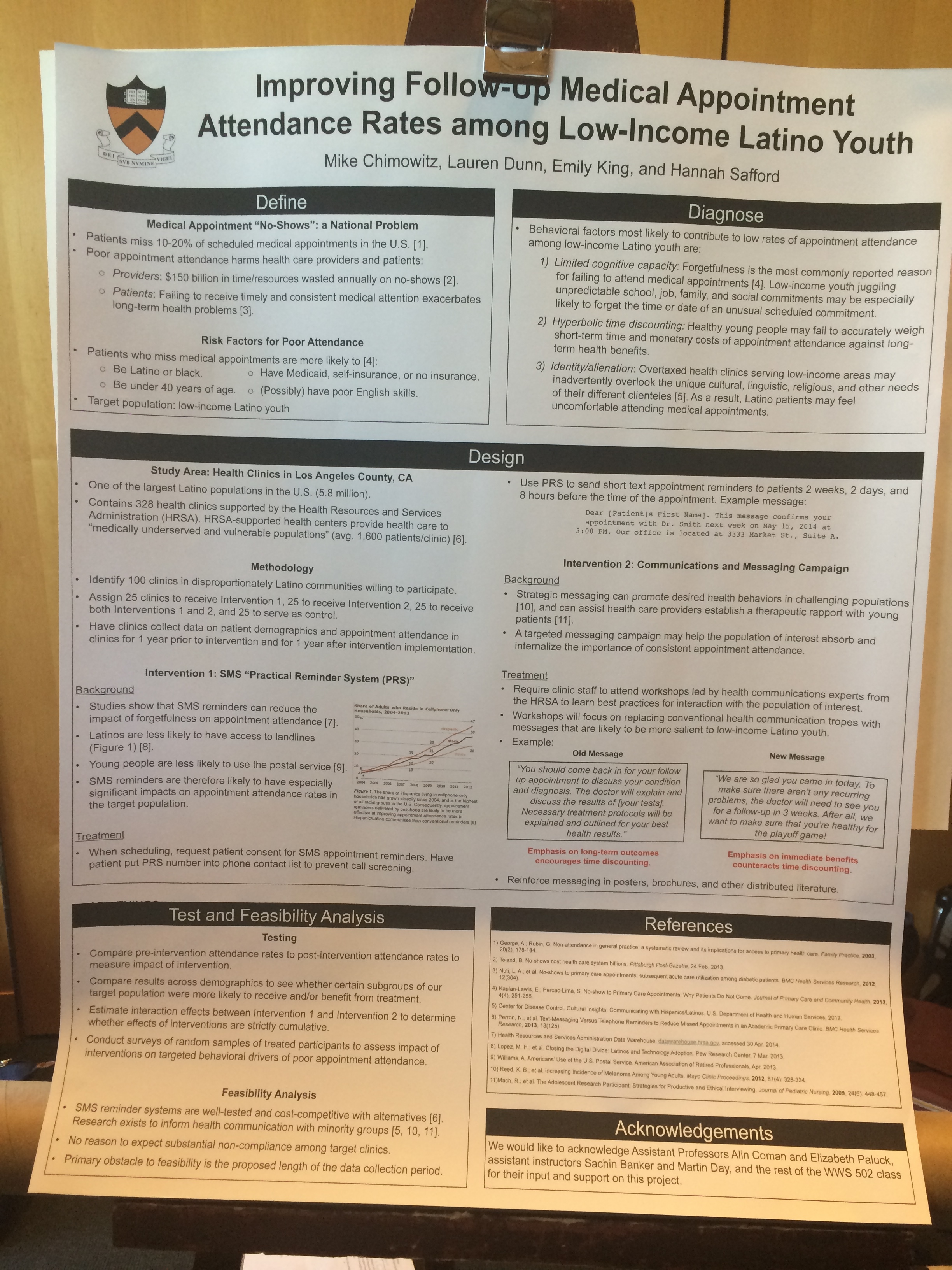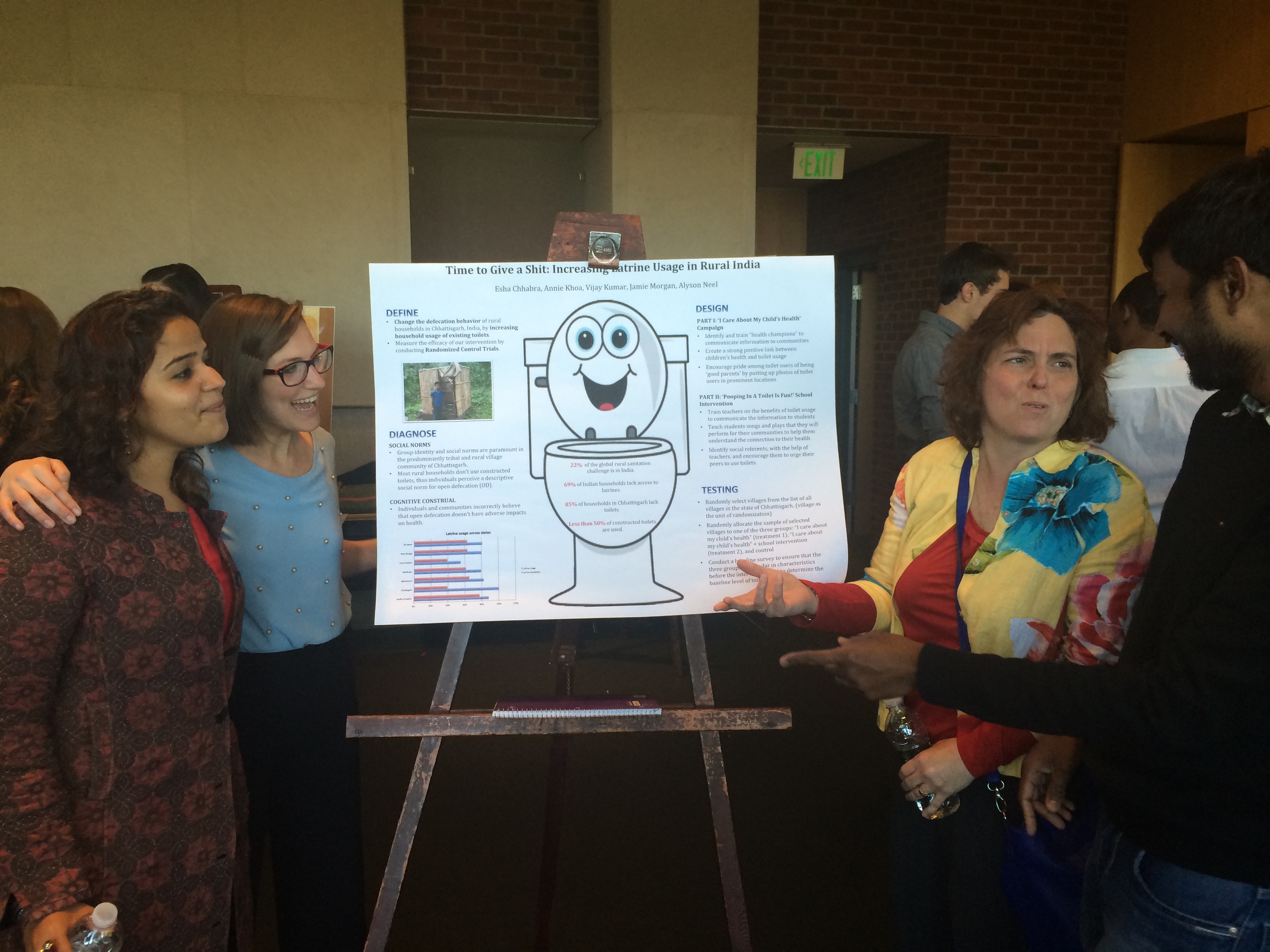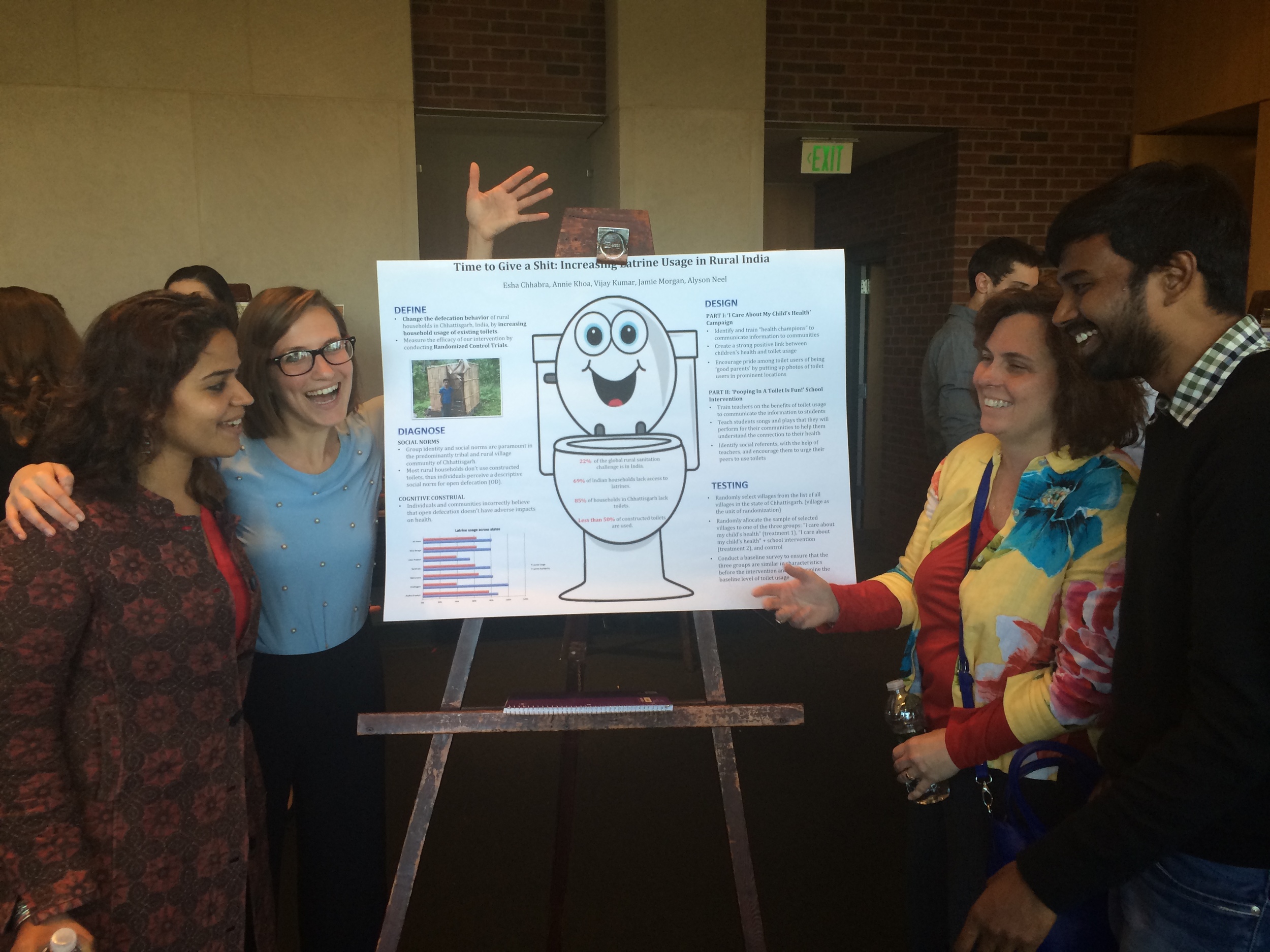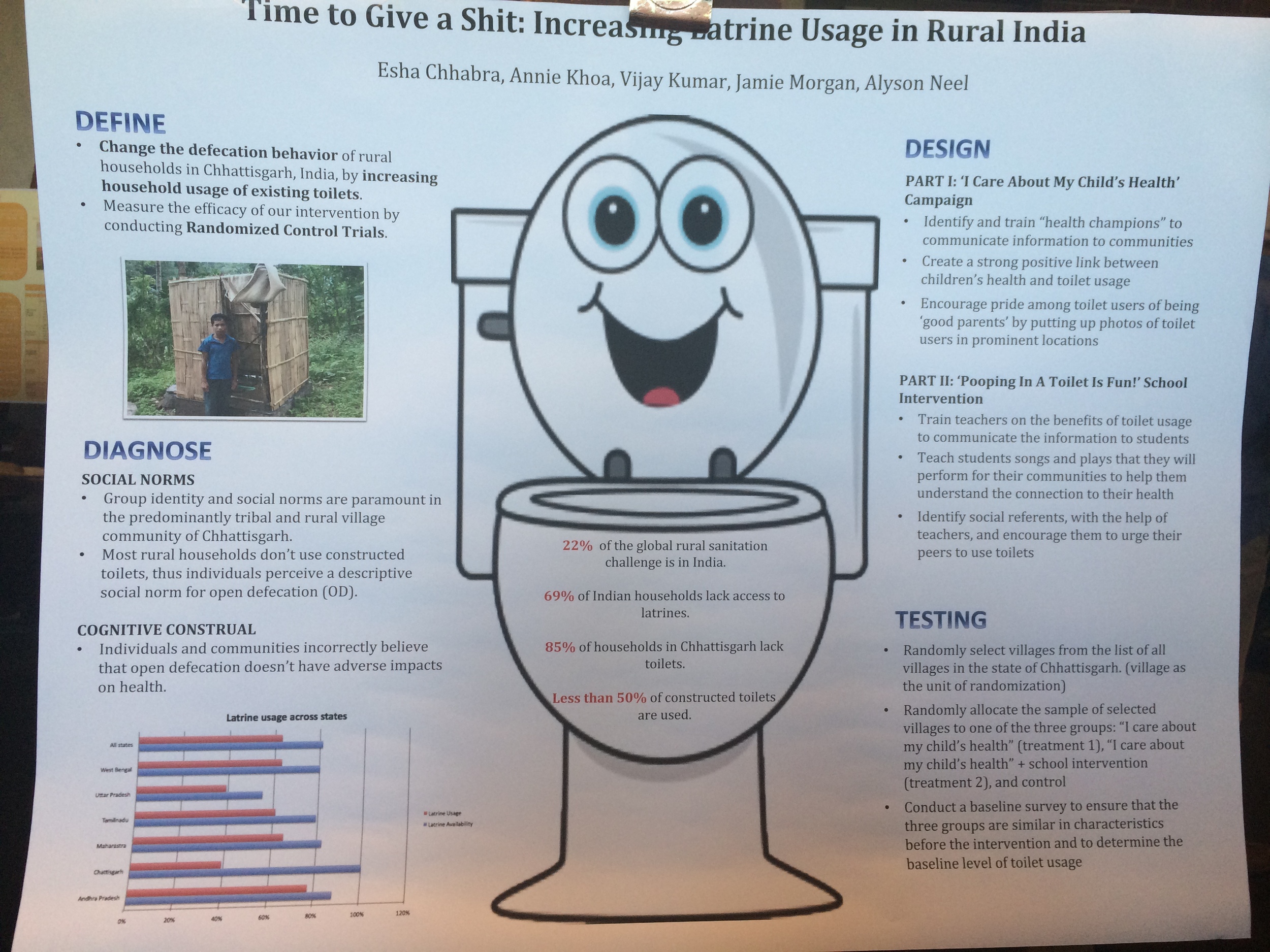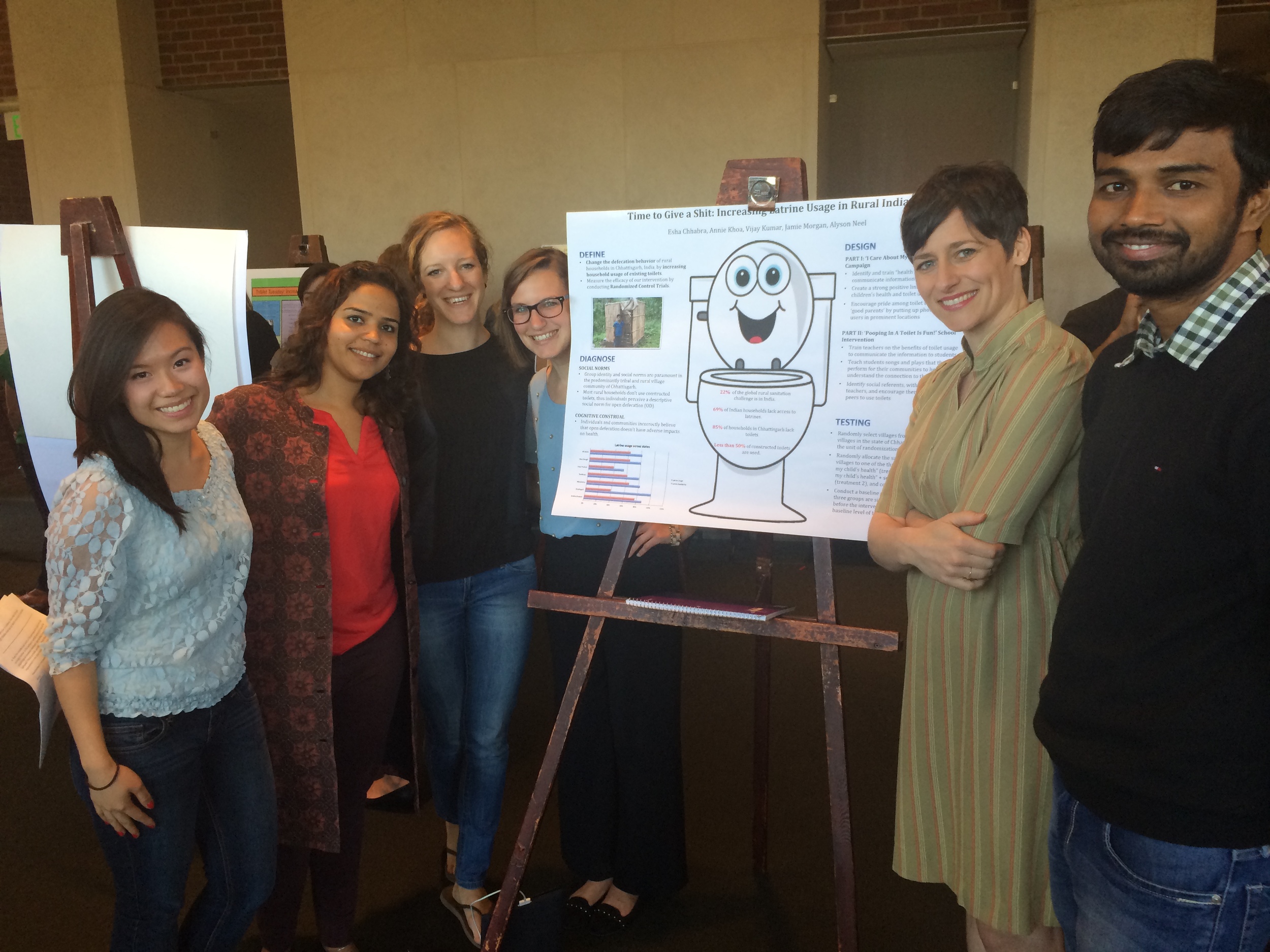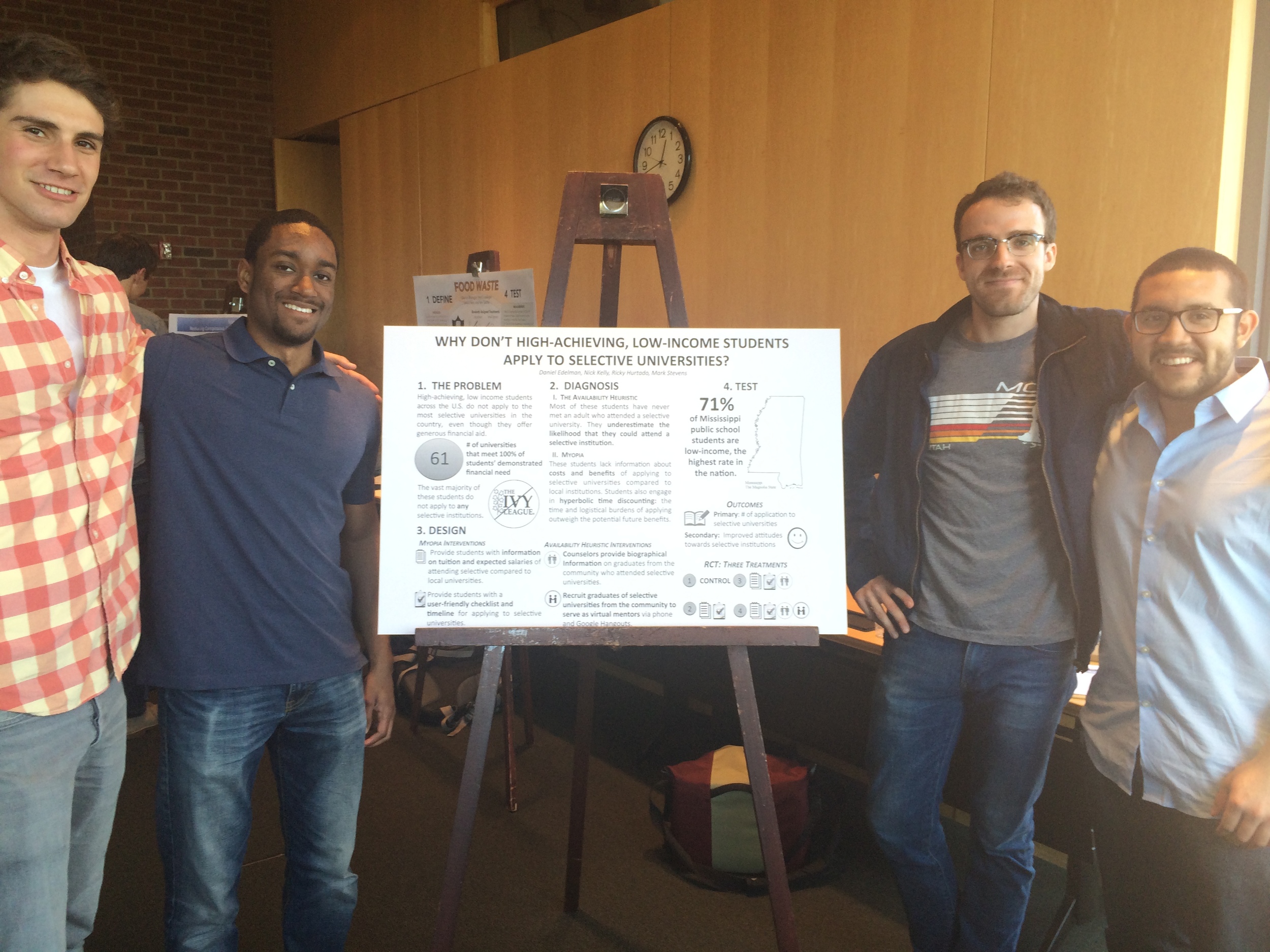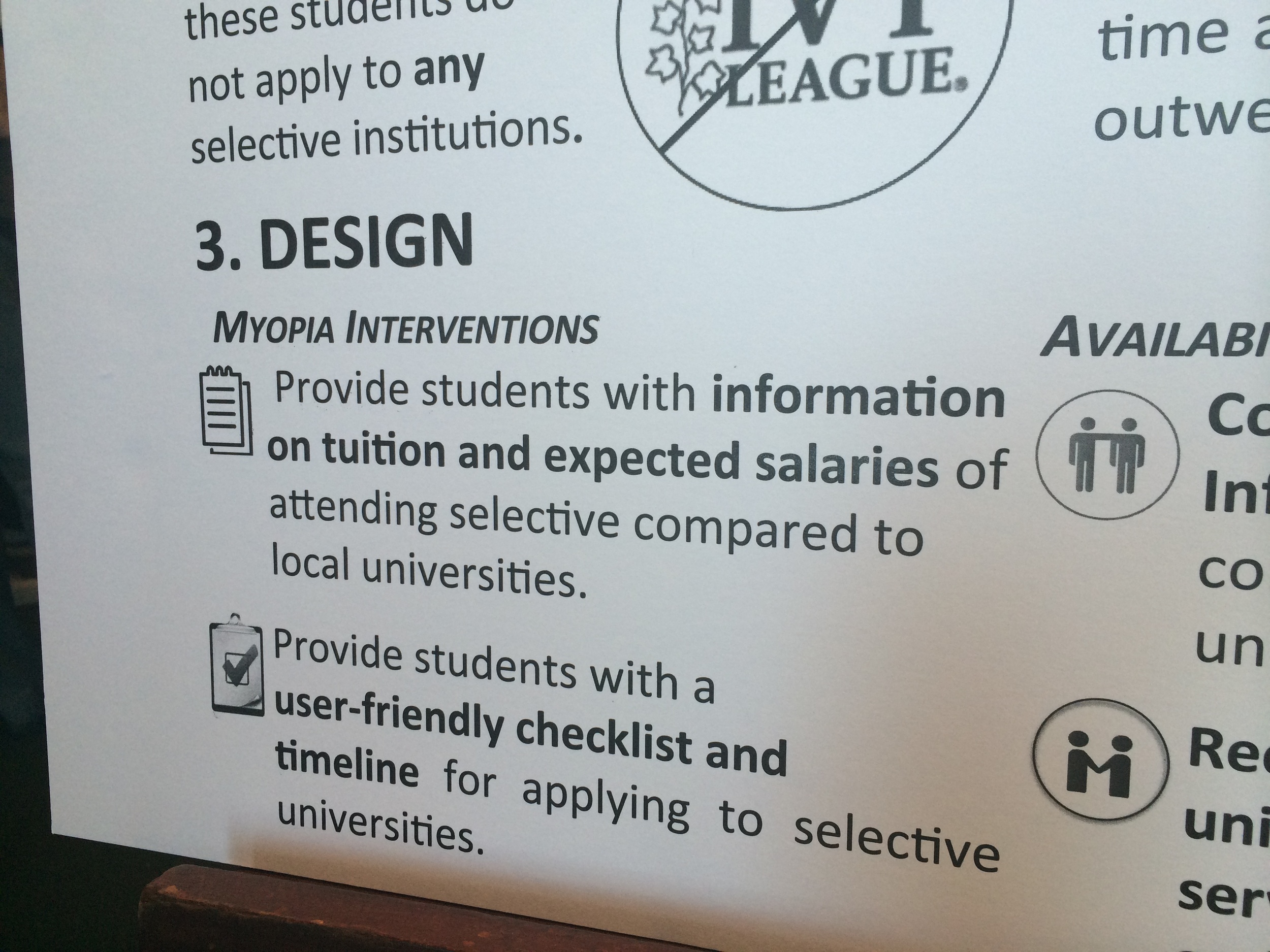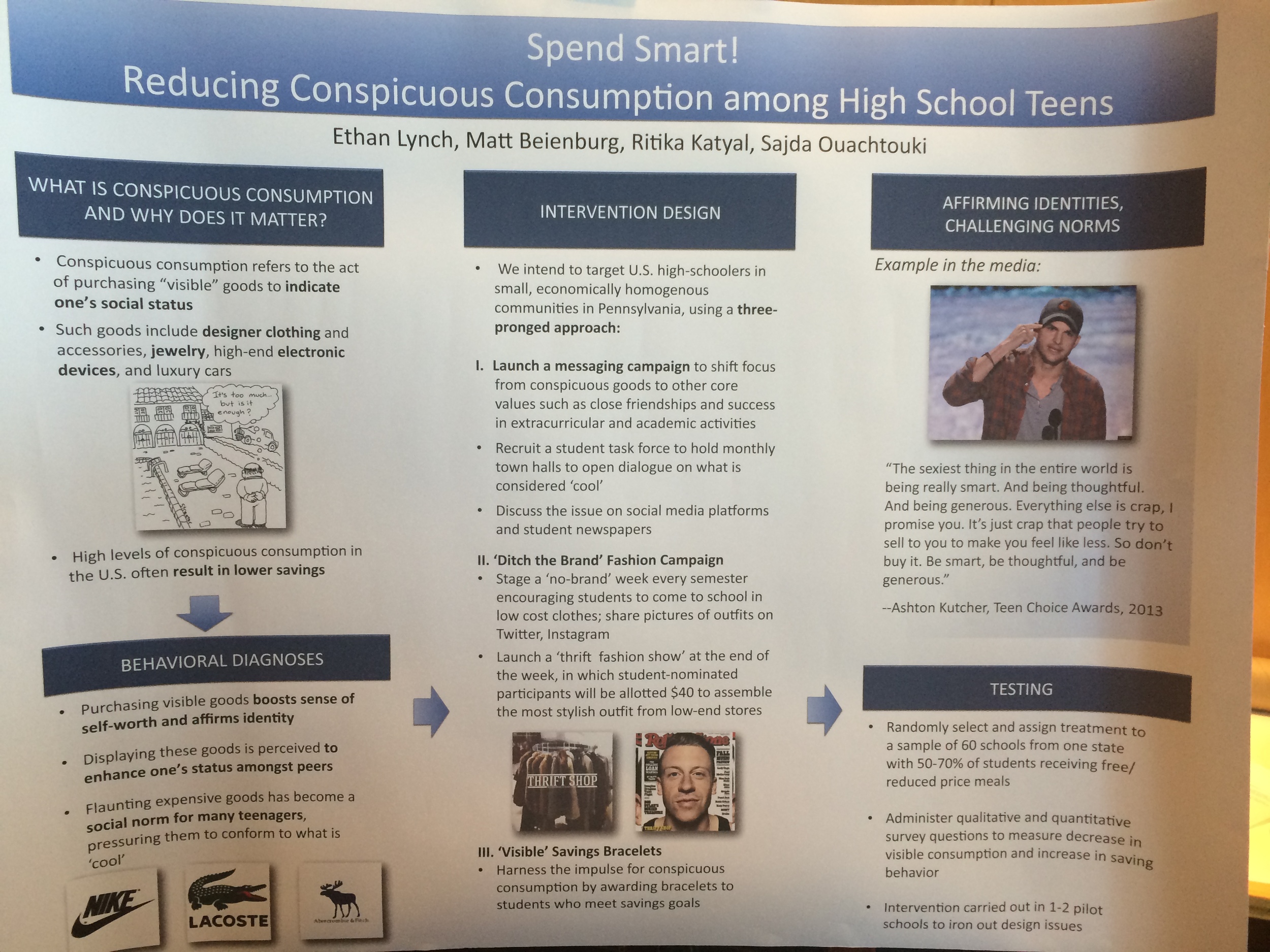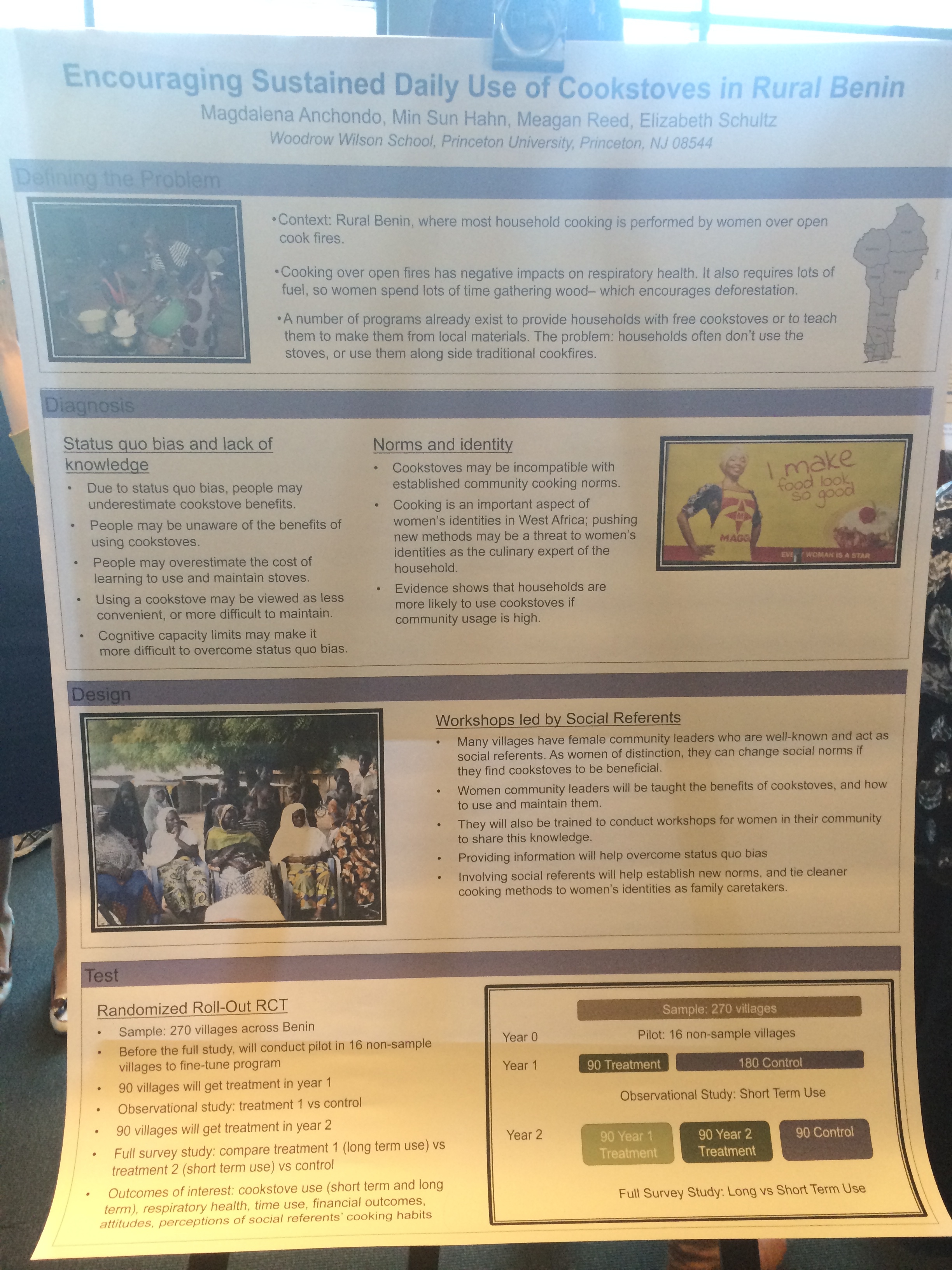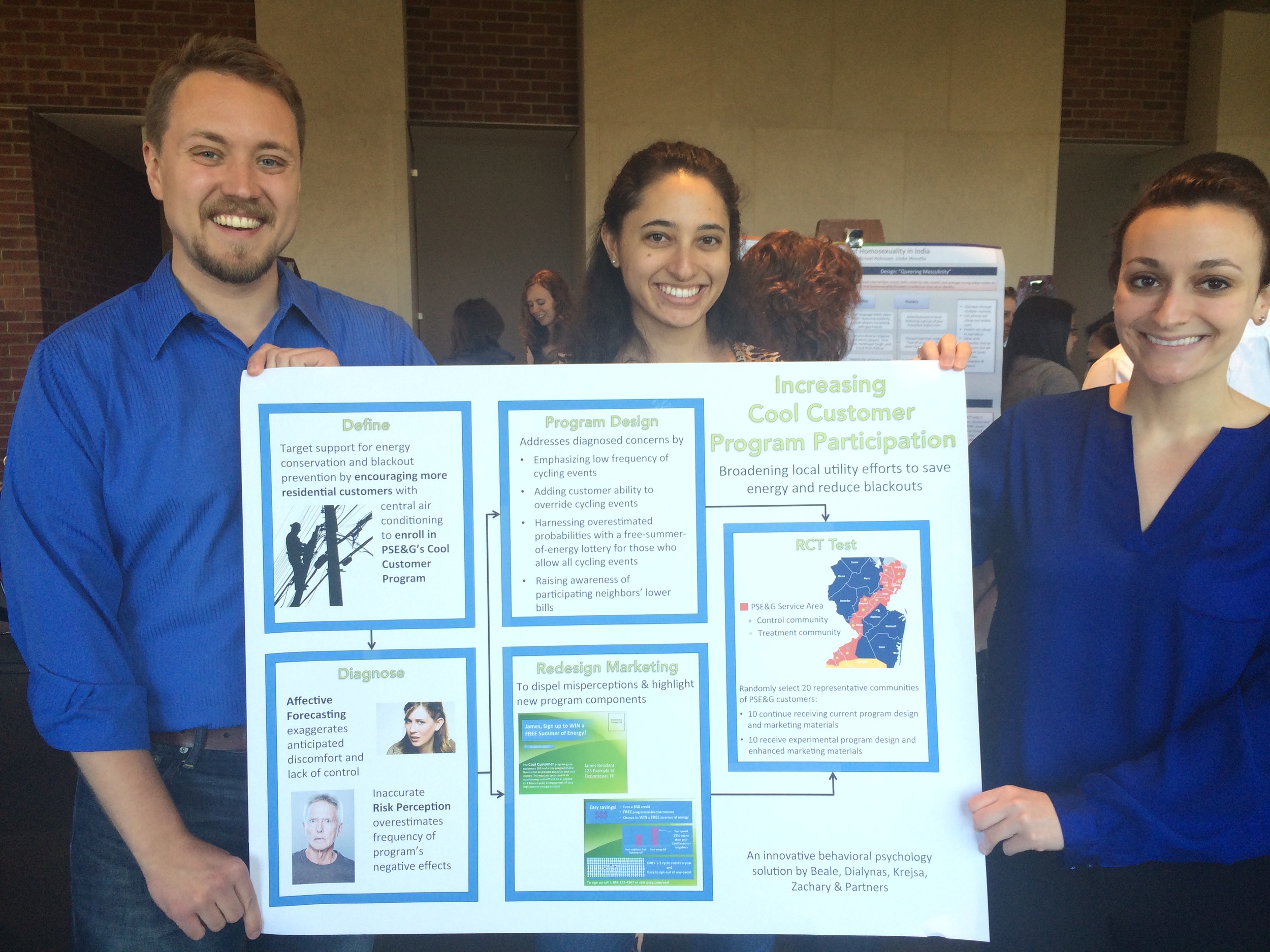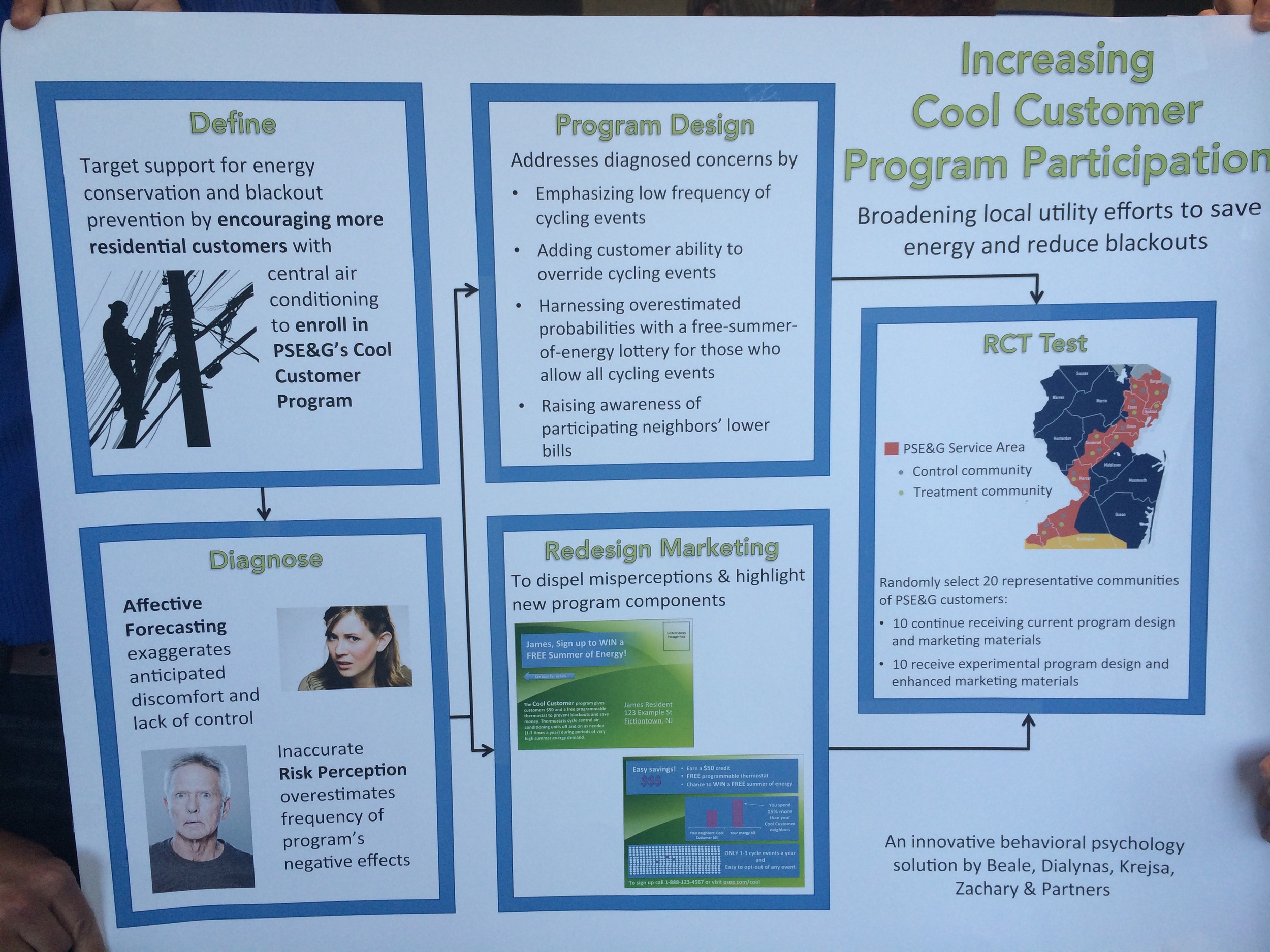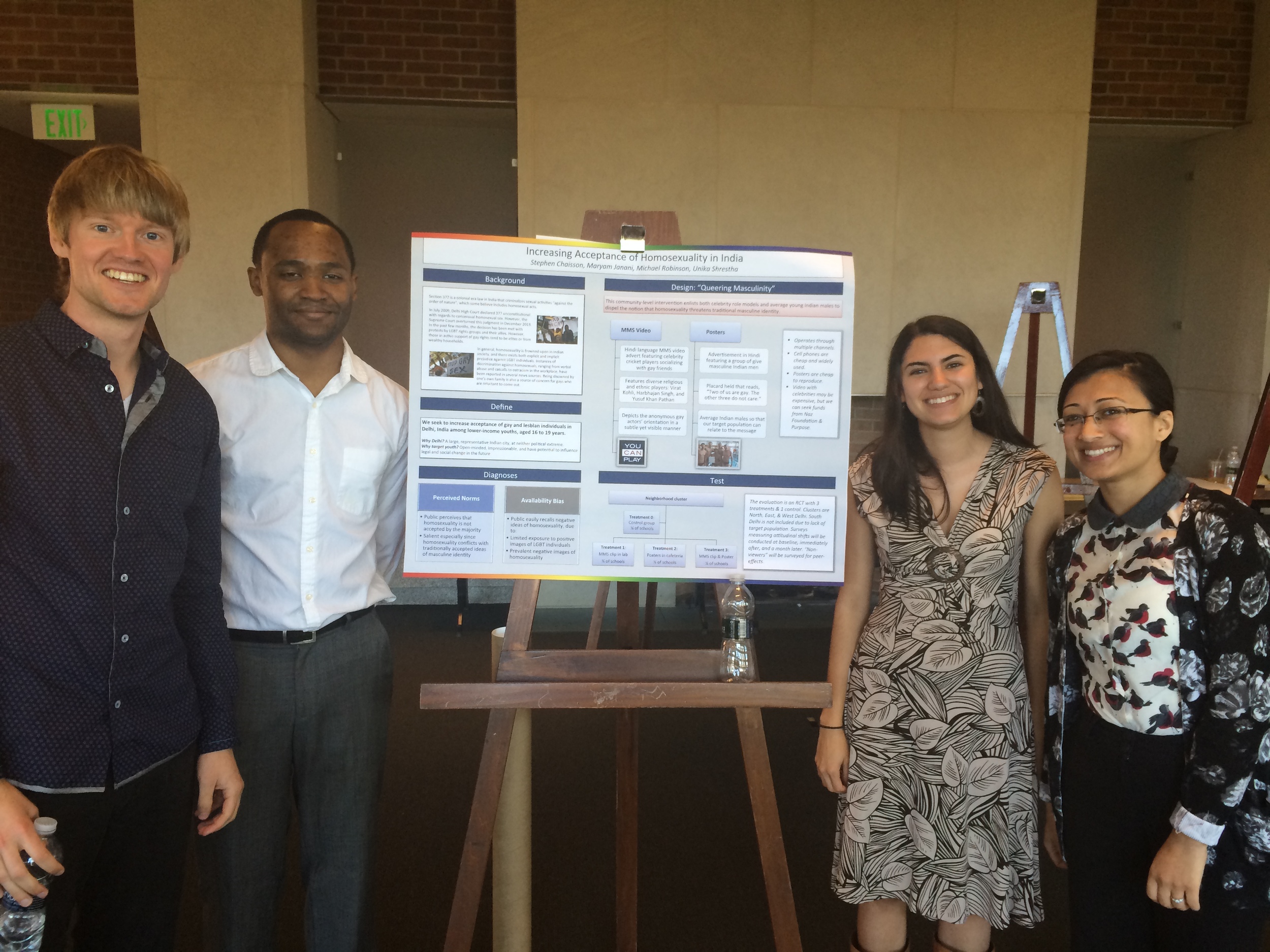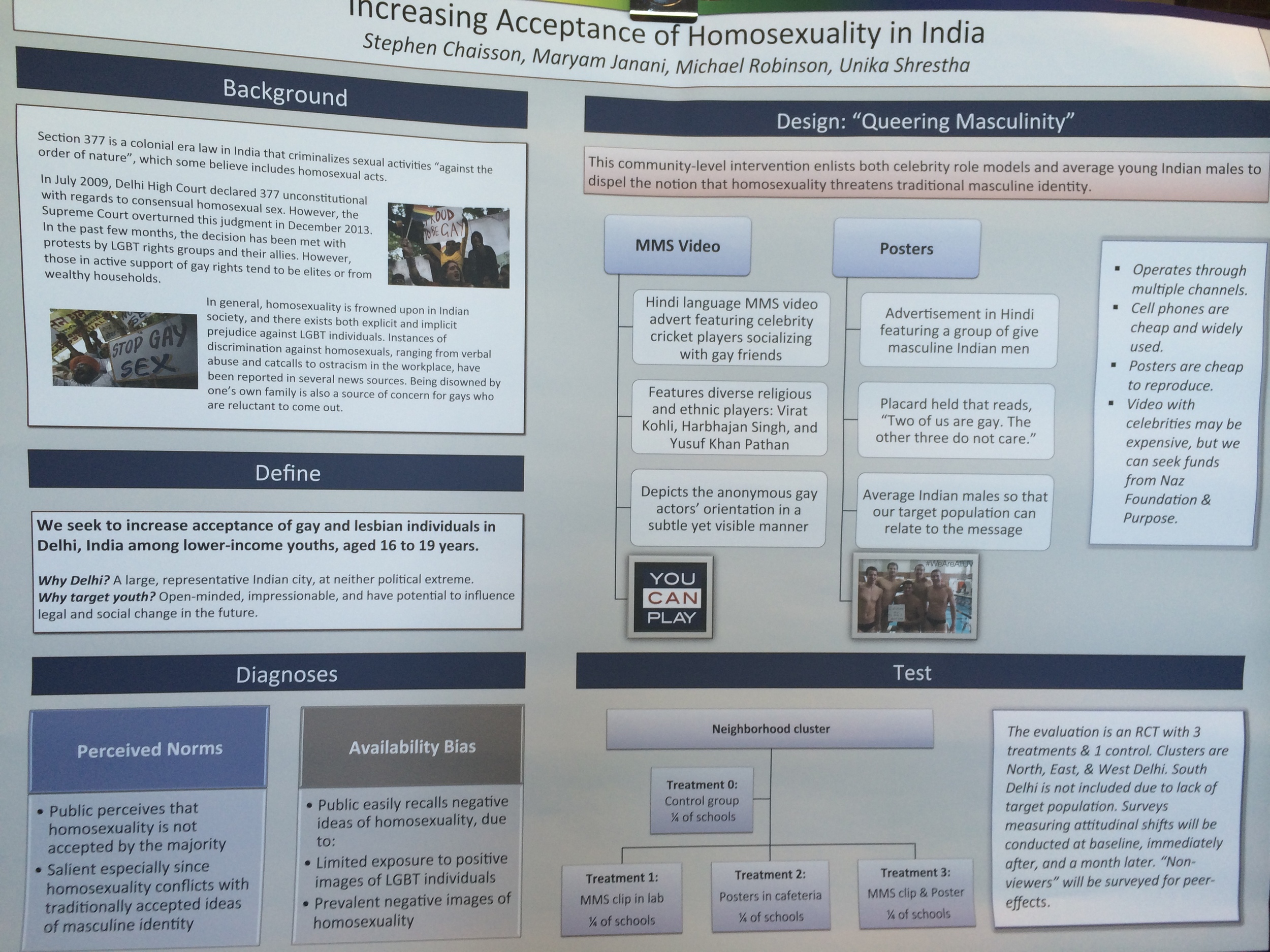Hello, I will not be reviewing PhD applicants for the 2022 round of applications (for students interested in starting grad school in 2023). I do not communicate with applicants in advance (please see my explanation of this policy below), but I do have tips on applying to Princeton, please read on!
My previous advice on applying:
If you are interested in applying, please note that this website is updated as of August 2019, and you can get a very good sense of what I am currently working on with colleagues and students by clicking on my cv and research page. I update this page with working manuscripts as soon as we are ready to share, and otherwise I list projects in progress.
If you would like more information about me beyond this website, here are a few articles about my research approach, and my work with my colleagues.
Macarthur Foundation website about me and our lab's work
I often receive emails from prospective Ph.D. applicants with requests to talk about my work and what it would be like to do research with me. As of 9-8-13, I decided to refrain from having these personal conversations in advance of reading all applications, because I do not wish to favor students who received advice about how to connect with prospective advisors or who have connections to me through my current colleagues. Before we make final admissions decisions in our department, we fly out our top candidates to visit the campus and to have one-on-one discussions with their desired mentors, graduate students, and researchers in the department. I view this as the time when the candidates and prospective mentors can have these types of conversations, to figure out whether Princeton (and my research group) would be a good fit.
Advice on applying (all advice is just my own two cents and comes from my experience of what makes a successful application): In our department at Princeton, we are especially interested in admitting students who could work with at least two members of our faculty. It's great when students bring faculty members together -- this cross-fertilization of our labs is good for social science and it's also healthy for students who are exposed to multiple research styles. In your application, be sure to specifically note which faculty members you'd like to work with and why. Many successful candidates mention 2 or 3 faculty and say why specifically they are interested in each faculty member's research. So if you are interested in what I'm up to with my lab group and would like to apply, take time to look through the websites of my wonderful colleagues as well (you won't have a hard time finding many other interesting labs!).
Advice on writing application essays: Your "personal statement" is a chance to tell the fuller story of your resume -- what your research and intellectual background has been like so far. What kinds of research and intellectual experiences have you had? What did you learn and what did that motivate you to learn next? Your "research statement" should then focus on the big ideas and questions that bring you to graduate school. These could be very different from the questions you have researched so far. This essay is where you can talk about which faculty you'd like to work with on these questions.
You can let your personality shine through as you write these essays. You can also use the personal statement as a place to mention that you've faced some challenging life circumstances, so we can get a fuller appreciation of you as a candidate. There is no one type of person or background that we're looking for; by contrast, we are explicitly seeking to build a diverse PhD class. So please do mention information about yourself that you think we should know, and make sure that the essays address the intellectual and research topics I've mentioned above.
Outside of the application process, I'm always open to requests for conversations about the topics and methods of the research we are involved with here in my lab. Please do feel free to get in touch with those types of questions.
Thank you for your interest in our research!
